Le Monde Problématique's Public Feed: Willkommen zu meiner Debattenr...
Willkommen zu meiner Debattenrundschau vom 01.07.2019!
Michael Angele, Chefredakteur der Wochenzeitung Der Freitag, hat mit dem Ethnopsychoanalytiker Hans-Jürgen Heinrichs über dessen aktuelles Buch gesprochen. „Fremdheit. Geschichten und Geschichte der großen Aufgabe unserer Gegenwart“ heißt es und um Fremdheit und deren Bedeutung für aktuelle gesellschaftliche Debatten dreht sich auch eben jenes Interview. Angesprochen werden unter anderem Selbstentfremdungsgefühle, Identitätspolitik, Mikroaggressionen, Cultural Appropriation und Fremdenhass. An einer Stelle fragt Angele in Bezug auf das Thema Mikroaggressionen, ob ein gelassenerer Umgang mit Fremdheit sich nicht positiv aufs gesellschaftliche Zusammenleben auswirken würde. Heinrichs antwortet: „Vielleicht ist das Wort ‘gelassen’ eine Klippe. So, als könne man sich zurücklehnen. Es ist aber eine Bewusstwerdung, an der man ständig arbeiten muss, und zwar alle: die sogenannten Mehrheiten und die Minderheiten, die sogenannten Einheimischen und die Hierhergekommenen, die ‘Zugezogenen’. Jeder macht ständig die Erfahrung, zu irgendetwas und irgendeiner Gruppierung nicht dazuzugehören.“ Ein weiteres Zitat des Autors verdeutlicht dessen eigene Haltung gegenüber der Fremdheit: „[…] Leben ist doch ein Umkreisen des Eigenen und des Fremden, ein beständiges Ein- und Ausschließen. Die Frage ist: Bricht man diesen offenen Prozess an einer Stelle ab (zum Beispiel wegen einer schlechten oder gar dramatischen Erfahrung mit einem Fremden), oder bleibt man in einem offenen, kreativen Transfer zwischen ‘Eigen’ und ‘Fremd’, offen für den geistigen Reichtum in der Fremdheit? […] Die Differenz ist nicht das Problem – im Gegenteil: sie ist ein Potential –, sondern die vorurteilshafte herabsetzende Bewertung des Anderen. Das ist eine individuelle Aktion, die durch ein entsprechendes gesellschaftliches Klima allererst zur Wirkung kommt.“
Jörg Scheller erläutert in einem Essay für die Neue Züricher Zeitung einen von ihm beobachteten Trend: Es gebe „Versuchungen selbsterklärter progressiver Bewegungen, zum schnelleren Erreichen ihrer Ziele unlautere Abkürzungen zu nehmen. Gemeint sind explizit alle sich als progressiv verstehenden Bewegungen, egal ob es sich um linke oder rechte, religiöse oder profane handelt.“ Eine Strategie: die Gleichsetzung von Einzelnen mit einer Gruppe, aus der es kein entkommen gebe. Scheller nennt unter anderem folgendes Beispiel: „Der Historiker Erich Keller schrieb unlängst auf Twitter, über ‘historisch kontaminierte Topoi wie Hautfarbe Gruppen zu konstruieren’, sei ‘auf allen Ebenen ein katastrophaler analytischer Rückschritt’. Eine gängige Reaktion auf solche Einwände ist der Anwurf, hier würde guter Progressismus von einem weissen Mann als Empörung des Mobs abgetan, bloss um seine Privilegien zu sichern. So umgeht man bequem die Mühen der Überzeugungsarbeit.“ Gerade in ihren Frühphasen würden progressive Bewegungen Kritik häufig als Verrat ansehen. Dabei seien kritische Fragen gerade am Anfang wichtig, so Scheller: „Dass Progressismus schnell kippen kann, wenn Offenheit sowie Checks und Balances fehlen, wenn Puristen und Ideologen das Ruder übernehmen, zeigt ein kurzer Blick in die Geschichte des Fortschritts […]“ Er schließt seinen Essay mit folgenden Worten: „Fortschrittlich sind nicht jene, die sich zur Avantgarde einer historischen Entwicklung verklären, die sie allein definieren und kontrollieren. Fortschritt ist vielmehr das Resultat kritischen menschlichen Handelns in geteilter Freiheit. Diese Freiheit setzt Offenheit gegenüber den eigenen Mängeln voraus. Gerechte progressive Bewegungen stehen deshalb vor einer besonderen Herausforderung: Sie müssen sogar sich selbst voraus sein.“
Die Epoche der Aufklärung
und ihre Fokussierung auf Rationalität und Vernunft wird in unseren Breiten allgemein als Voraussetzung für die Entwicklung liberaler Demokratien und die Anerkennung von Menschenrechten angesehen, um nur zwei wichtige Beispiele herauszugreifen. Sie ist praktisch ausschließlich positiv konnotiert und gilt als Quelle der meisten zivilisatorischen Errungenschaften der westlichen Moderne. In den letzten Jahren mehren sich allerdings die Stimmen, die sich kritisch mit den Philosophien der Aufklärung und ihren Auswirkungen auf die Gegenwart auseinandersetzen.
Ein gutes Beispiel dafür liefert die Künstlerin und Kunstpädagogin Lisi Raskin in ihrem Video “(Some of) The Mechanics of Critique”, welches auf hyperallergic.com veröffentlicht wurde. Raskin, welche den Fachbereich Skulptur an der Rhode Island School of Design leitet, beschäftigt sich darin mit dem Format der Arbeitsbesprechung („Critique“) an Kunsthochschulen, welches ihrer Auffassung nach stark von der Philosophie des Empirismus geprägt sei, also von der Vorstellung, dass das Erlangen von Wissen bzw. Erkenntnis primär auf der sinnlichen Wahrnehmung basiere. Raskin einleitende These: der Empirismus wurde von seinen Vertretern (genannt werden George Berkeley, David Hume und John Locke) dazu verwendet, deren politische und gesellschaftliche Ziele durchzusetzen, so z.B. die Legitimierung der Sklavenhaltung und der Durchsetzung der Vorstellung von der Überlegenheit der weißen Rasse. Critique, basierend auf empirischen Grundannahmen, vernachlässige also alle Informationen, die nicht dem Gegenstand der Betrachtung selbst entnommen werden könnten. Zudem seien alle Ideen, welche der Empirismus hervorgebracht habe, unsichtbarer Teil jeder Diskussion, also auch Kolonialismus und all dessen Ungerechtigkeiten, Ausbeutungsstrukturen und Denkmuster. Ich empfehle sehr das komplette Video zu sehen, vermittelt es doch sehr anschaulich und kompakt die Theorien der Autorin.
Im begleitenden Text spricht Raskin über den Verlauf ihres eigenen Erkenntniswegs, welcher sie über einen antirassistischen Workshop zu der Einsicht führte, dass Rassismus keine externe Struktur sei, sondern eine innere, welche häufig unbewusst existiere. Seit dem versuche sie sich an einer „Dekolonialisierung“ der künstlerischen Lehre, was vor allem bei ihren KollegInnen auf wenig Verständnis gestoßen sei. Sie beschreibt ihr Dilemma folgendermaßen: „It’s a hell of a problem to try and figure out how to decolonize higher education, without allies, and when you understand that your own consciousness is part of the colonial project.“
Raskin erwähnt in ihrem Text den Interview-Film „The Room of Silence“, in dem queere, transsexuelle oder nichtweiße Studentinnen und Studenten der Rhode Island School of Design über negative Erfahrungen berichten, welche sie in Klassengesprächen oder in Gesprächen mit Lehrpersonal gemacht hatten. Hier kann man sich den Film von Eloise Sherrid ansehen. Ebenfalls sehr empfehlenswert, erfährt man doch (unter anderem) viel über die Widersprüche und Probleme einer künstlerischen Lehre, welche auf identitätspolitische Fragestellungen in der Kunst nicht vorbereitet zu sein scheint.
Kulturelle Differenzen sollten als etwas Positives und Bereicherndes gesehen werden – diese Meinung vertritt auch Daghild Bartels in ihrem Artikel für die NZZ über die Länderpavillons der Biennale in Venedig. Seit Jahren lese und höre man Klagen über den Anachronismus dieser Ausstellungsstruktur, welche in unserer globalisierten Gegenwart keine Existenzberechtigung mehr habe, so die Autorin. Nationale Unterschiede würden heutzutage keine Rolle mehr spielen – das sei die Position der Kritiker. Bartels ist da ganz anderer Meinung: „[…] Themen und Sujets, welche von Künstlern der unterschiedlichen Kontinente bearbeitet werden, speisen sich immer aus deren Herkunft und Kultur. Ein Ai Weiwei reüssiert zwar auf internationalem Parkett und lebt in Berlin, doch seine Kunst hat stets einen chinesischen Input.“ Die Autorin weiter: „Wenn Museen jetzt ‘Weltkunst’ in ihre Sammlungen integrieren wollen, meinen sie nicht sogenannte globale Kunst, sondern eben exakt die Differenzen, die aufgrund der unterschiedlichen Kulturen auch die Kunst dieser Regionen imprägnieren.“ Bartels Argumentation wirkt prinzipiell plausibel, allerdings wird nicht ganz klar warum die Feier kultureller Differenzen ausgerechnet unter nationalstaatlichen Labels stattfinden sollte. Die von ihr verteidigten Länderpavillons bräuchte es dafür überhaupt nicht.
Philipp Ruch, der Gründer des Kollektivs „Zentrum für Politische Schönheit“, hat einen Kommentar verfasst, in welchem er Außenminister Heiko Maas’ Aufruf kritisiert, für die Demokratie und gegen Rechtsextremismus auf die Straße zu gehen. Hintergrund war der Mord an dem Kasseler Regierungspräsidenten Walter Lübcke, welcher Anfang Juni von einem Rechtsradikalen getötet wurde. Im Tagesspiegel schreibt er: „Wenn eine Regierung die eigene Bevölkerung zu ‘Demos’ aufruft, damit sie selbst endlich handelt, dann läuft etwas verdammt schief. […] Ich will mich bei der Bekämpfung des Rechtsextremismus nicht gegen Straßenproteste aussprechen. Gerade in den rechten Hochburgen sind sie lokal enorm wichtig und mutig. Ich bin vielleicht der erste, der eine Demo im Berliner Regierungsviertel organisieren wird. Aber sicherlich nicht auf Geheiß einer Regierung, die jede Aufklärung des NSU behindert und jedes Mal still, schweigend und tatenlos zugesehen hat, wie andere die Akten schredderten oder für 120 Jahre sperrten. Wer hier die Demokratie schützen muss, ist die eigentliche Frage.“
Nach dem Dercon-Desaster gibt es seit einigen Wochen einen neuen Leiter der Berliner Volksbühne: René Pollesch wird ab 2021 Intendant des berühmten Theaters. Kolja Reichert hat mit Pollesch ein sehr schönes Interview geführt, welches die FAZ veröffentlicht hat.
In den vergangenen zehn Jahren wurden in China tausende neue Museen errichtet, häufig in Form spektakulärer Landmarks. Wie Wade Shepard in seinem Artikel für das Forbes Magazine berichtet, würden viele von ihnen kaum oder sogar gar nicht benutzt, würden also teilweise oder vollständig leer stehen. Die Gründe für diesen auf den ersten Blick kuriosen Umstand sind so vielfältig wie interessant. Sie lägen unter anderem in den städtischen Finanzierungsstrukturen als auch schlicht im Mangel an Ausstellungsstücken, welcher auch eine Folge der systematischen Zerstörungen während der Kulturellen Revolution sei.
In Klagenfurt sind gerade die Tage der deutschsprachigen Literatur zu Ende gegangen, eine der wichtigsten Literaturveranstaltungen im deutschsprachigen Raum, auf dem unter Anderem der Ingeborg-Bachmann-Preis verliehen wird. Der Schriftsteller Joachim Lottmann hat für die Welt eine polemische Abrechnung über die diesjährige Ausgabe des Festivals geschrieben. Polemik: immer gerne, aber bitte nicht so. Wer als Schriftsteller einen Verriss eines bekannten Literaturwettbewerbs schreibt, der sollte dies mit einem Mindestmaß an Sprachgewalt und Scharfsinn tun, sonst wird die Sache schnell peinlich. Leider hat sich Lottmann hier schön selbst ins Knie geschossen – sein Text wirkt wie das Produkt eines greisen Unverständnisses gegenüber den Themen der Gegenwart, voll lahmer Pauschalurteile und durchtränkt von der Grantigkeit eines Wutbürgers, der überall nur noch Genderwahnsinn und Quotendiktatur wittert. Kleine Kostprobe: „Vierzehn AutorInnen, die meisten natürlich Frauen, sieben Juroren. Banale Texte, überbordende Erklärungen. Das Wort ‘banal’ ist vielleicht unpassend für Wortschnitzereien, die in jedem Satz acht verschiedene Bedeutungsebenen haben. Aber ihre Wirkung ist banal, nämlich ein tönendes Nichts. Es sind Texte, die allesamt nicht für Käufer von Büchern gedrechselt werden, sondern für die Bachmann-Juroren. Schon die Teilnahme an dem vom Fernsehen live übertragenen Wettbewerb garantiert eine Karriere als lesereisende SubventionsschriftstellerInnen. Über tausend weitere Literaturpreise warten auf die neuen Kandidaten, Stipendien, Dorfauftritte. Oder zeitgemäß ausgedrückt: eine feine Identität.“
Johannes Bendzulla

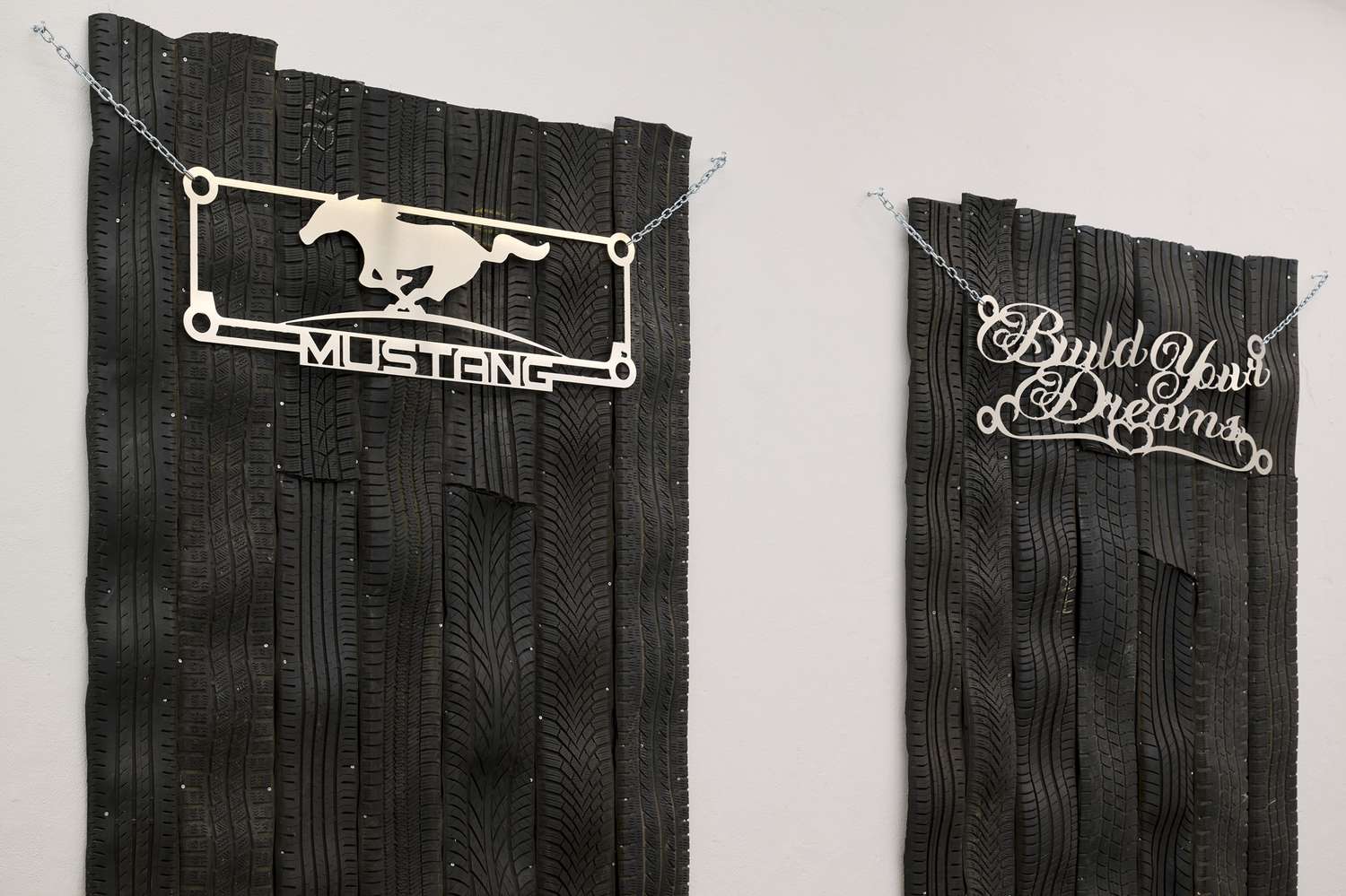
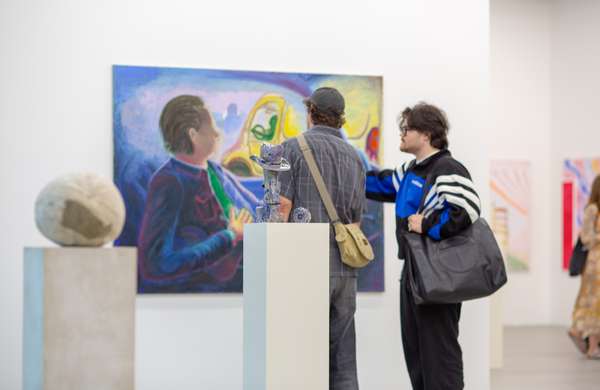


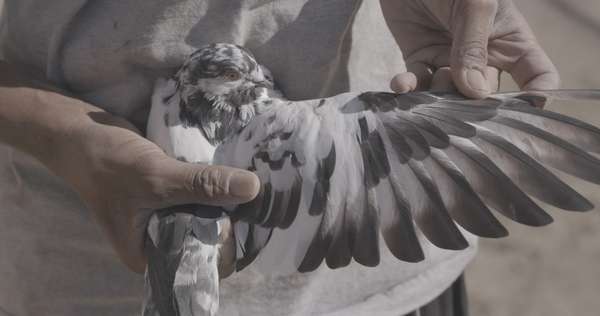
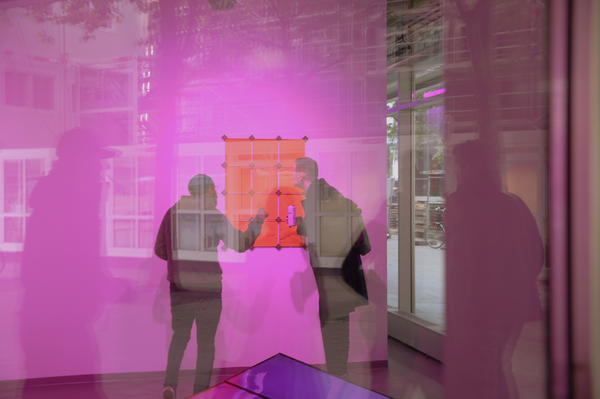
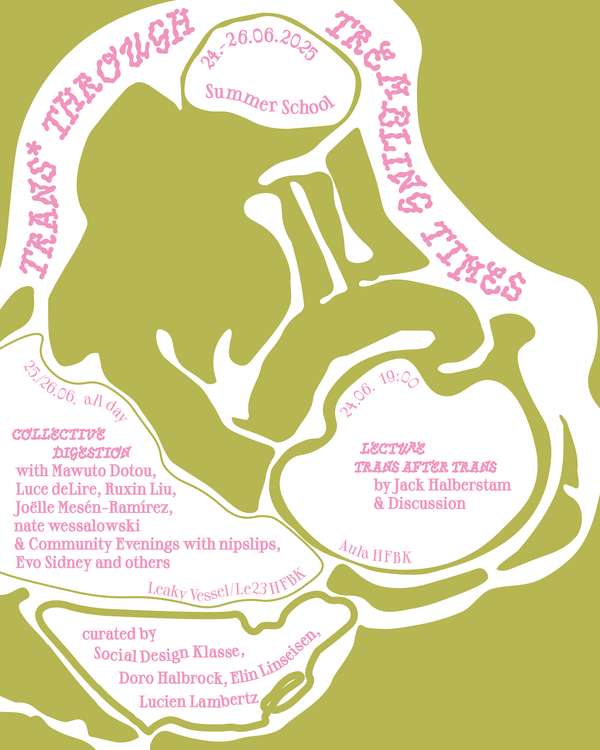
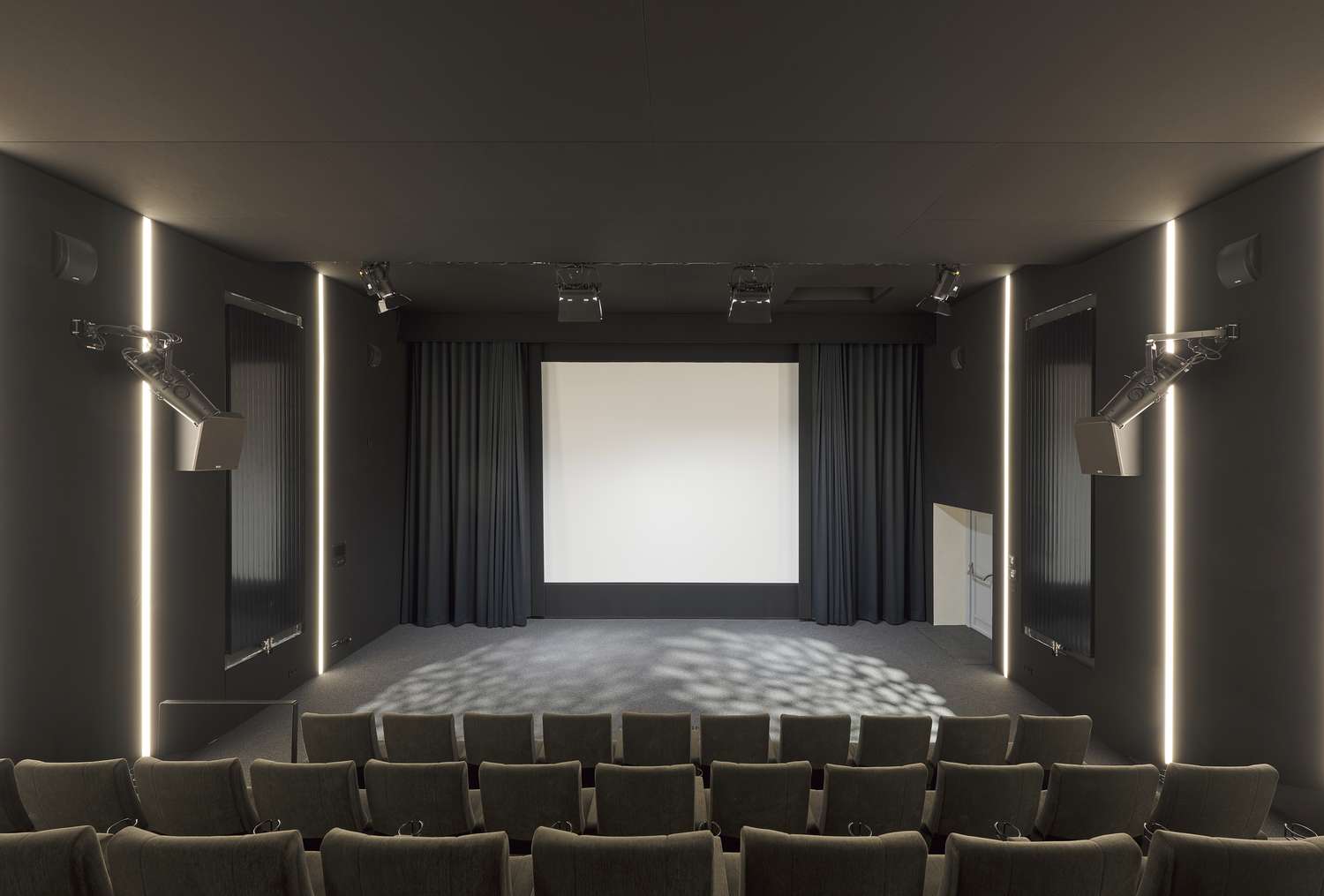
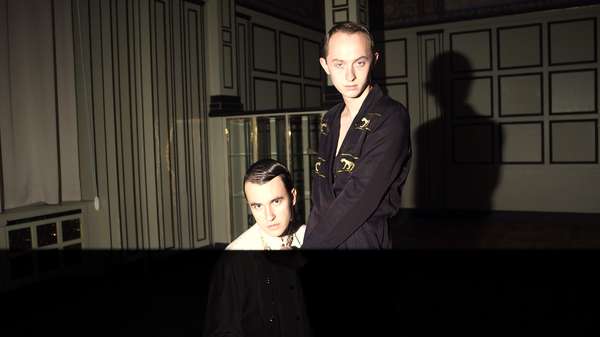
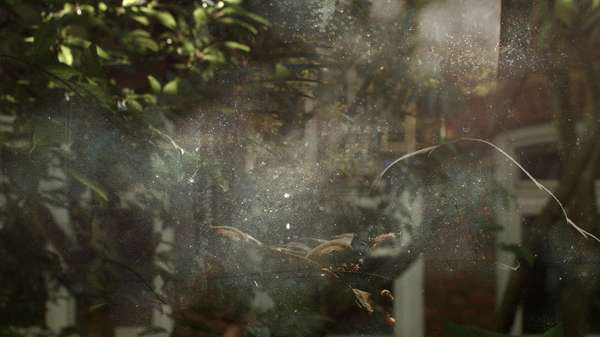
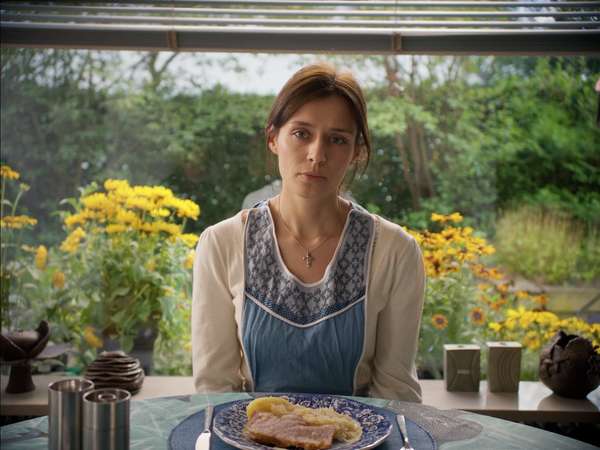
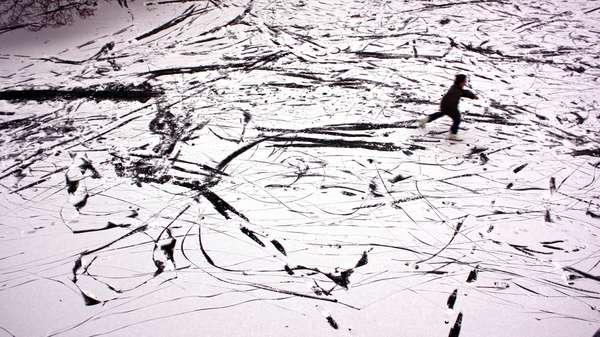
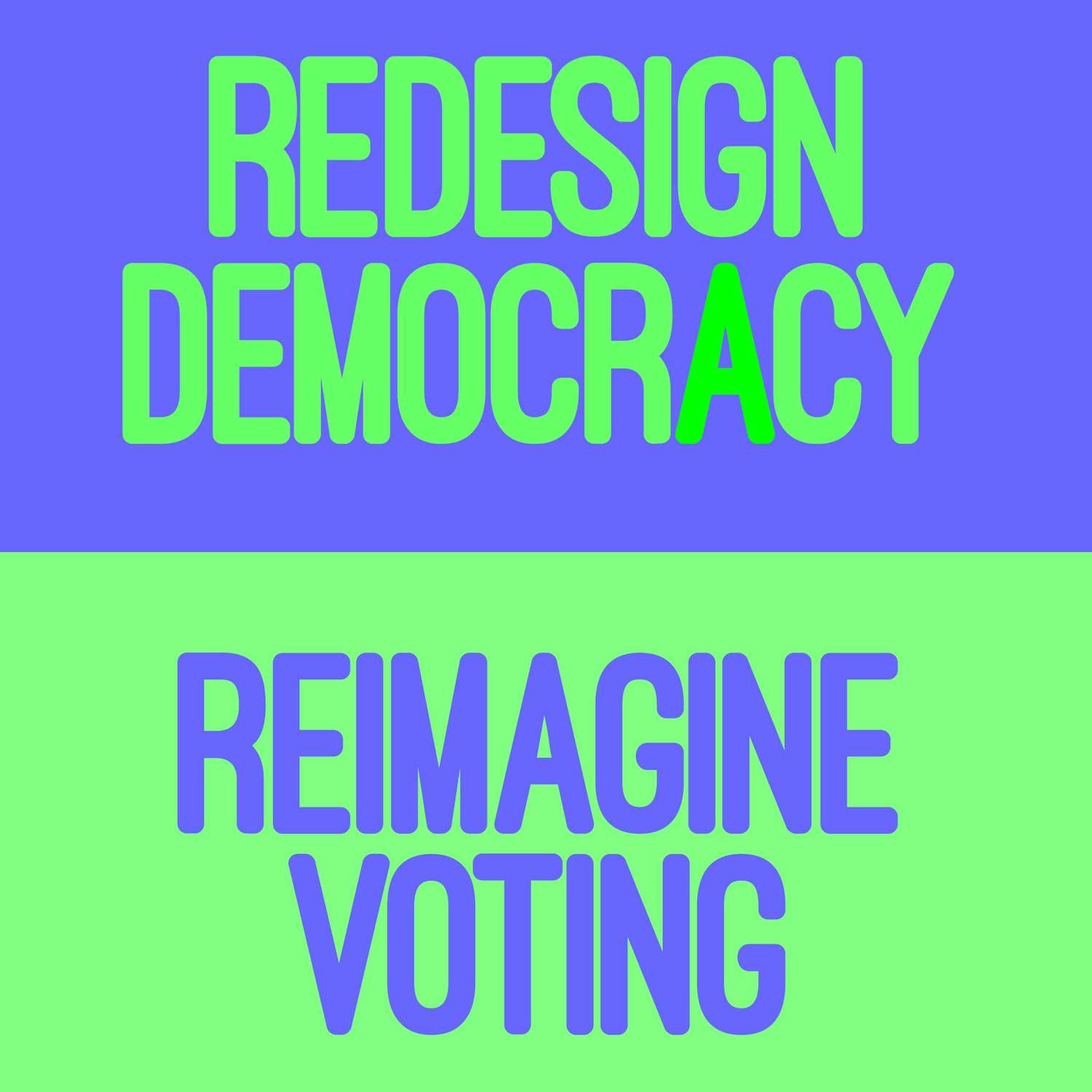
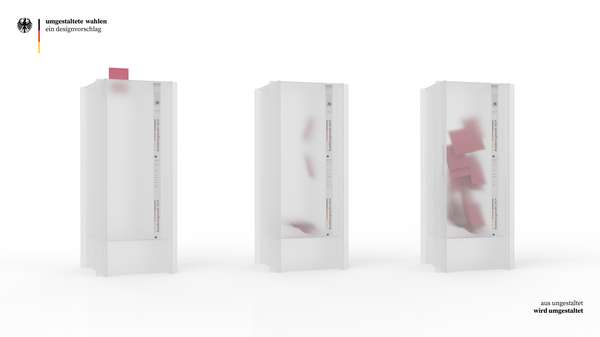
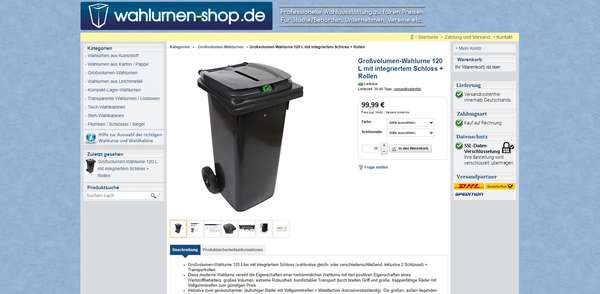
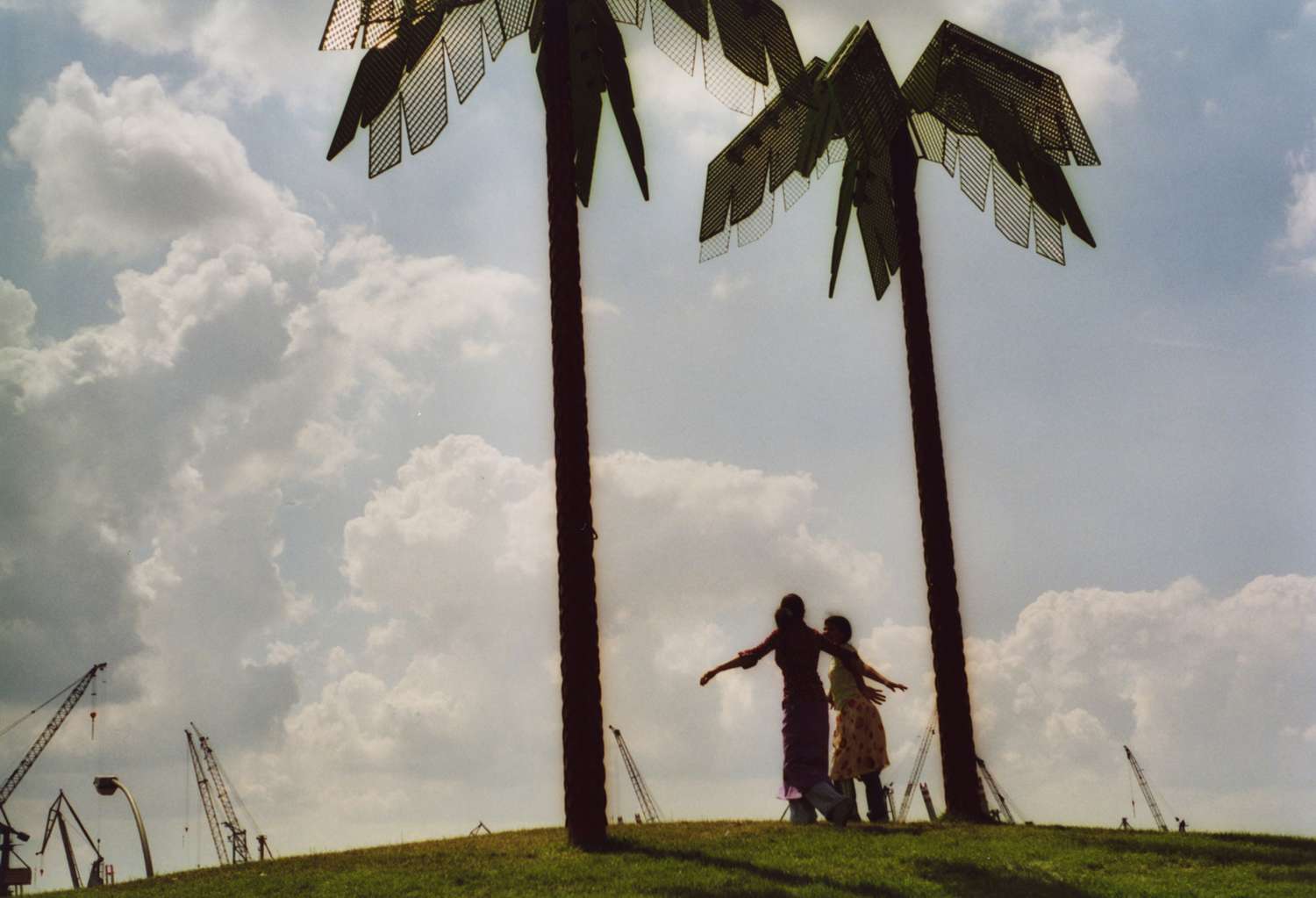
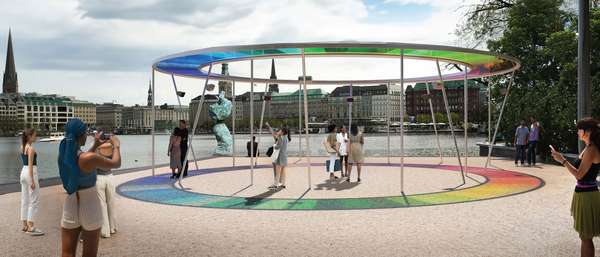
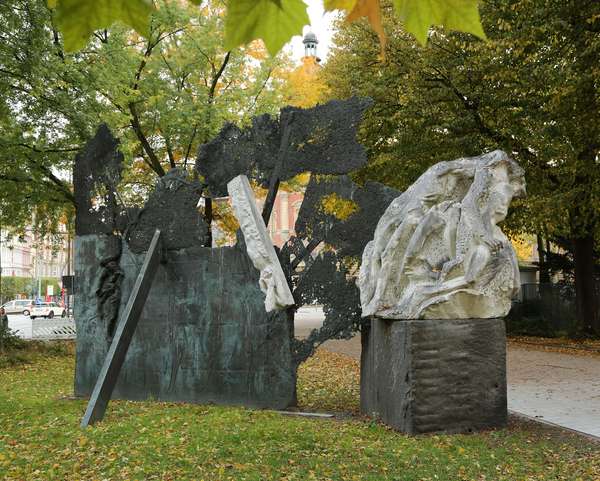
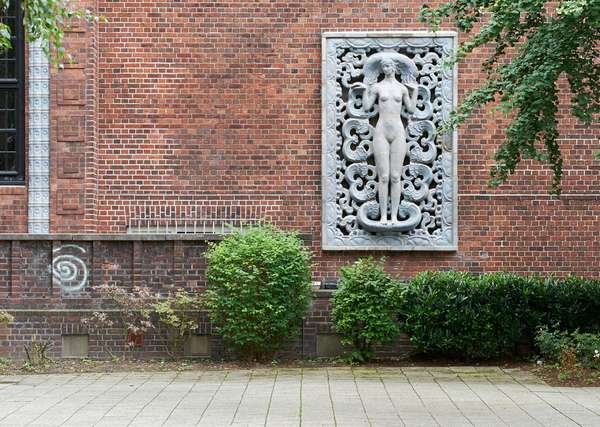
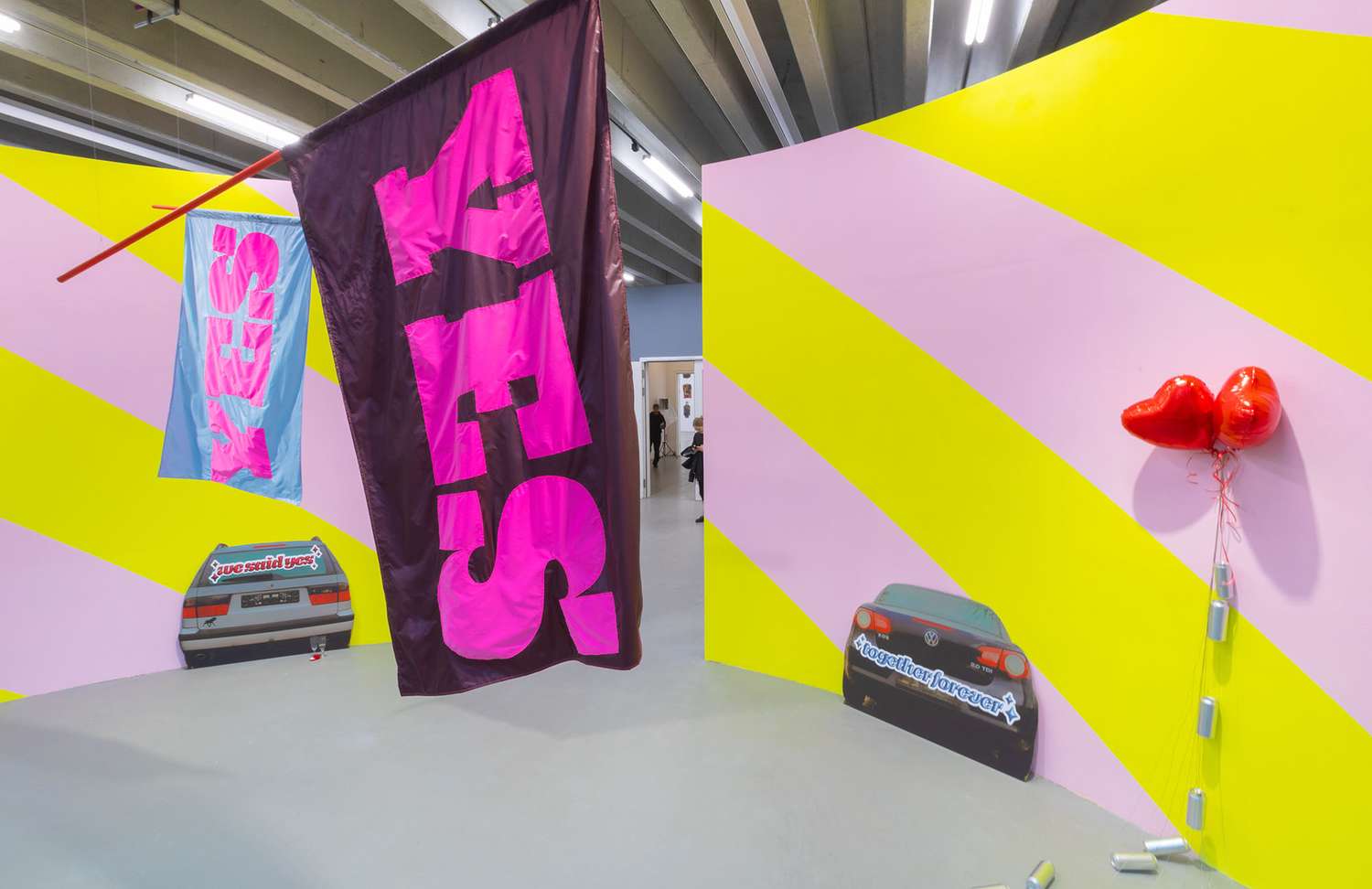
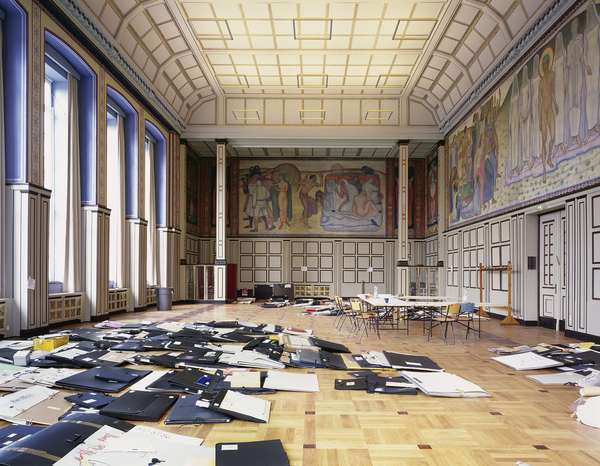
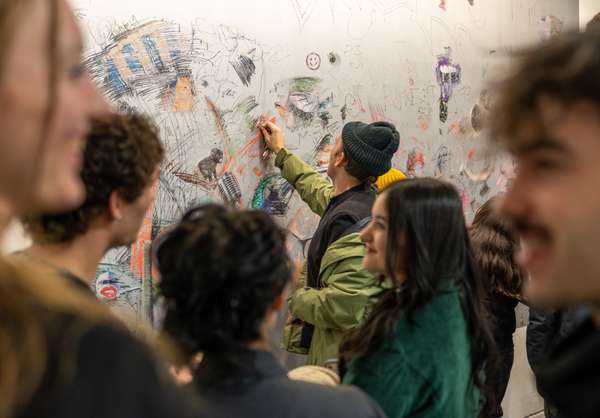
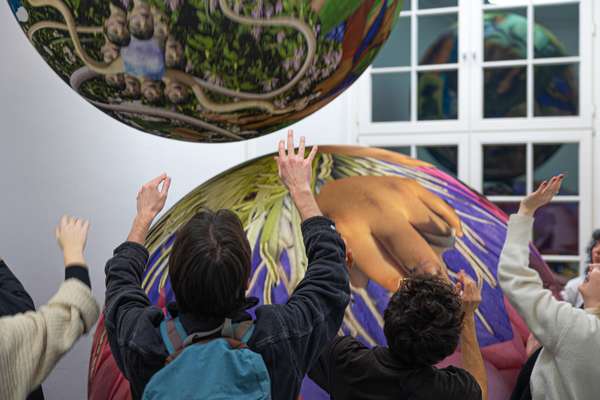


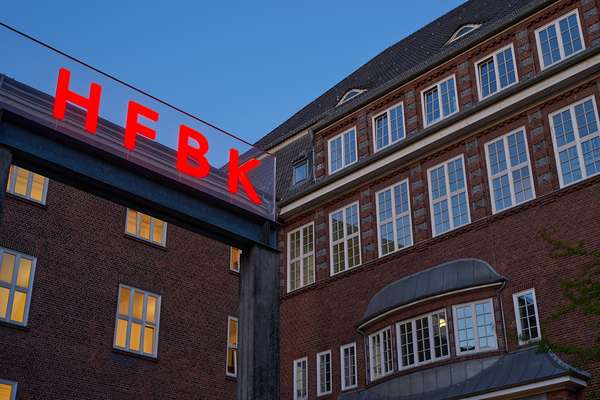
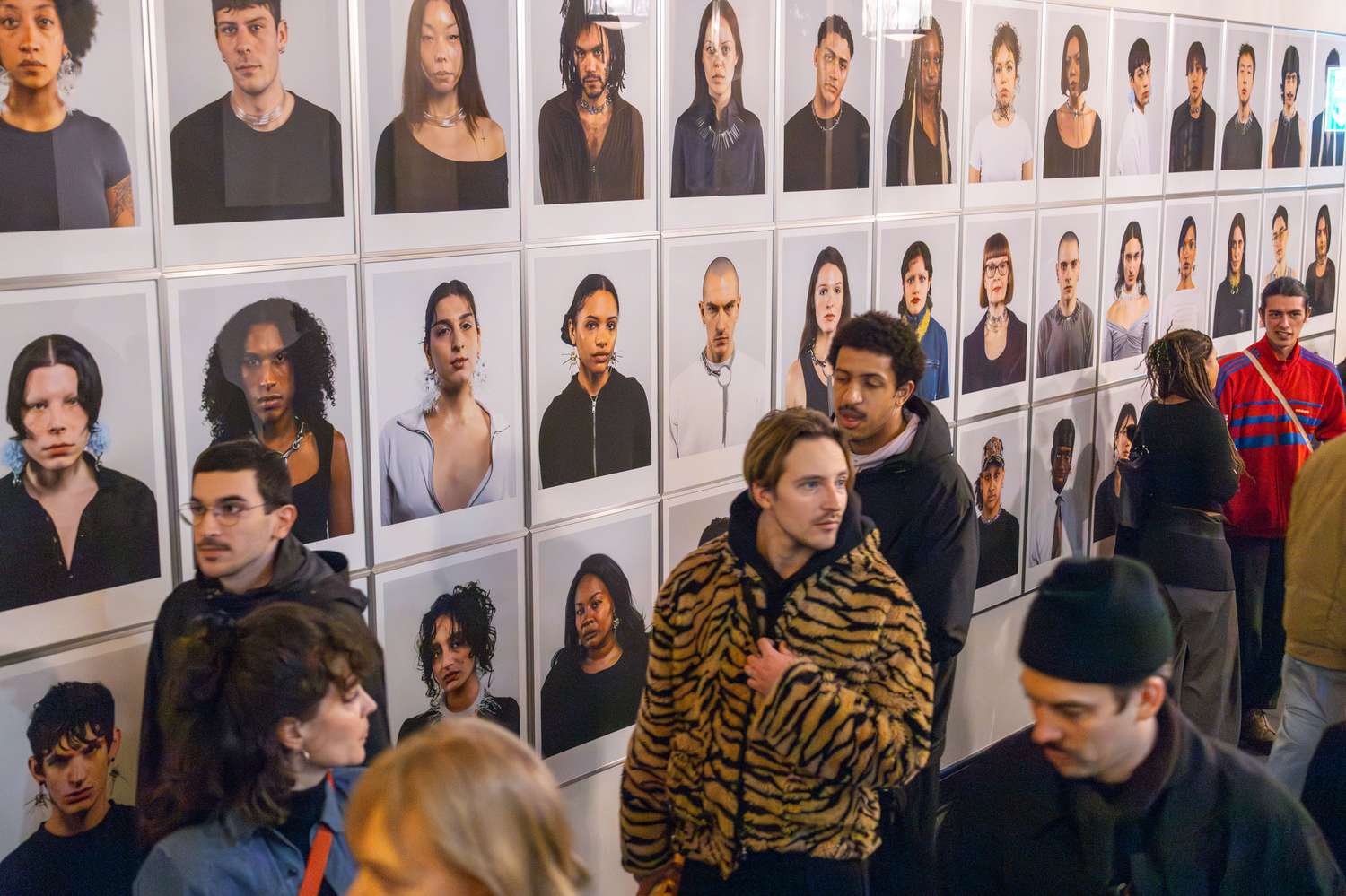

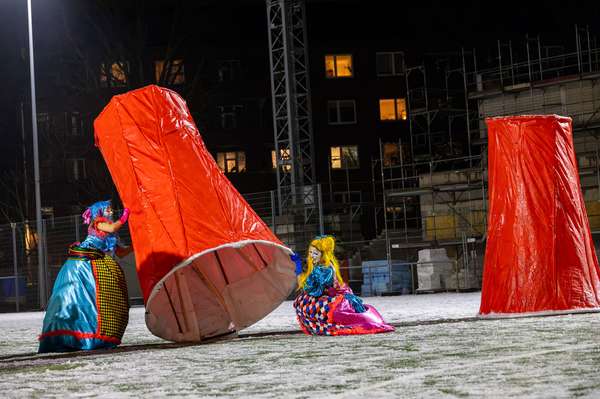
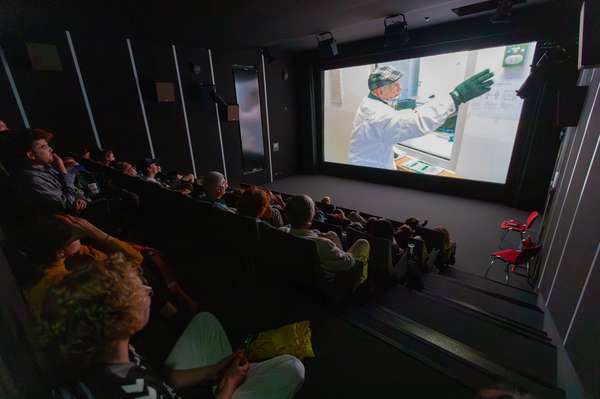
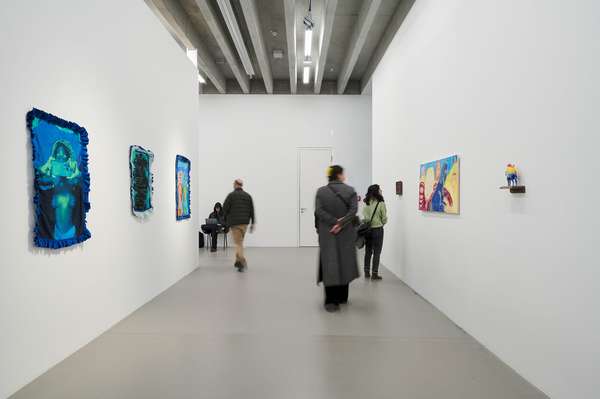
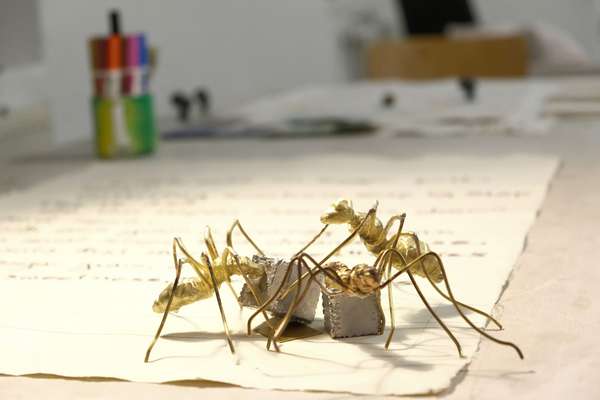
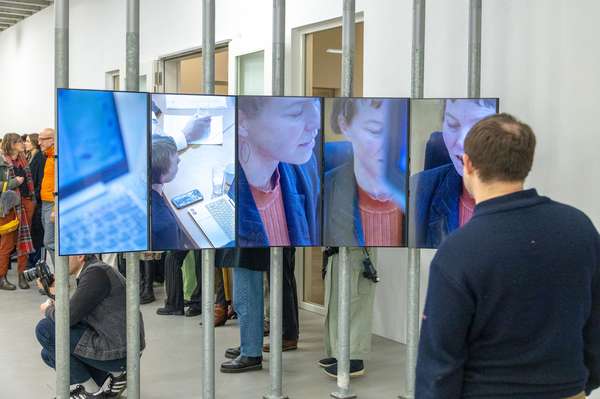
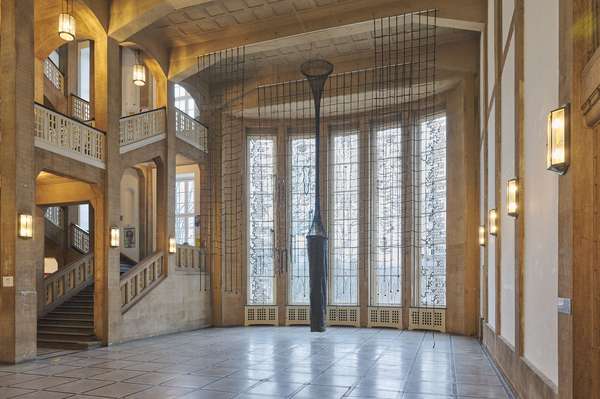
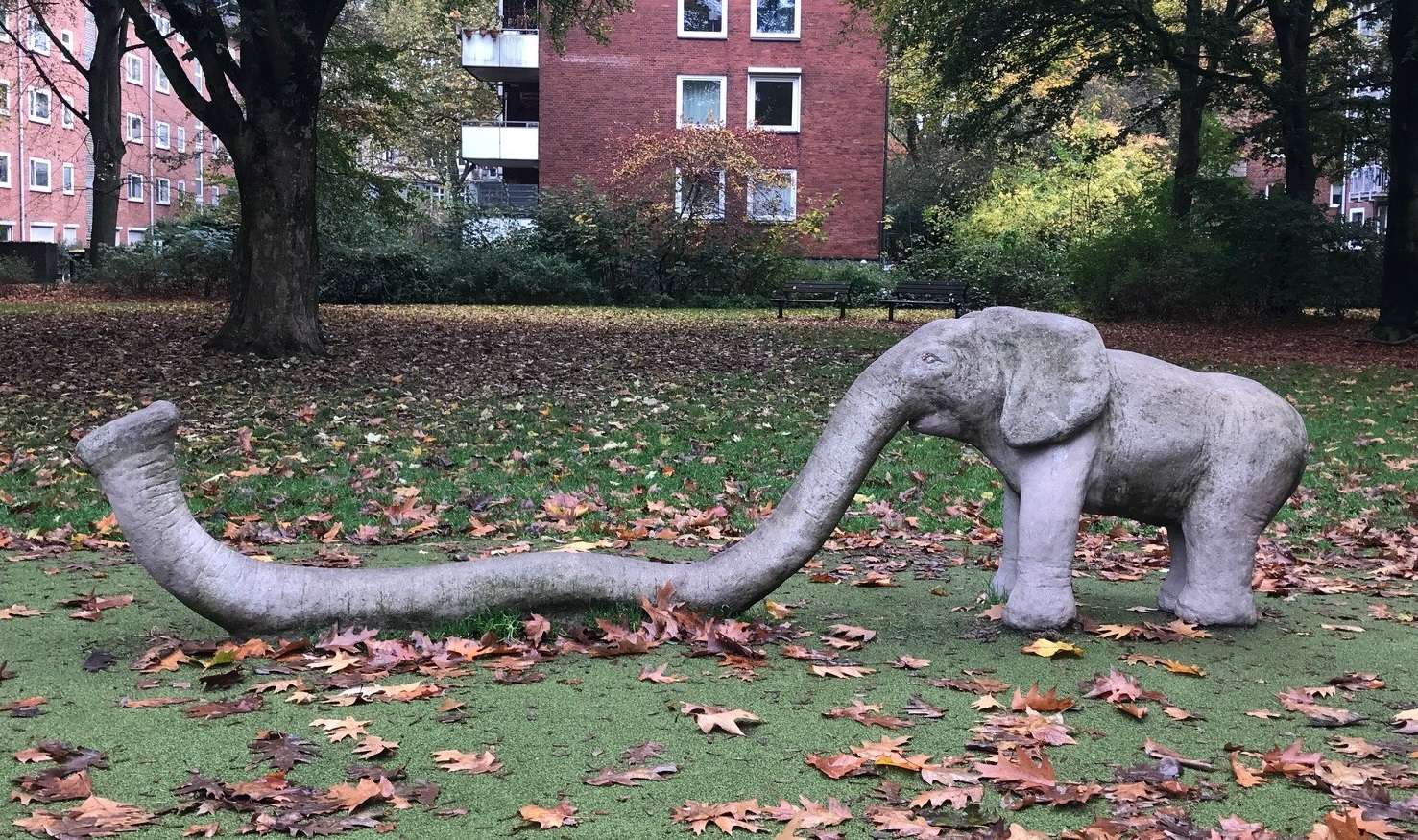
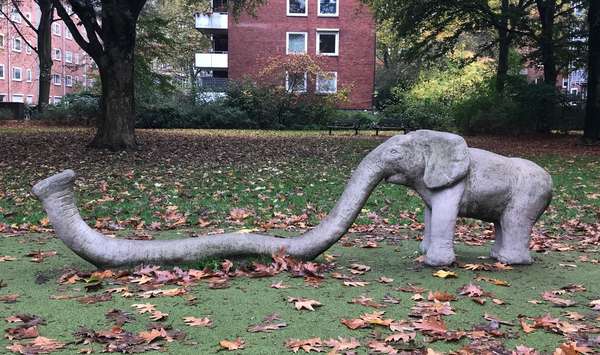
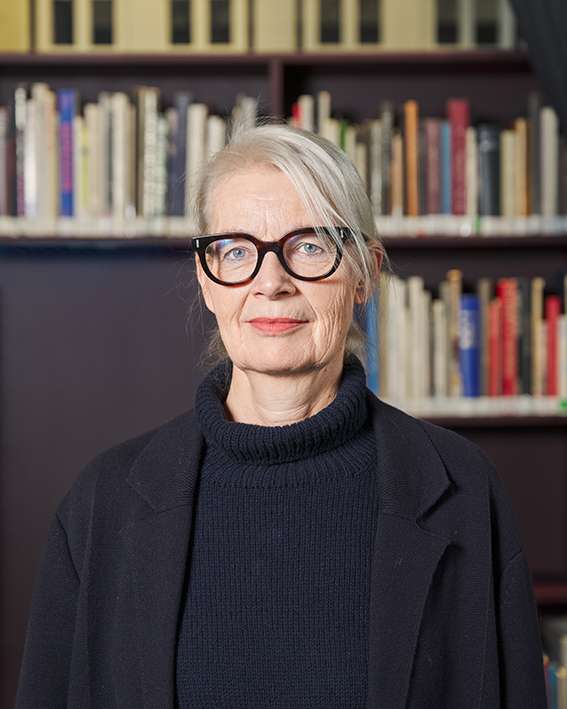
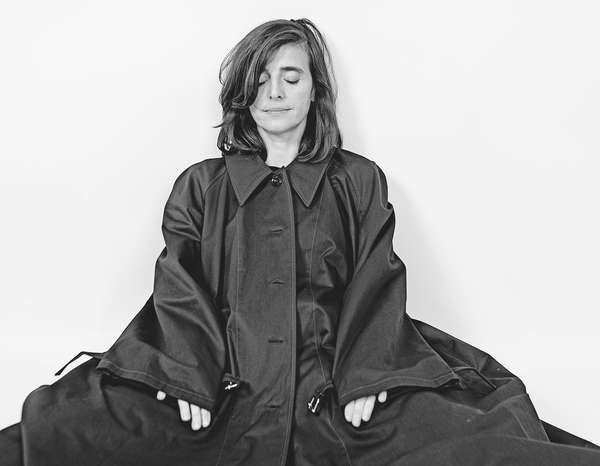
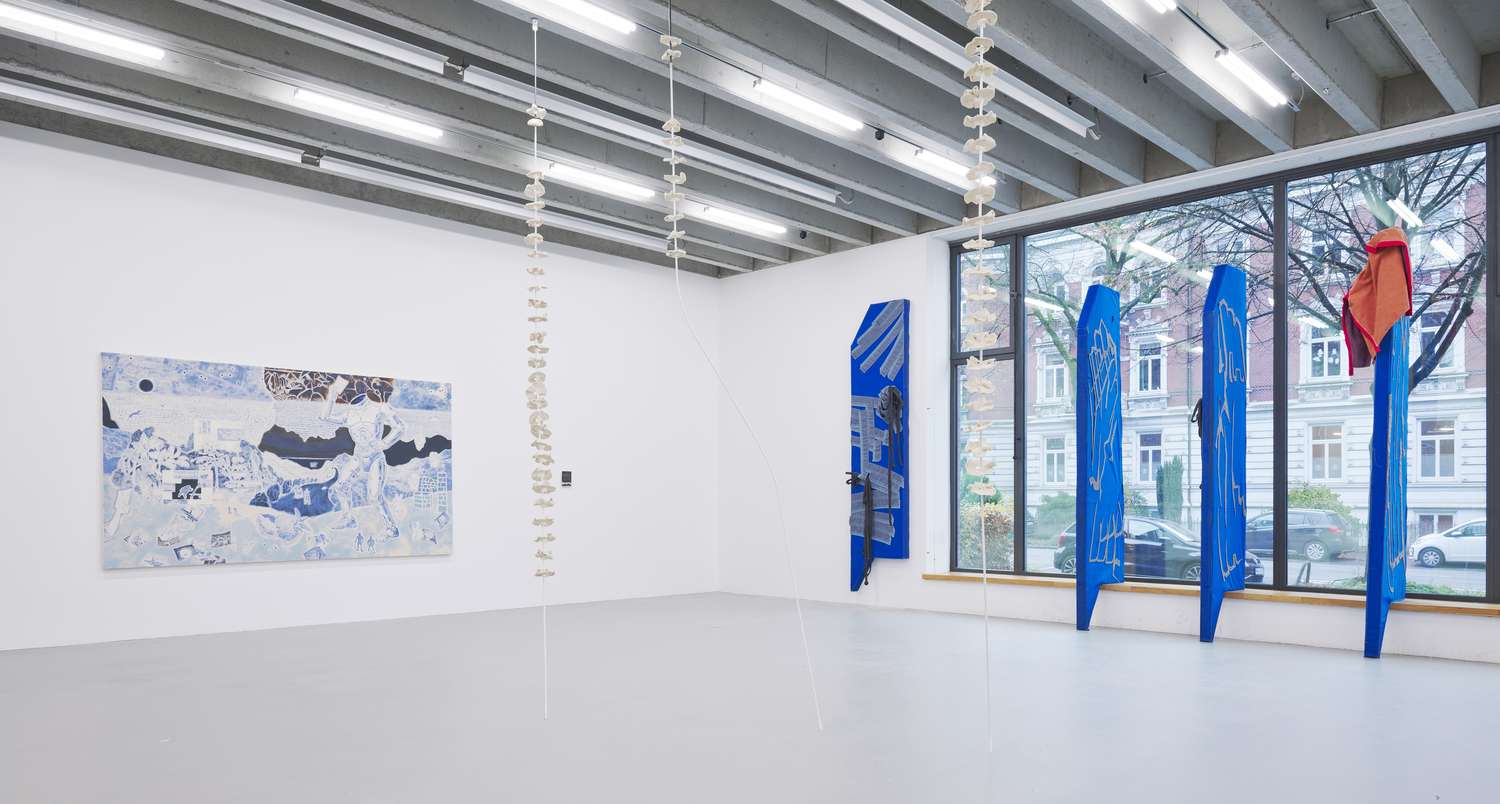
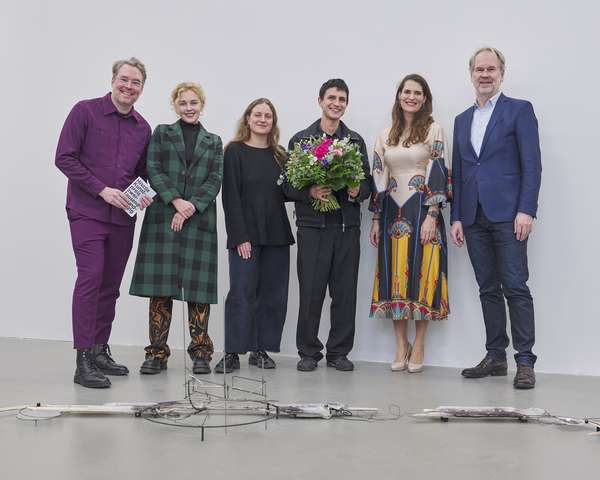
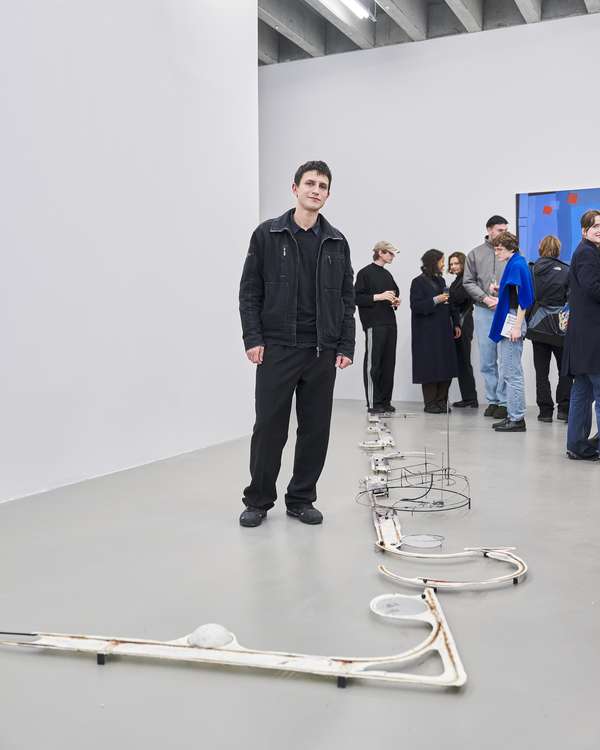
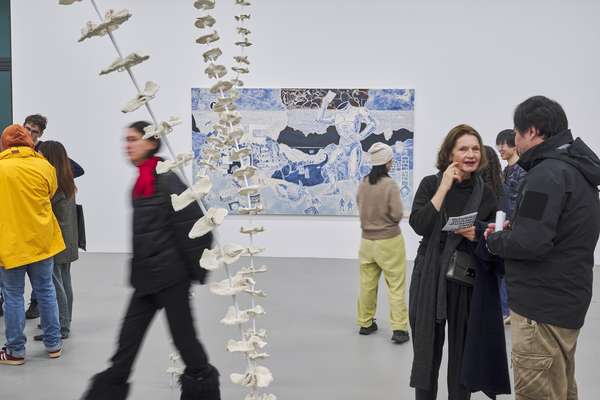
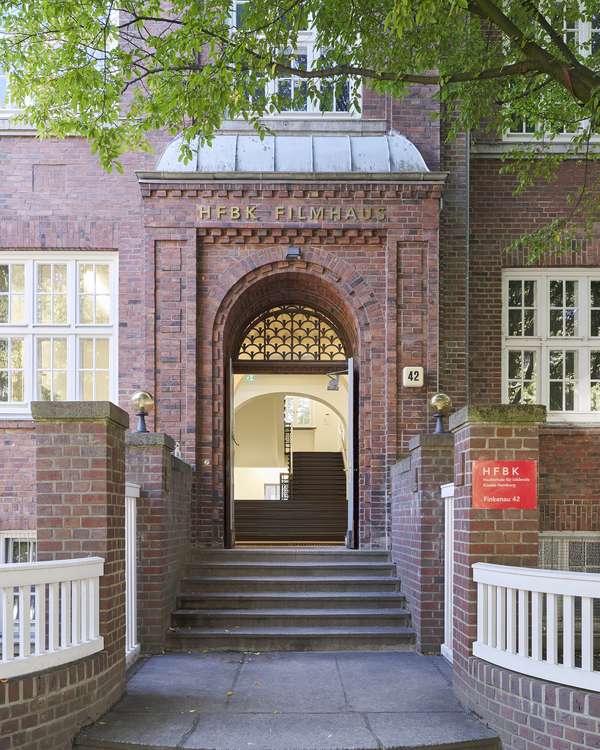
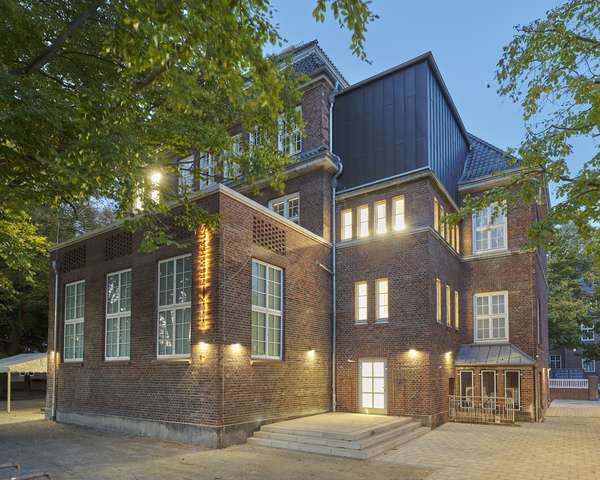
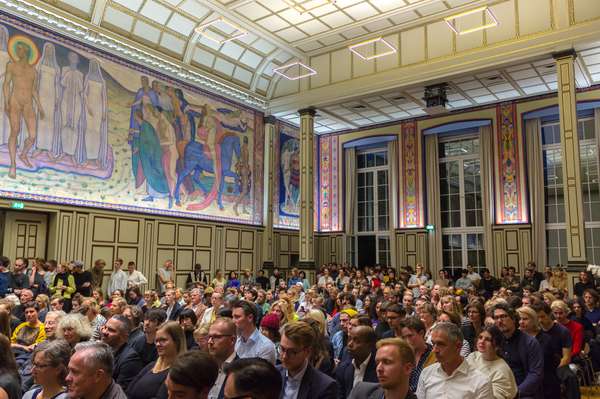
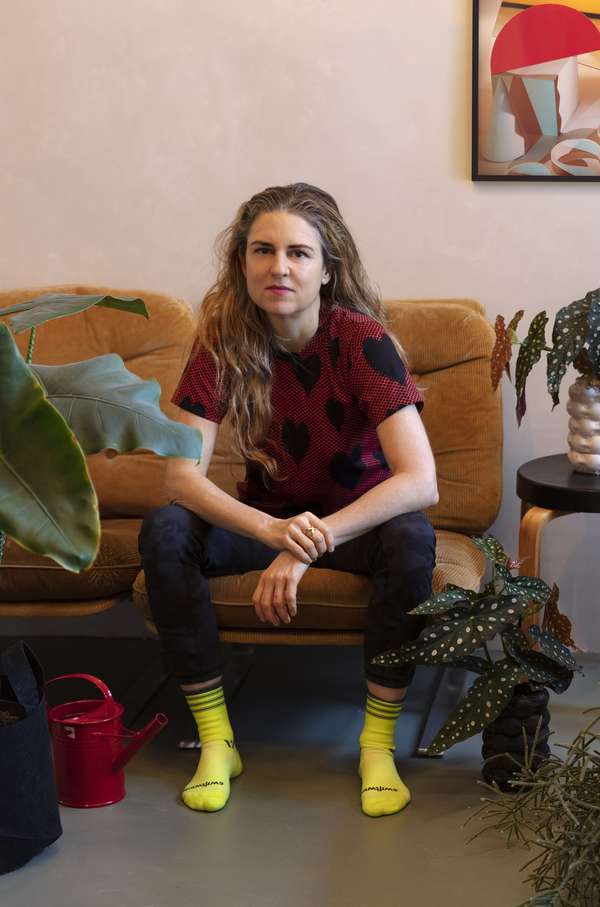
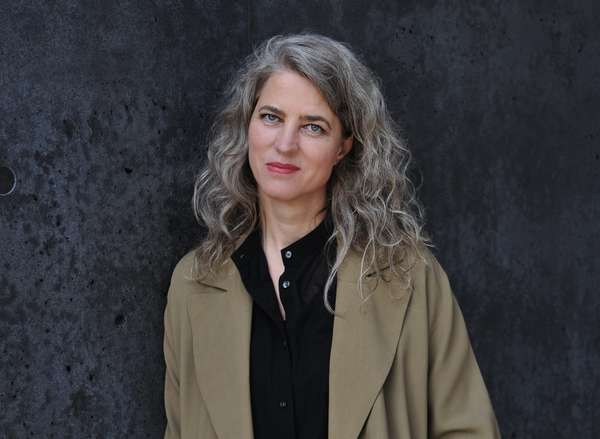
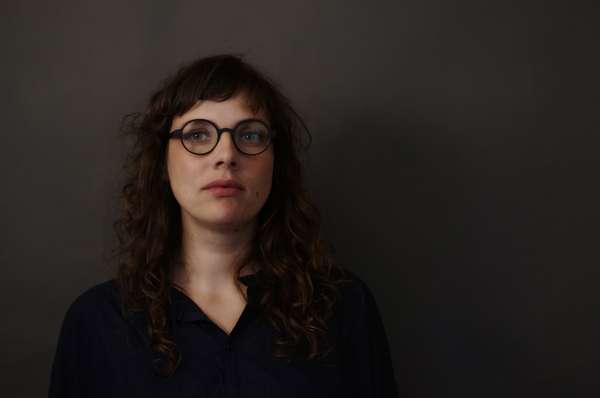
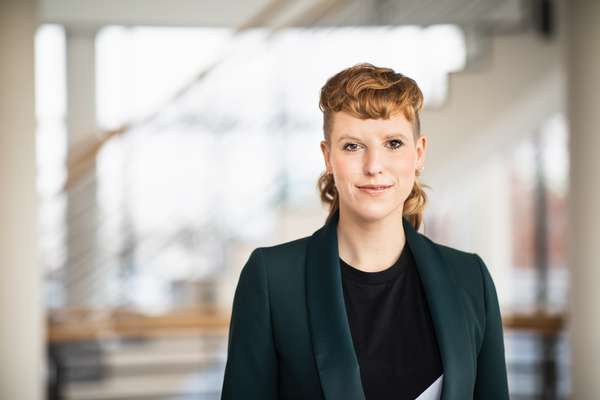
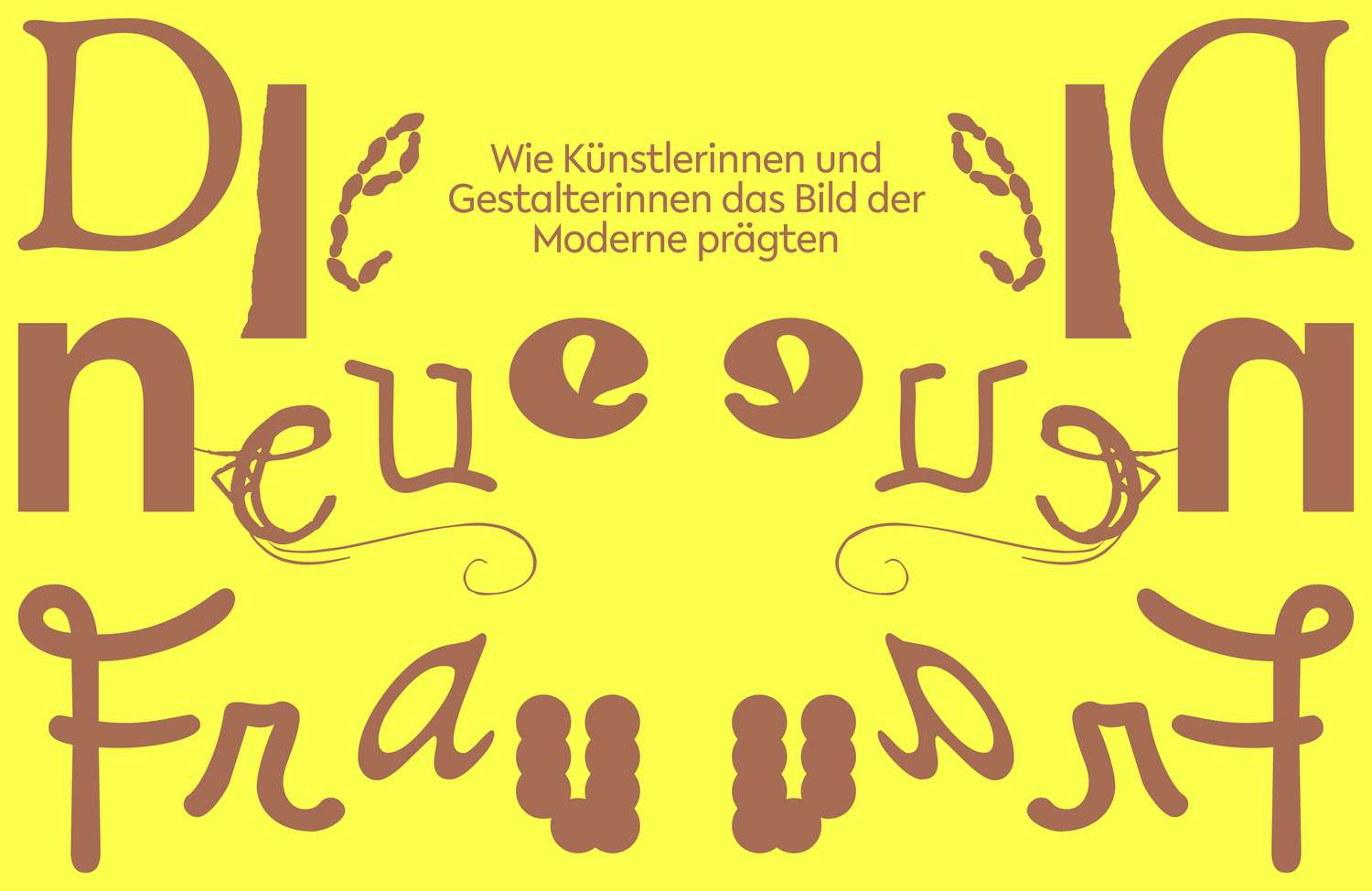
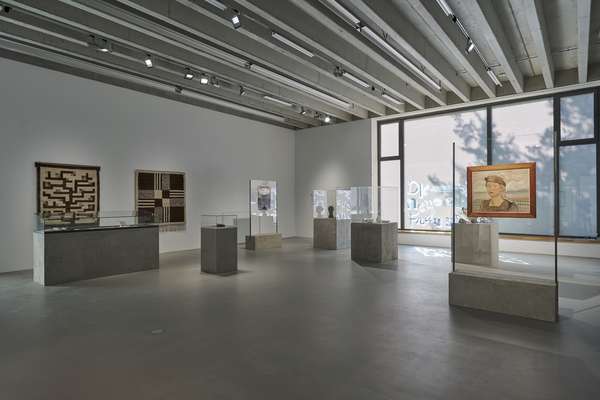
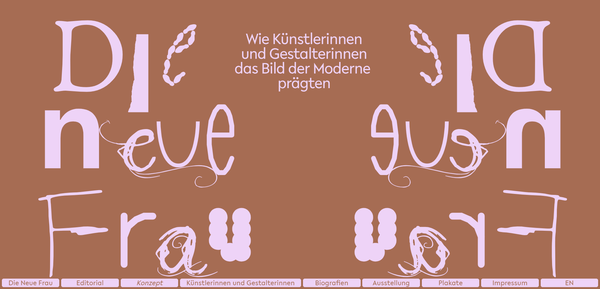
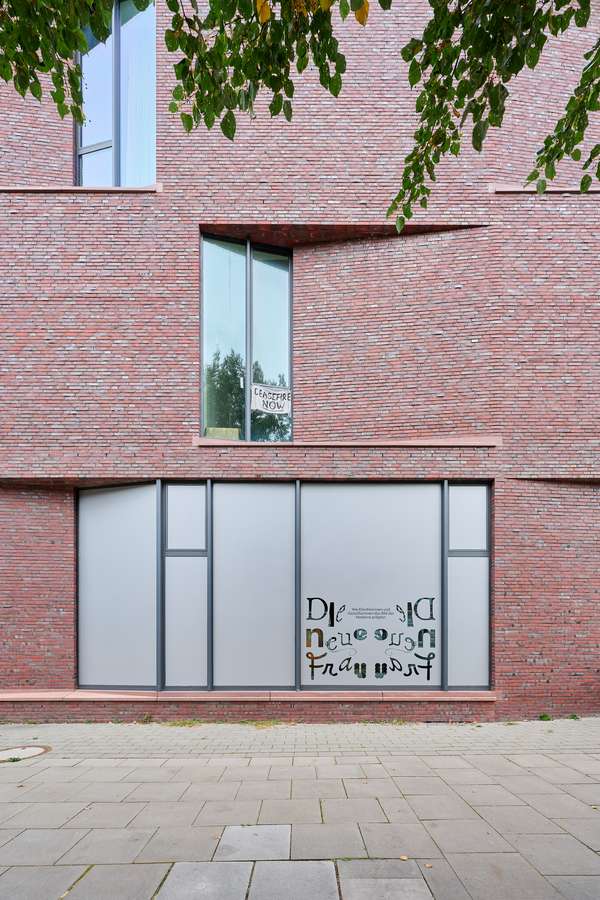
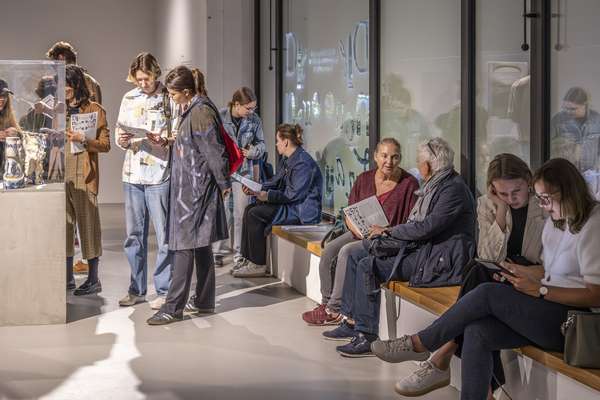
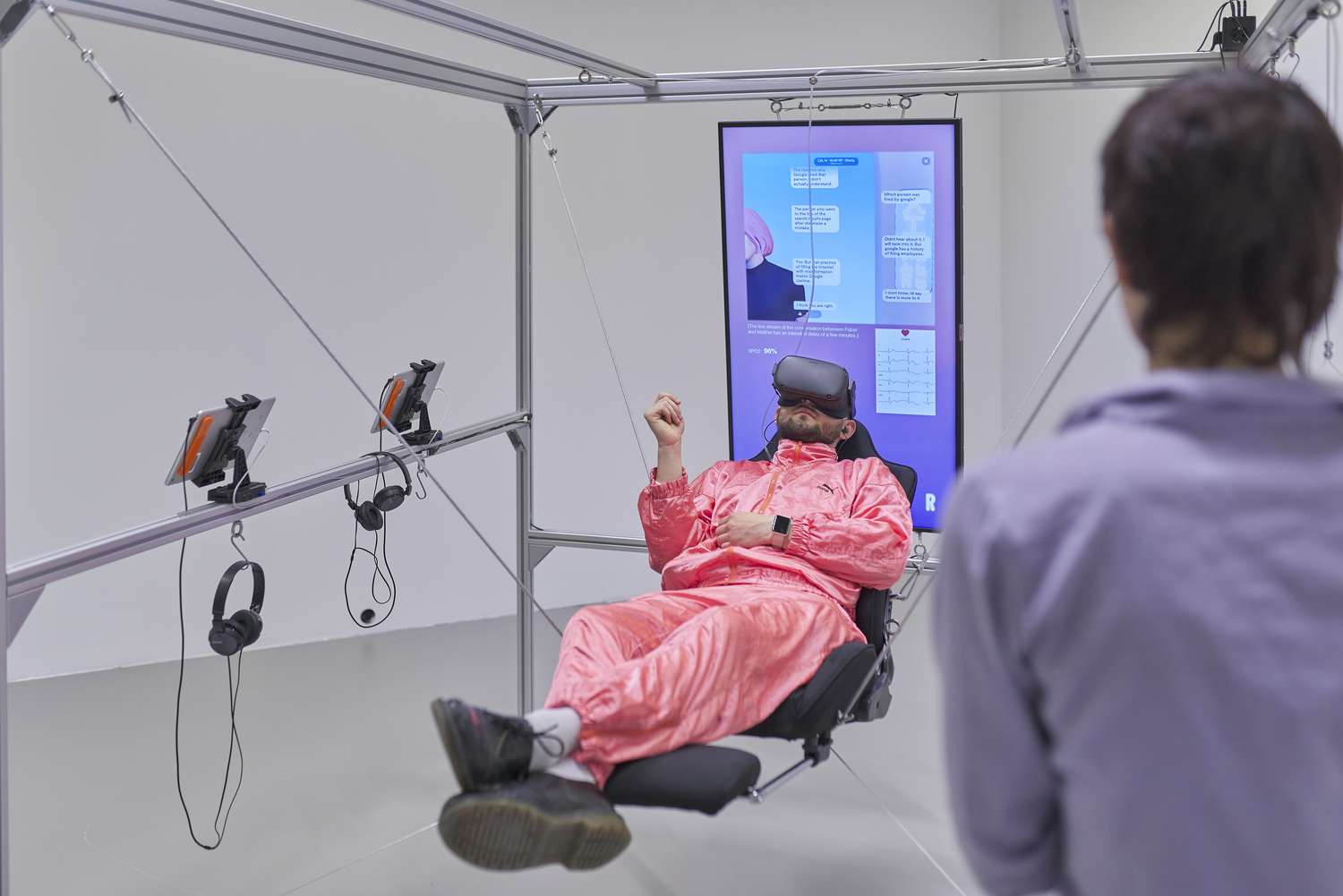
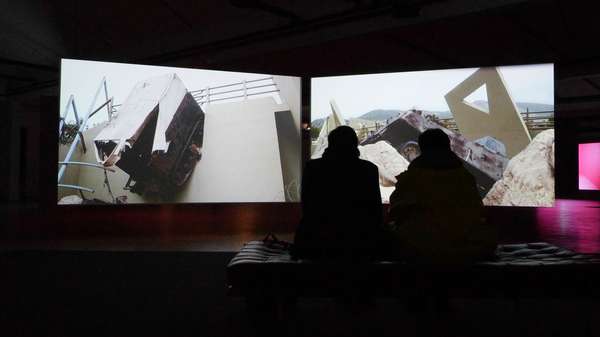
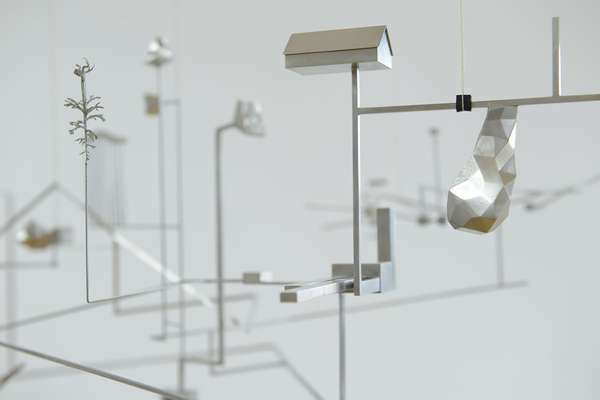
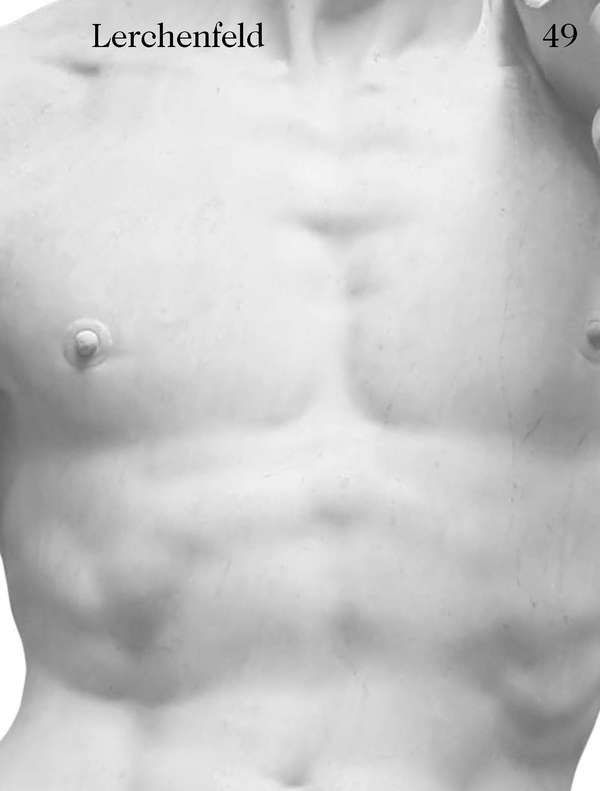
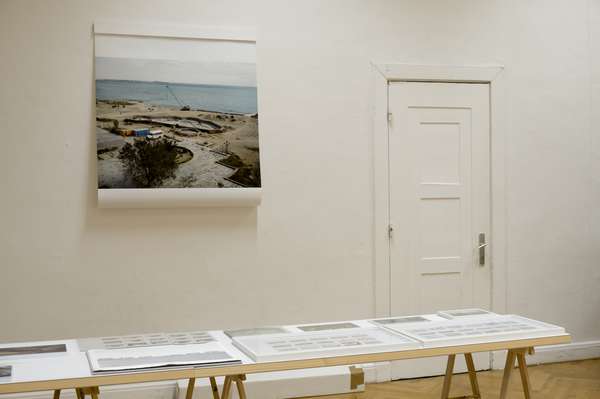
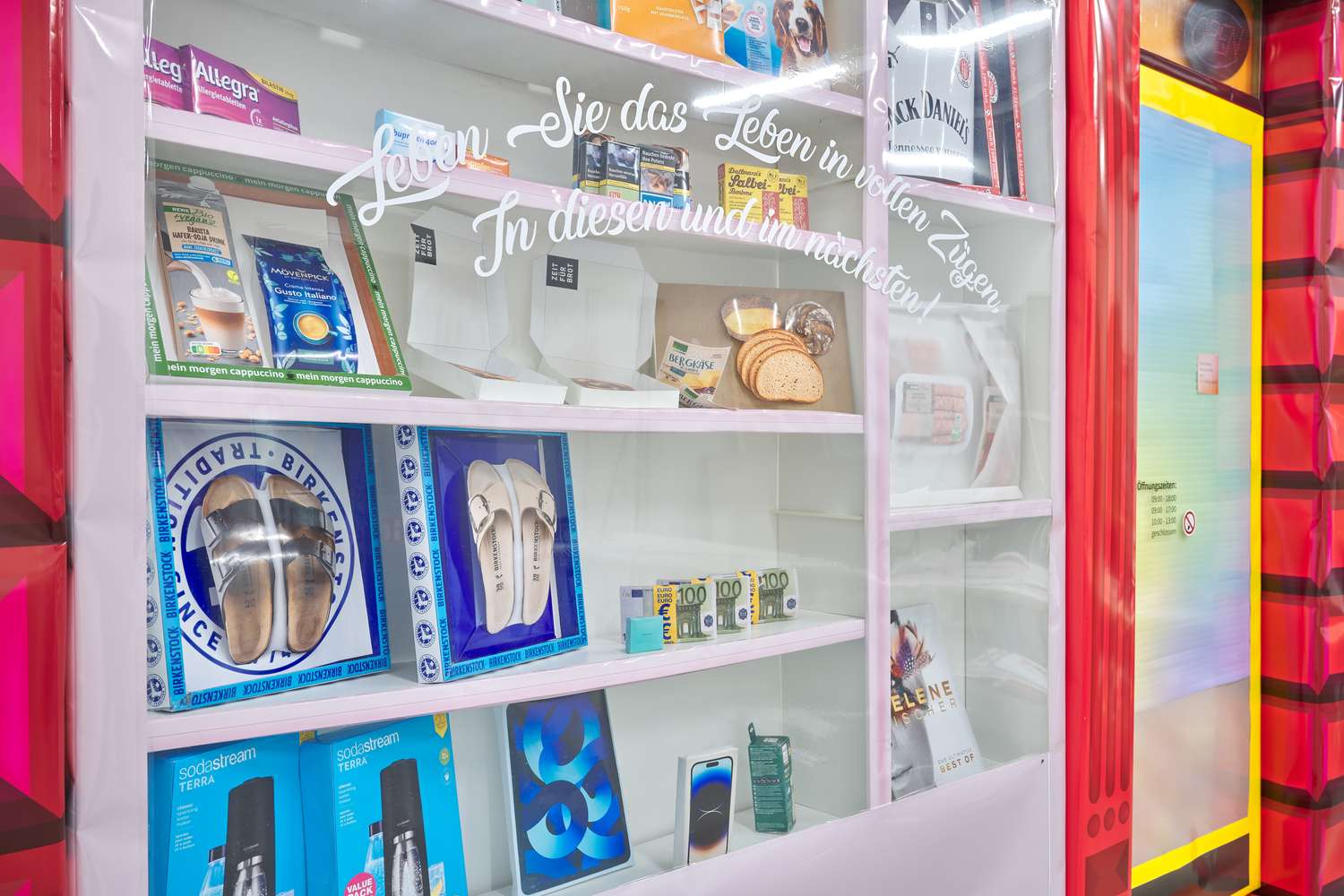
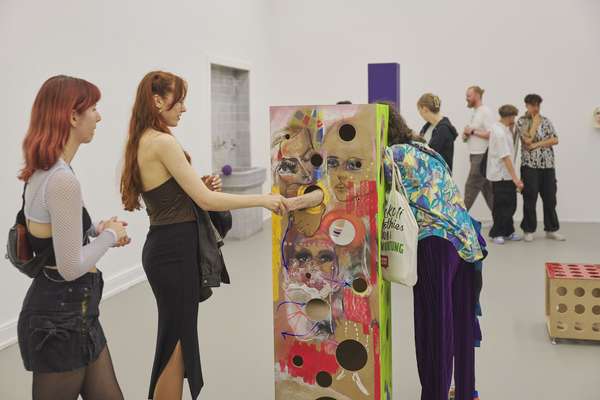
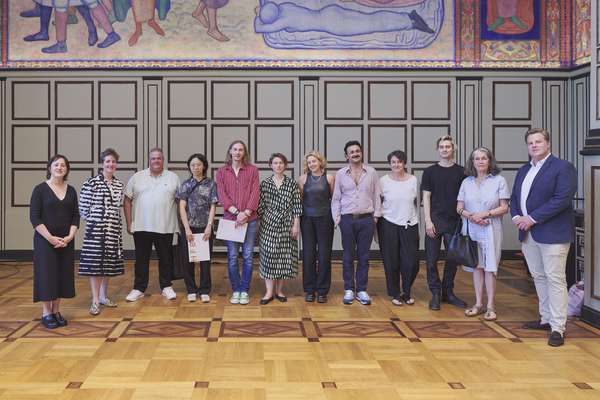
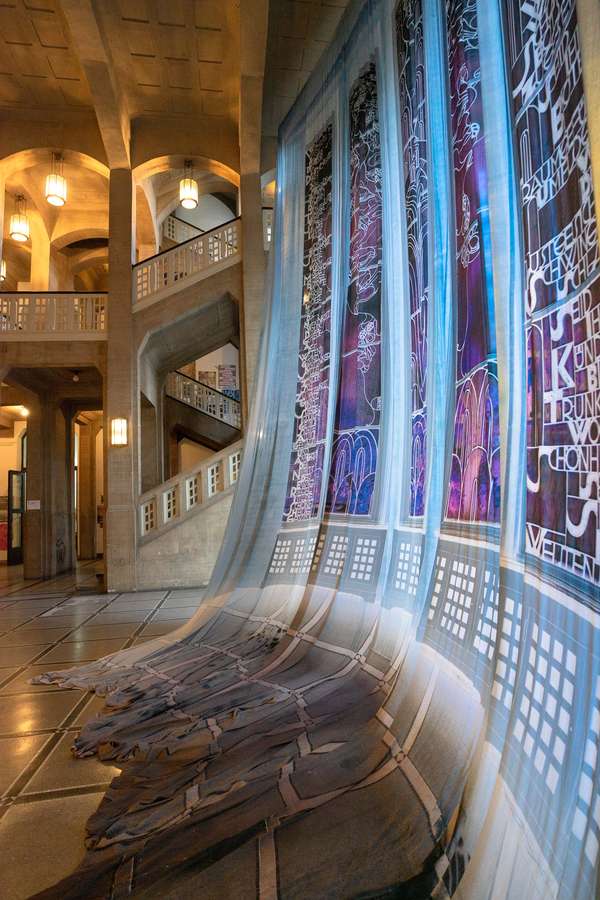
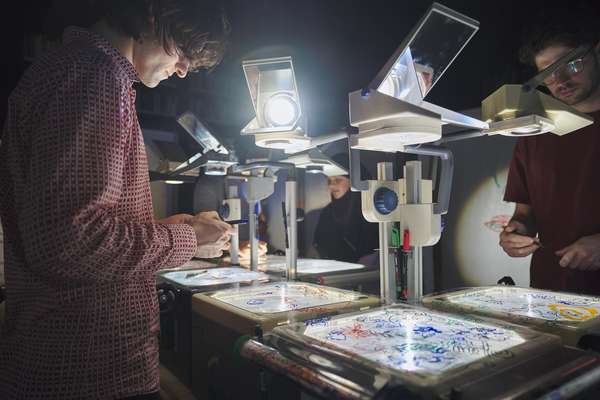
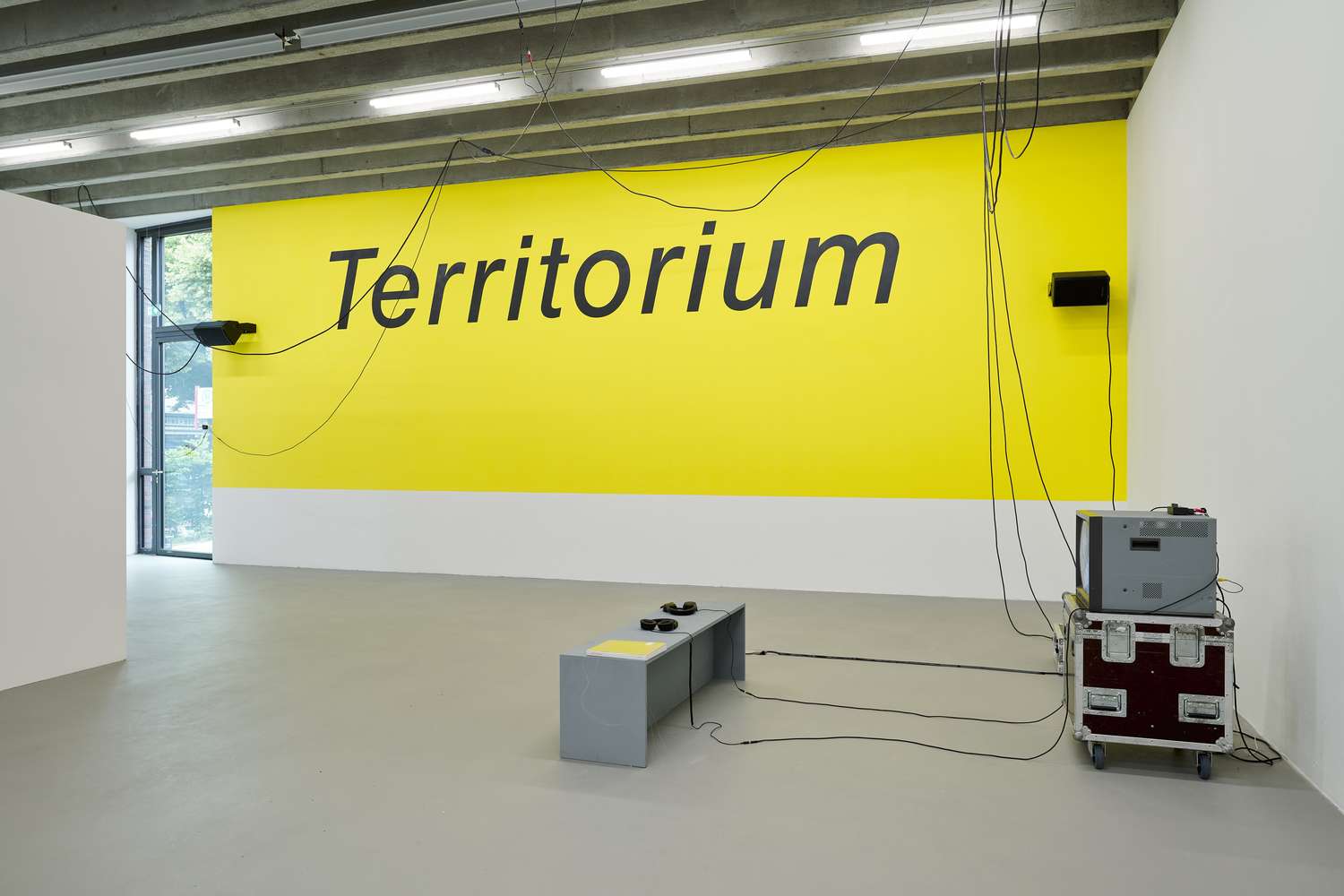
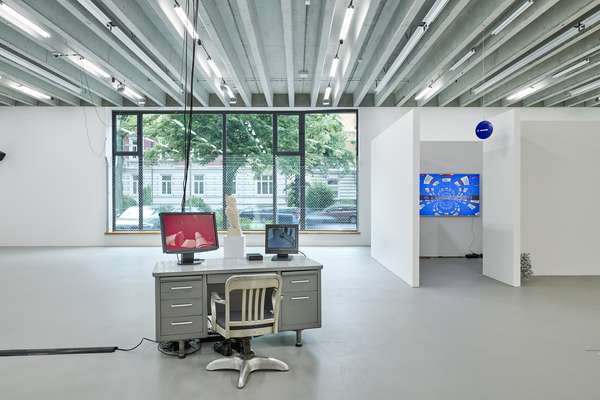
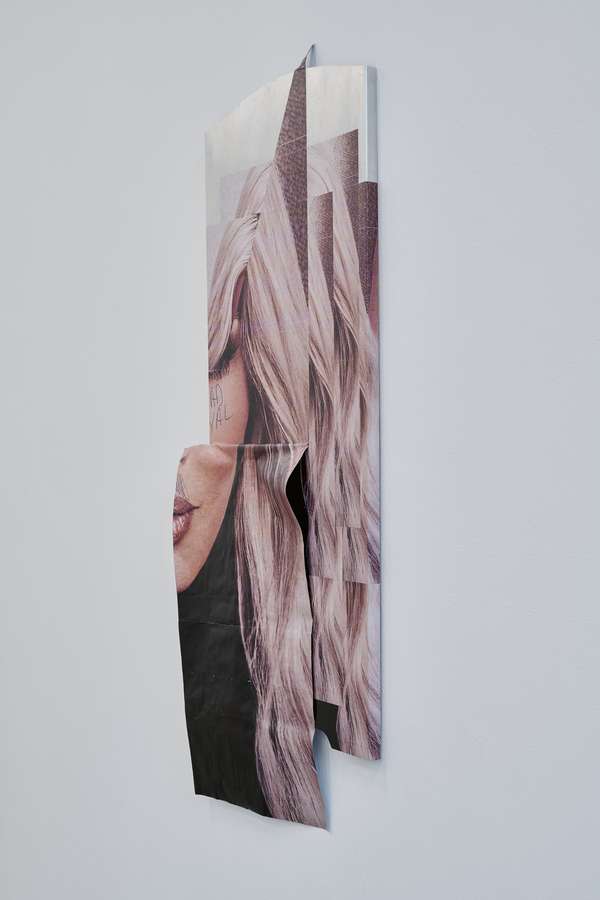
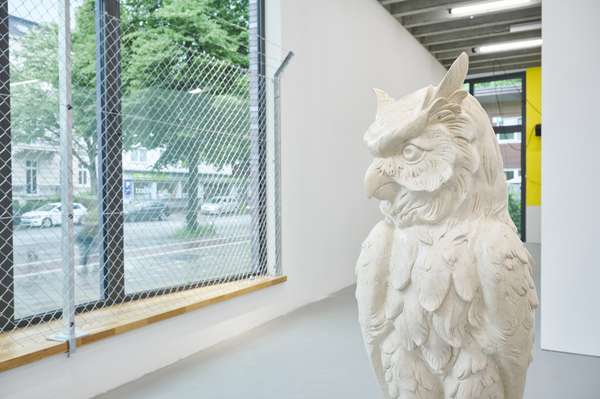

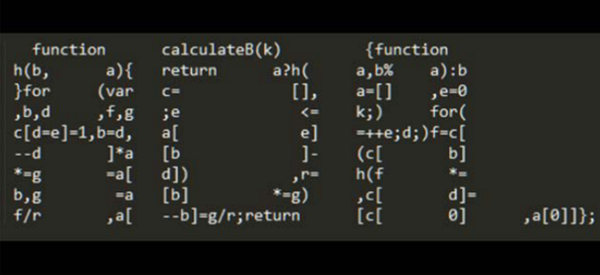
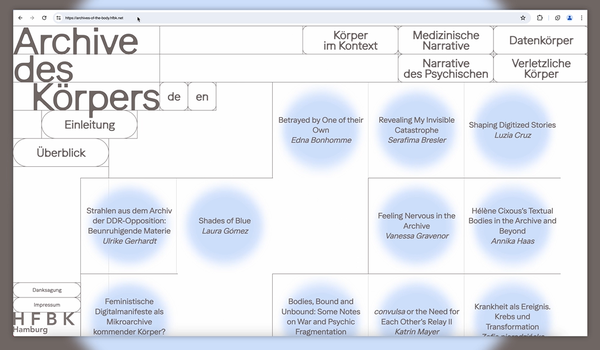
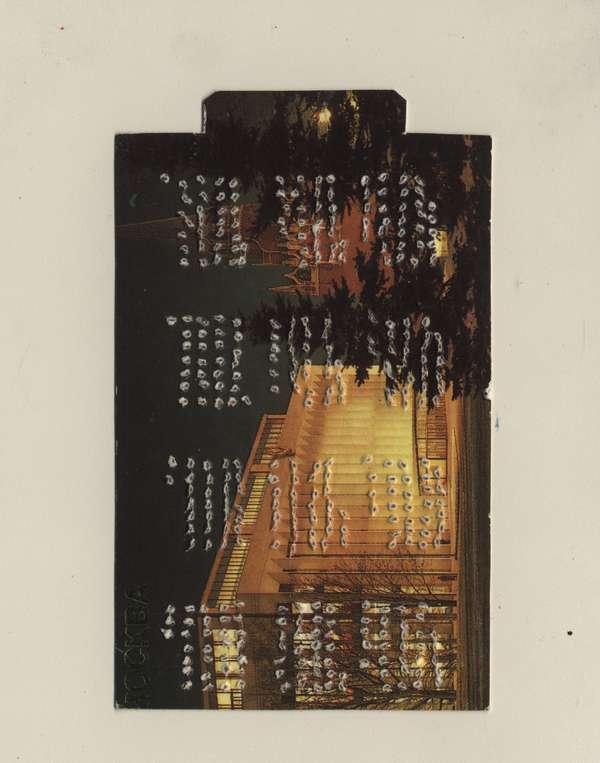
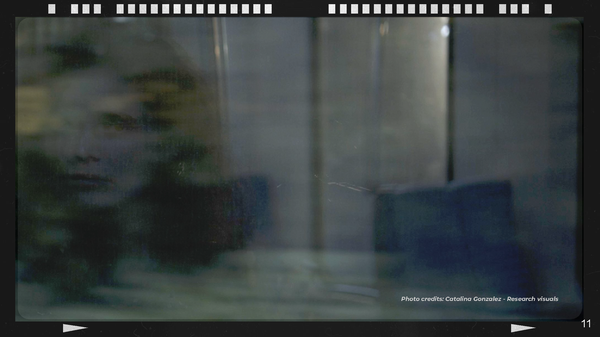
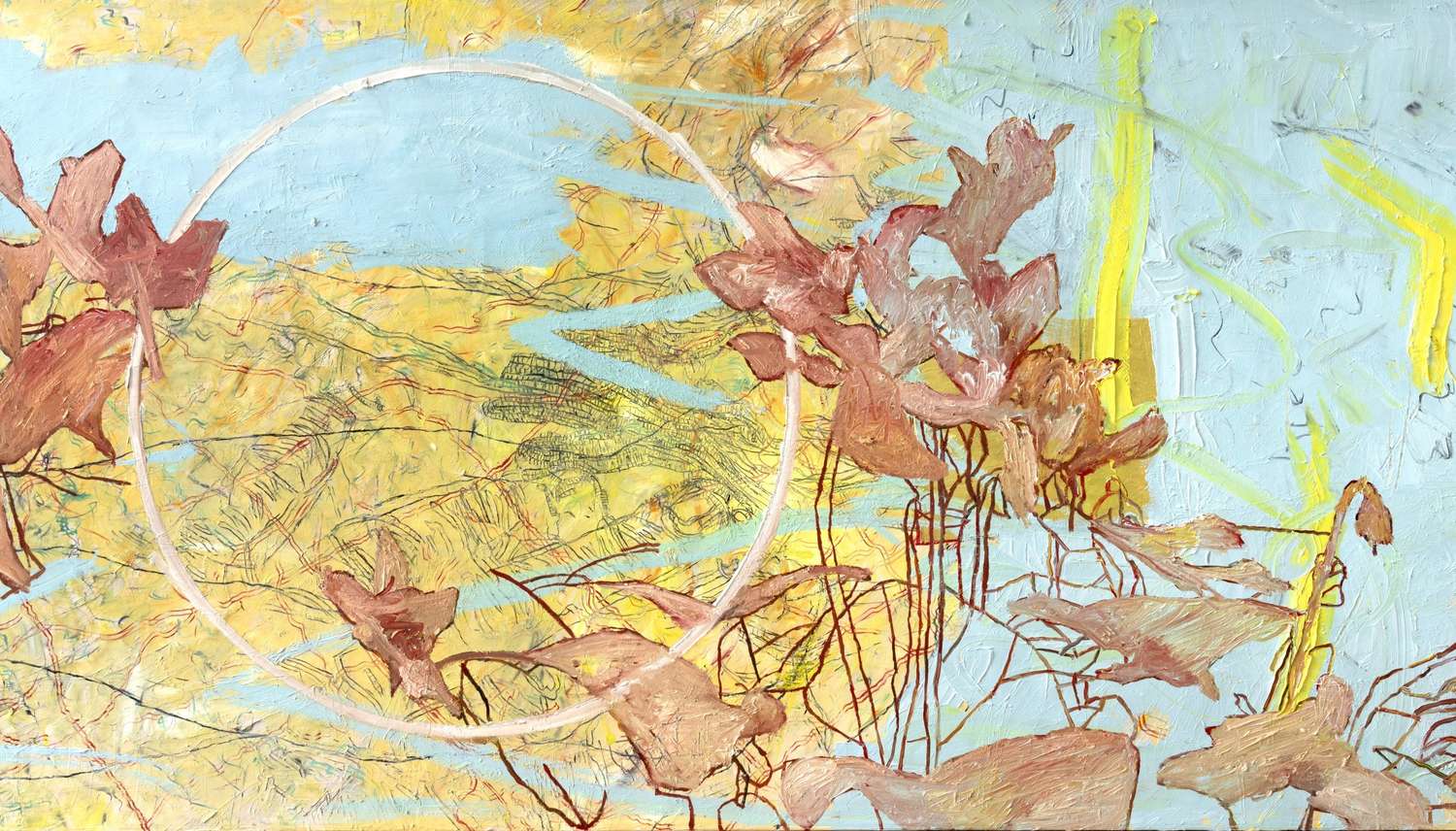
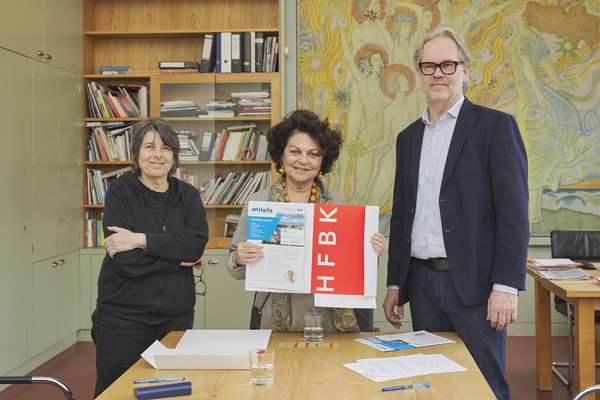
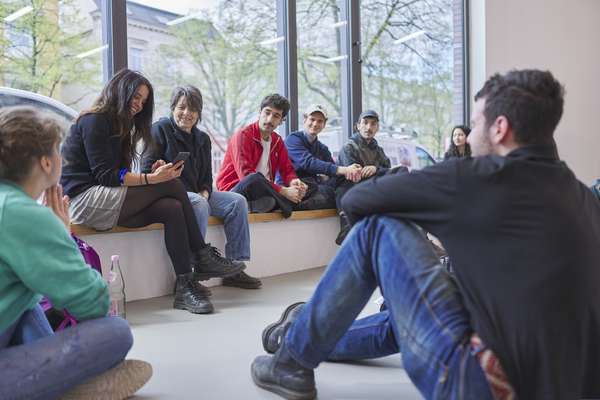
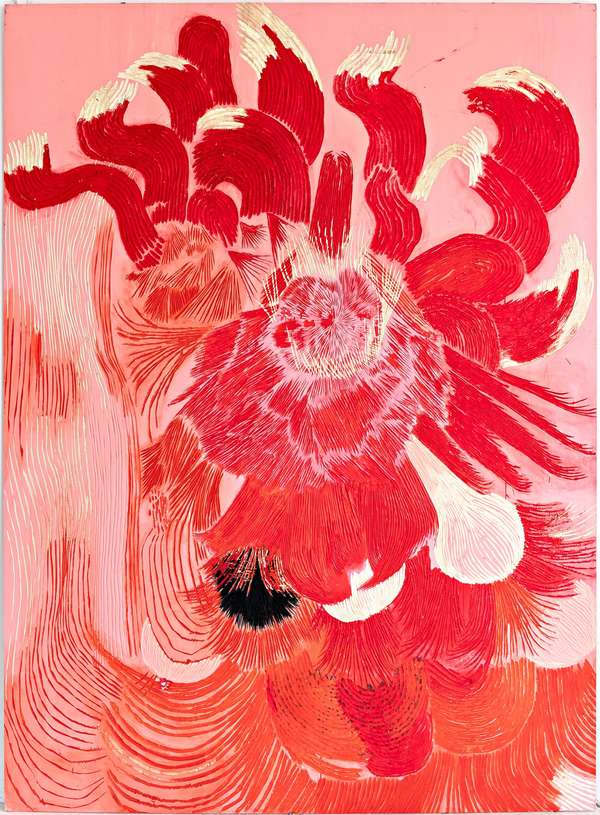
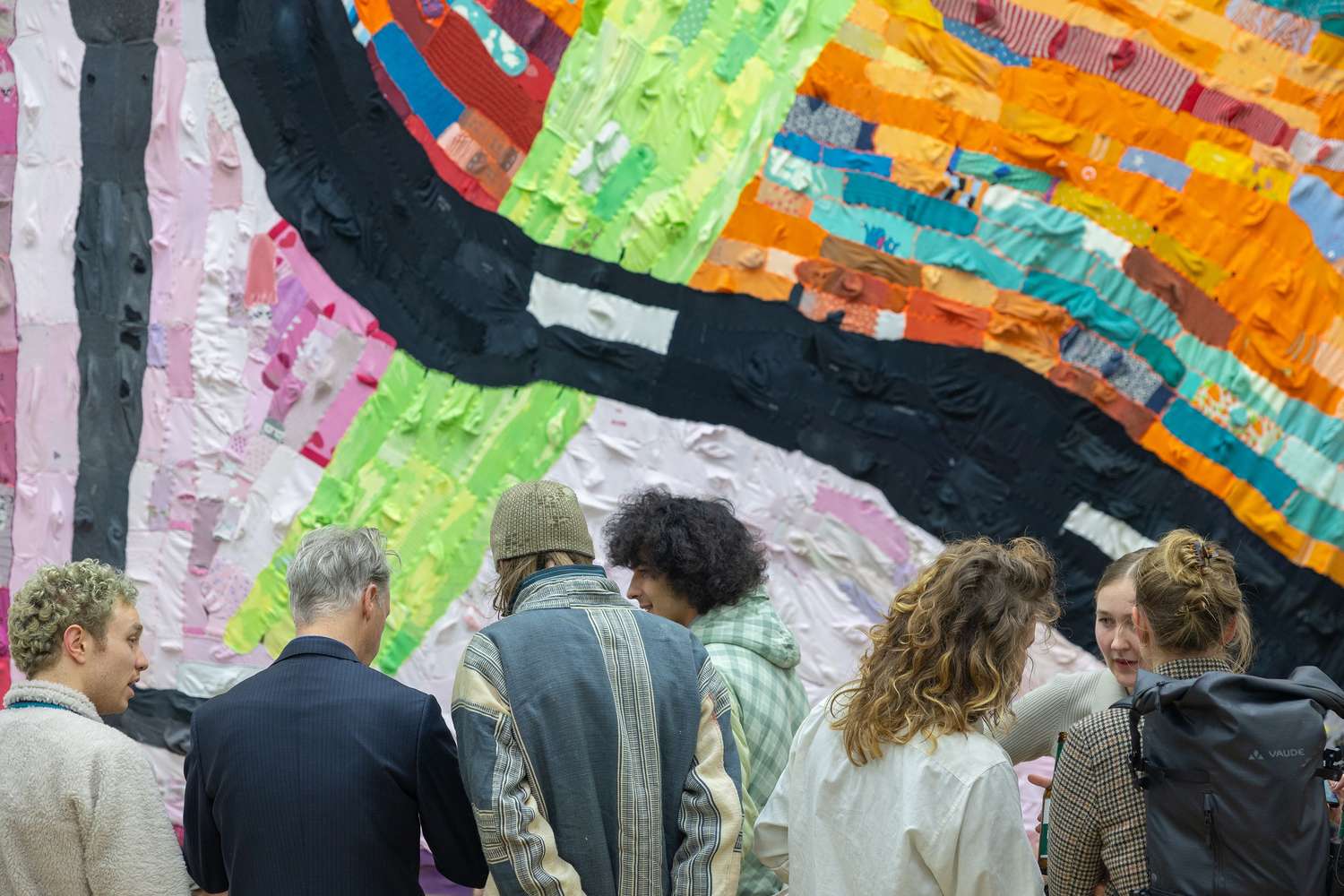
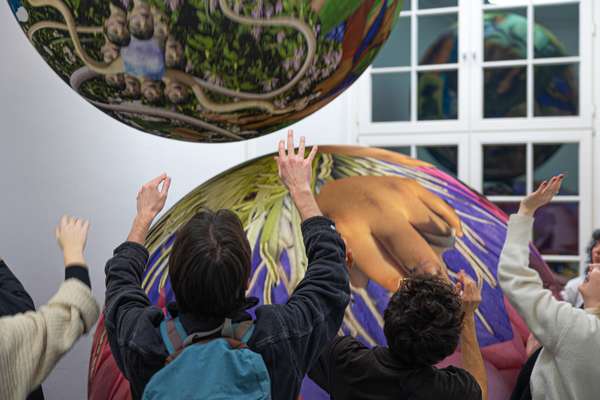
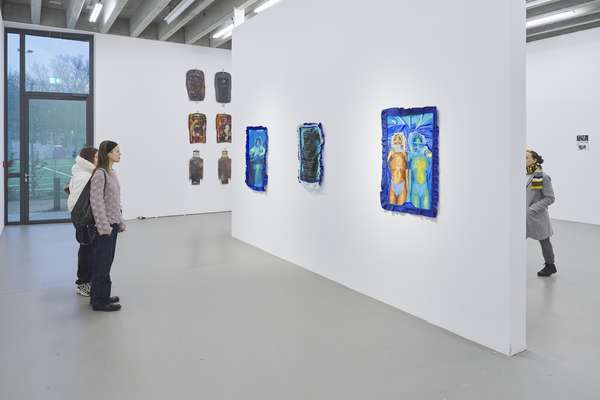
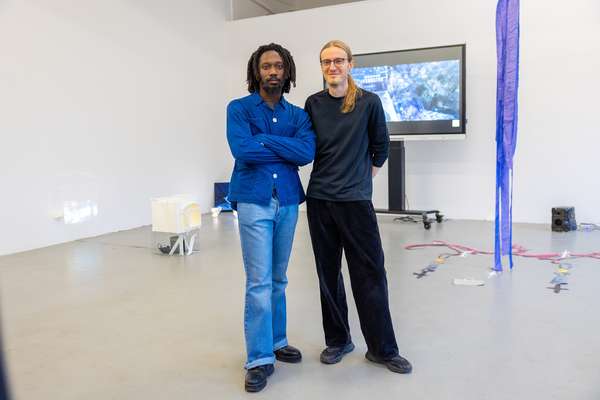
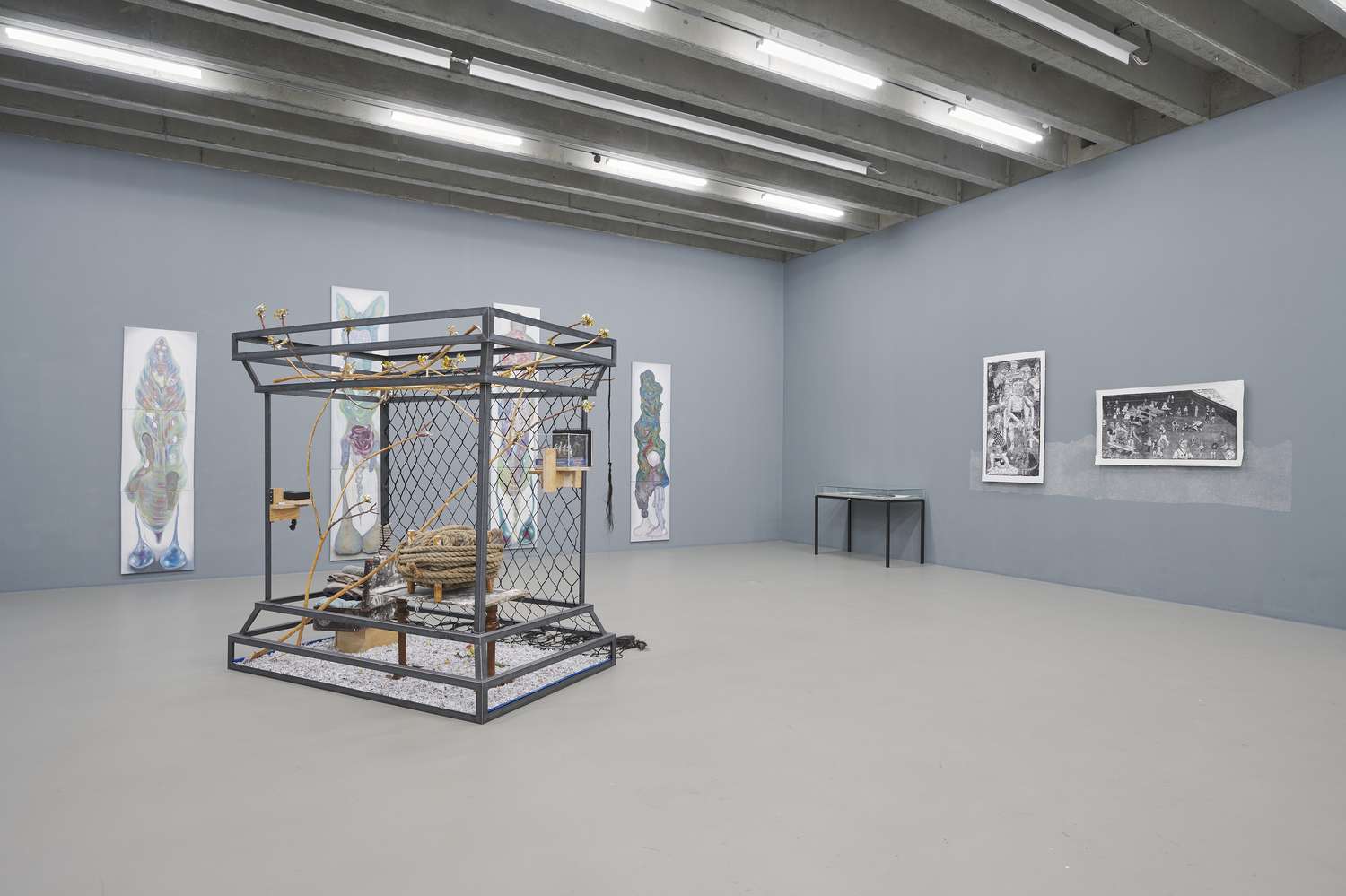
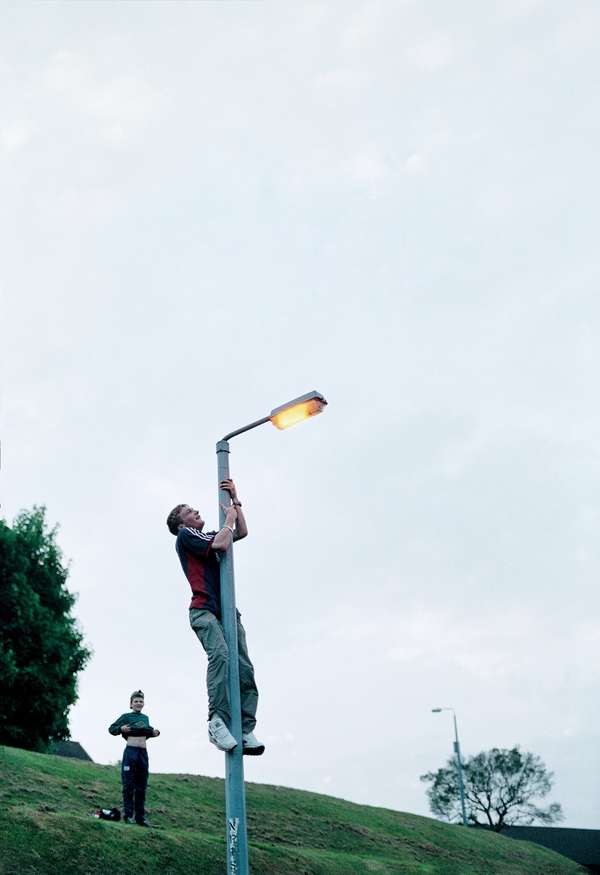
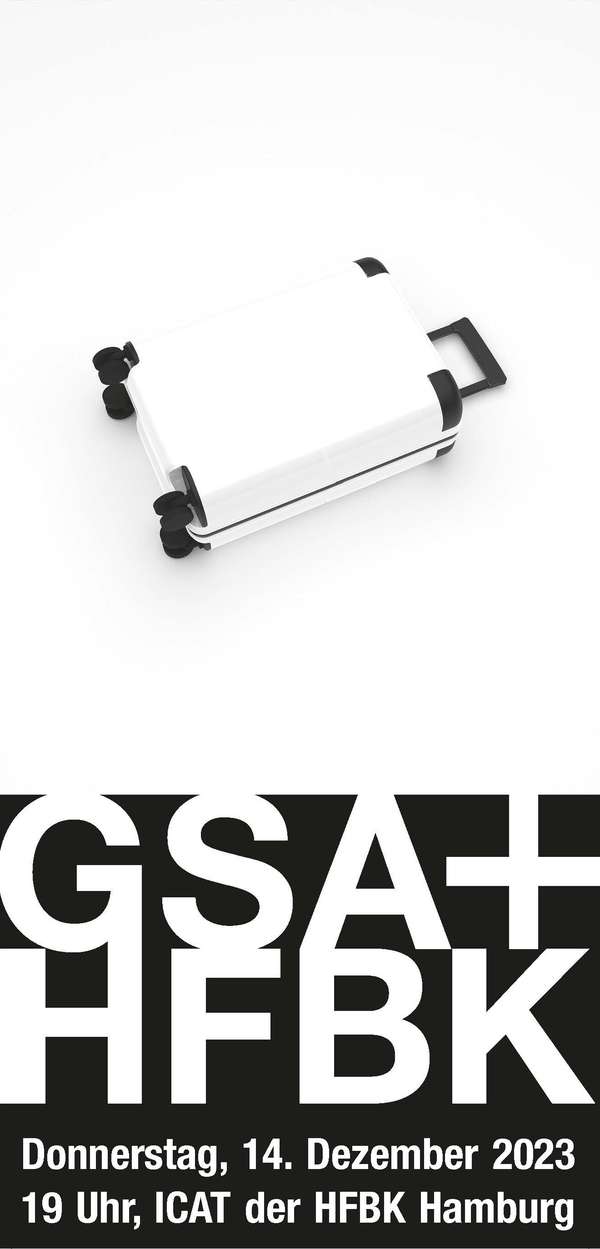
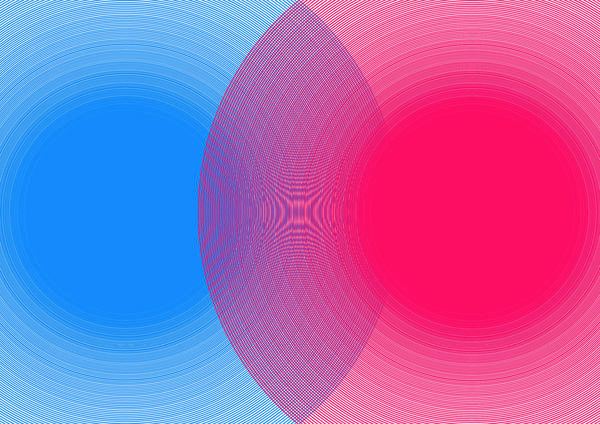
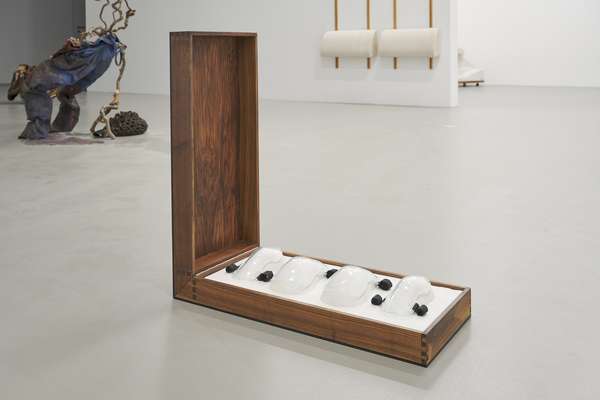
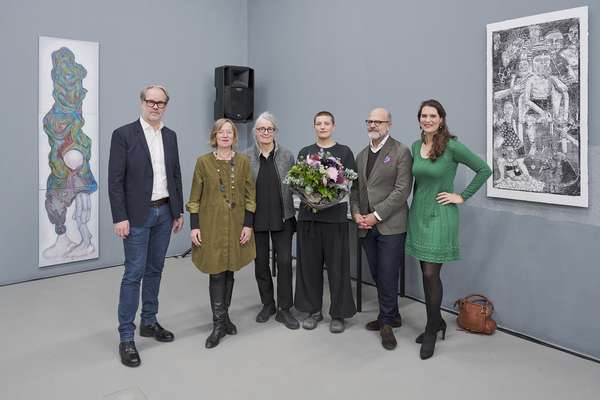
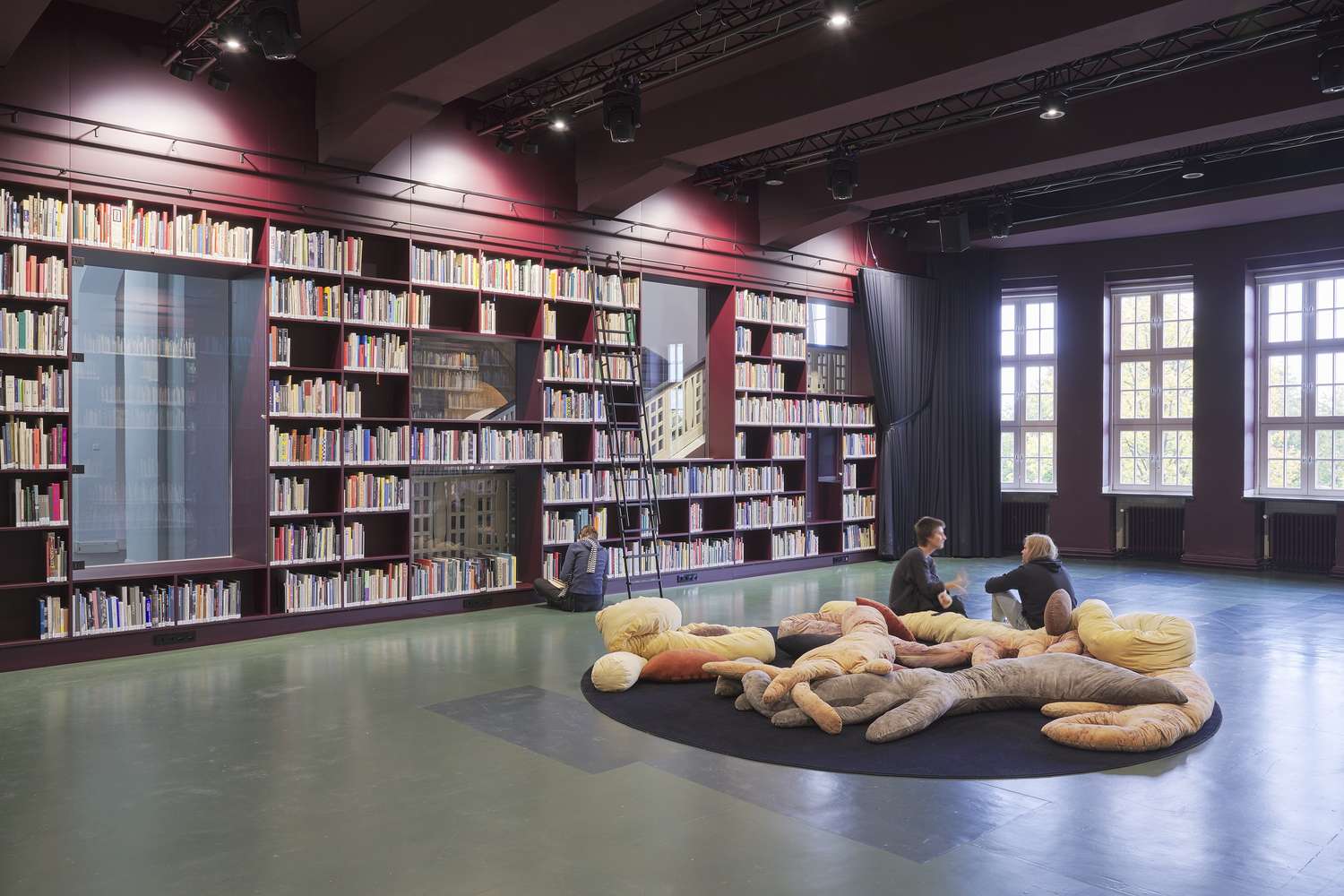
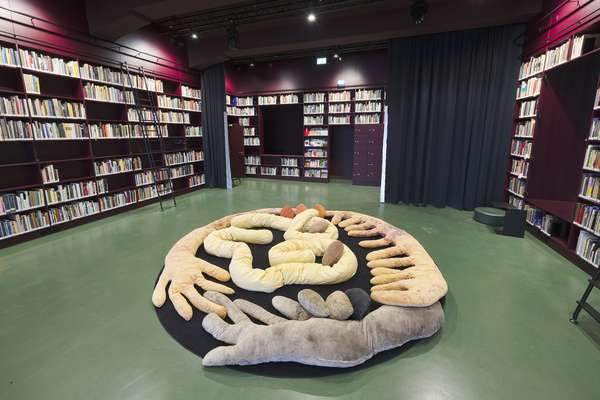
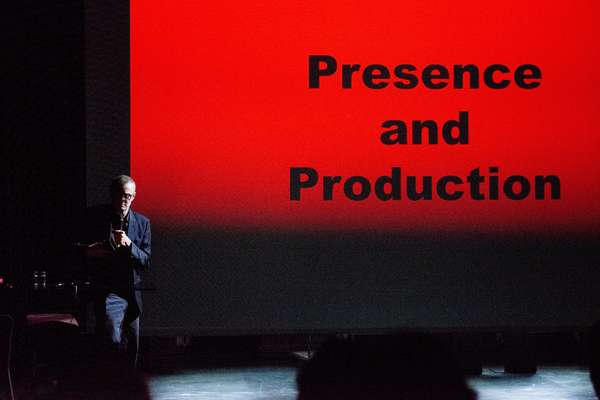
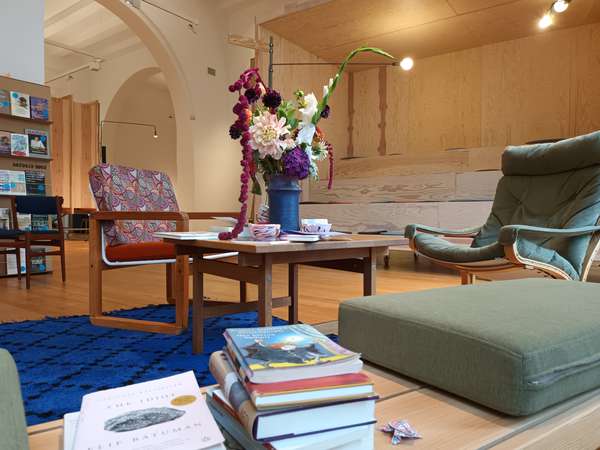
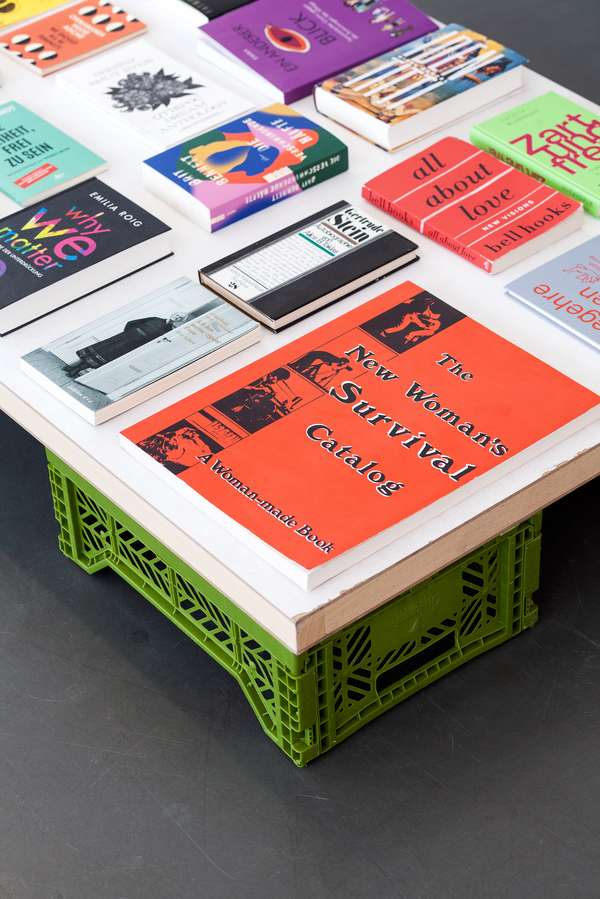
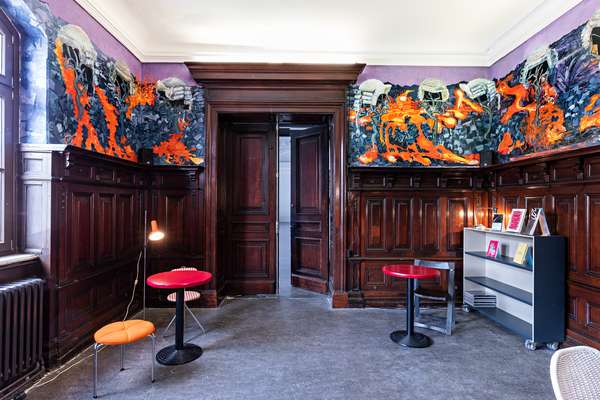
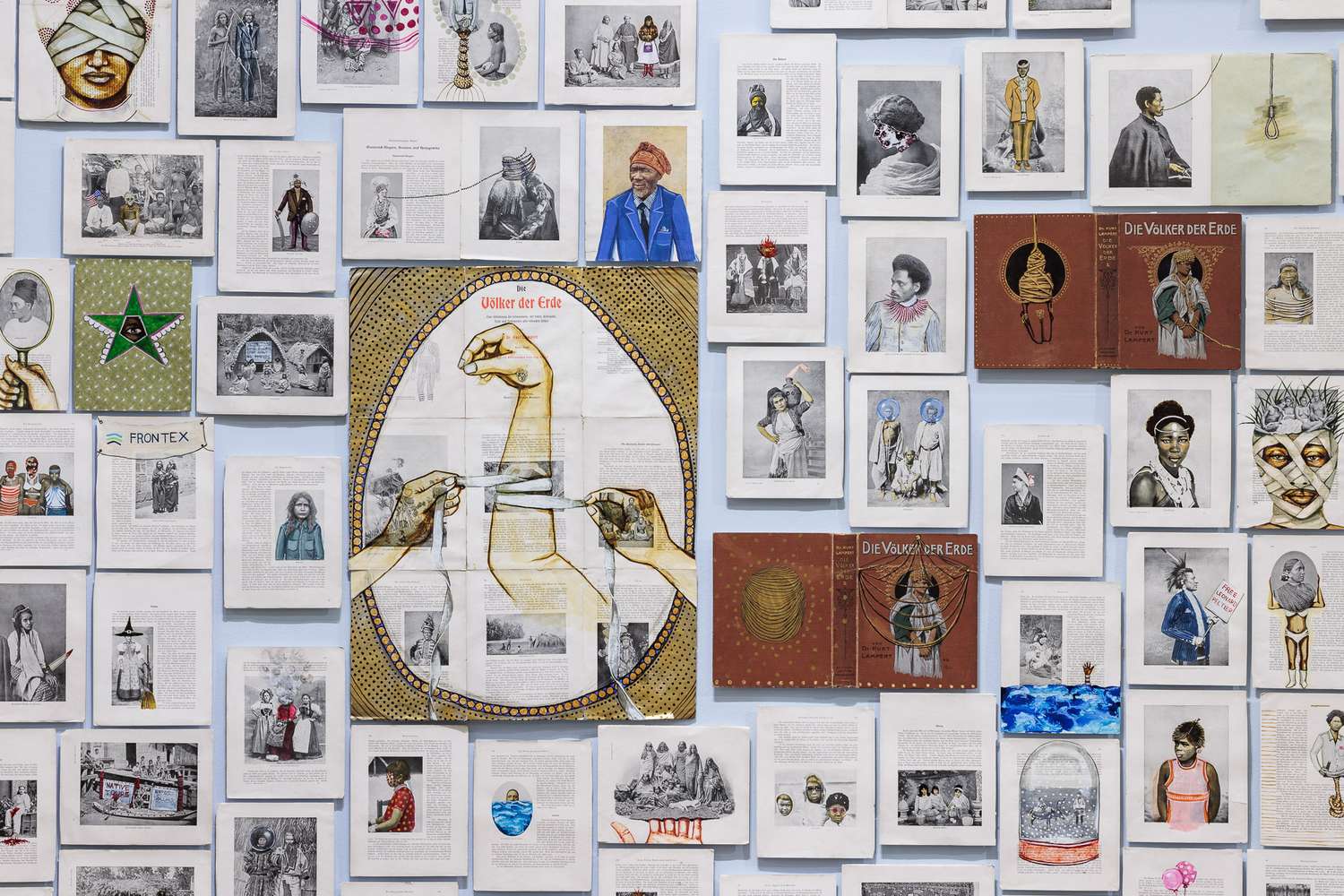
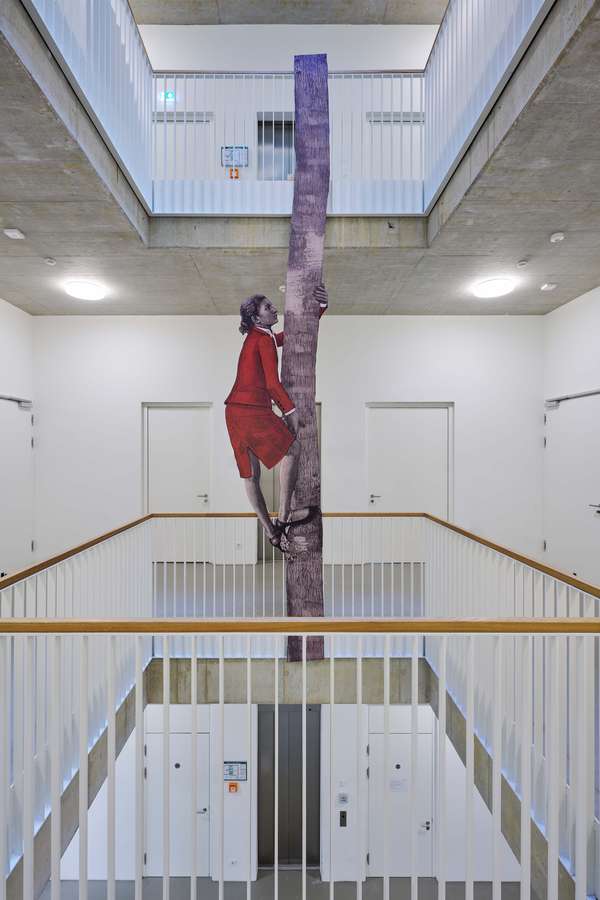
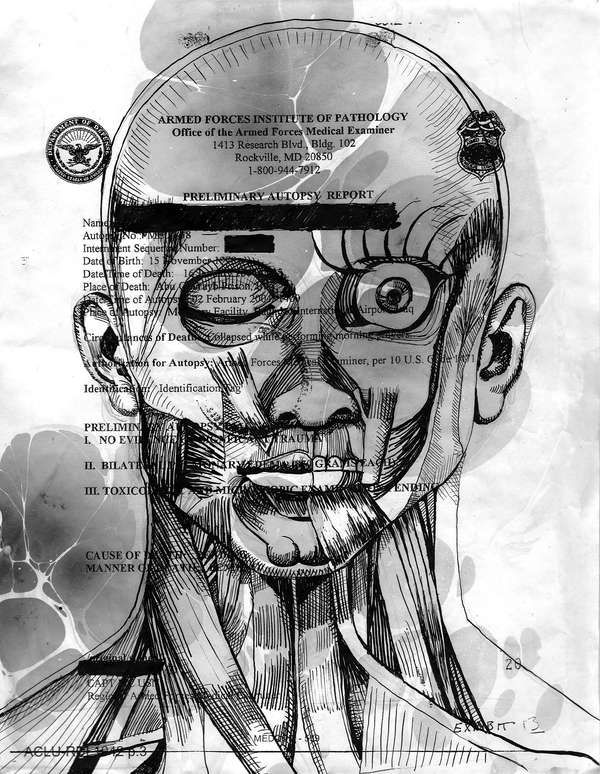
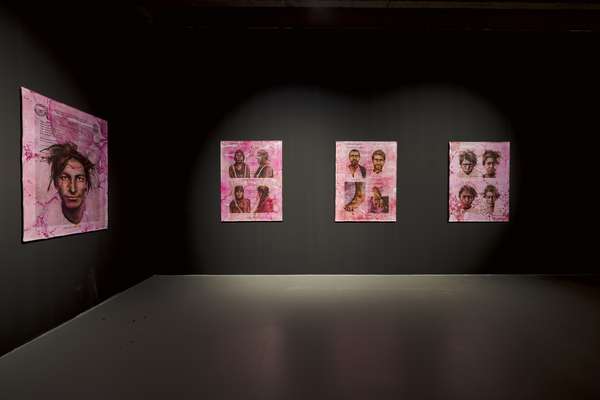
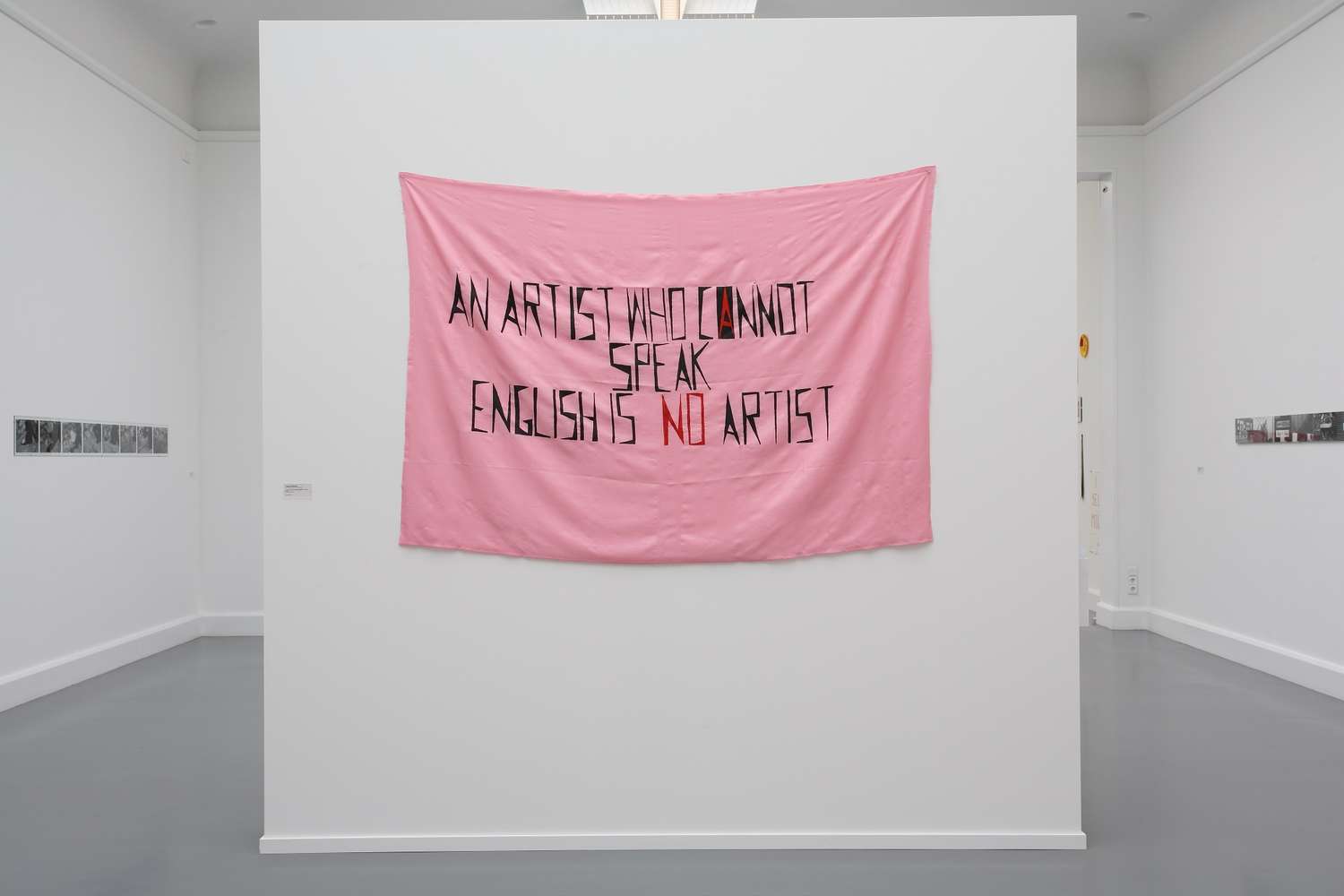

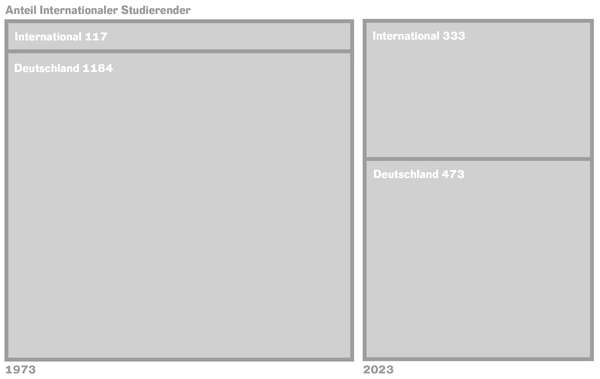

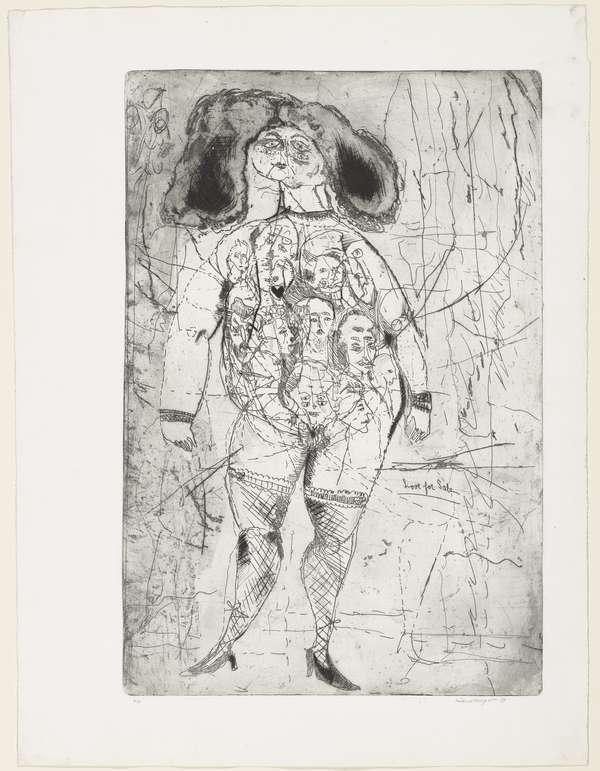
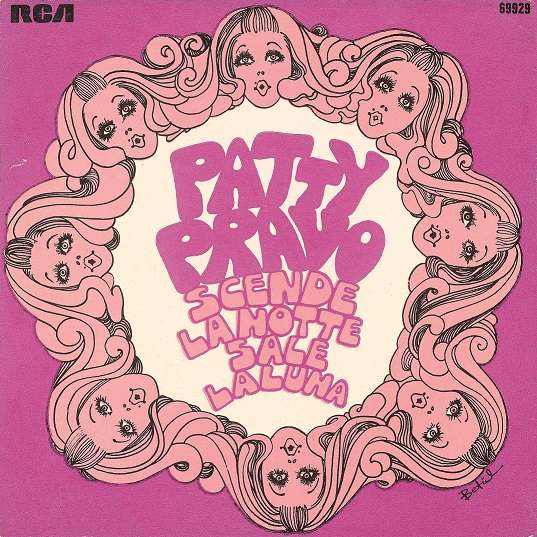
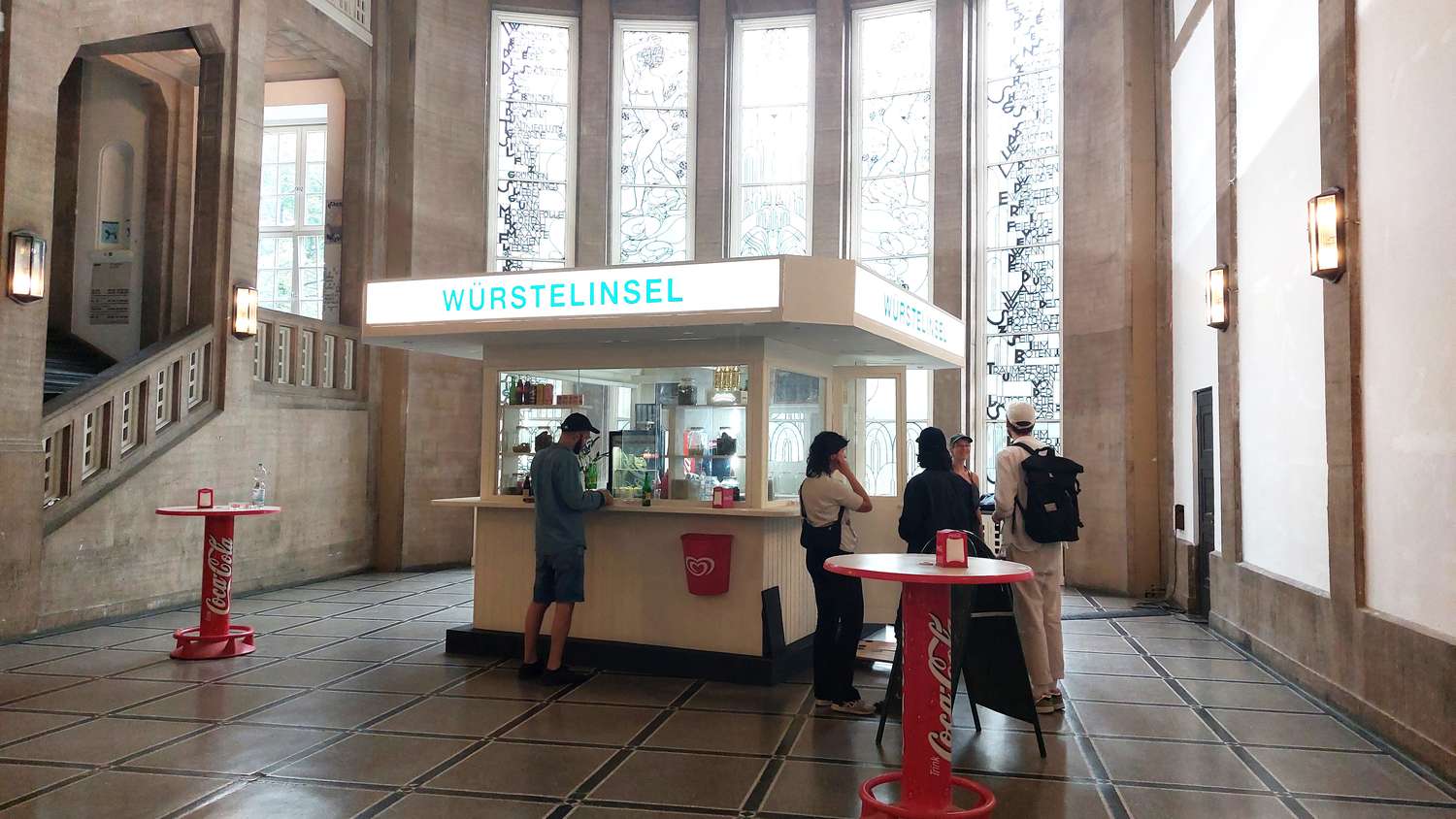
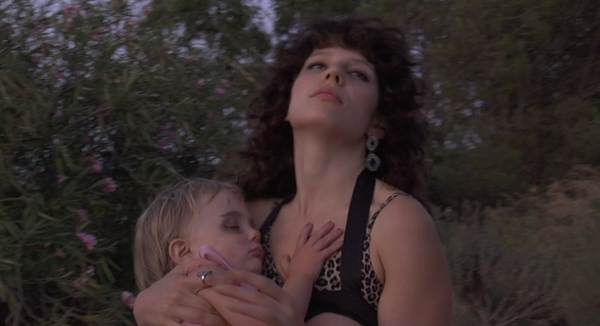
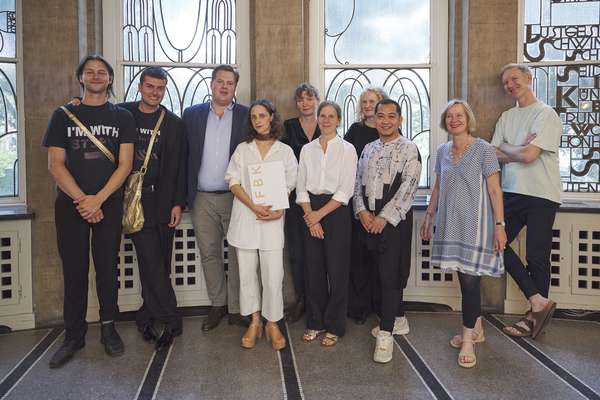
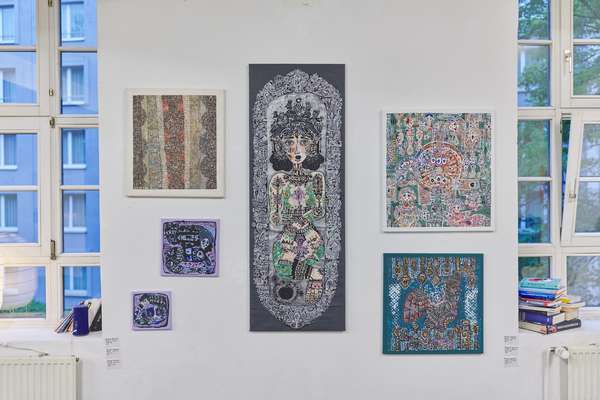
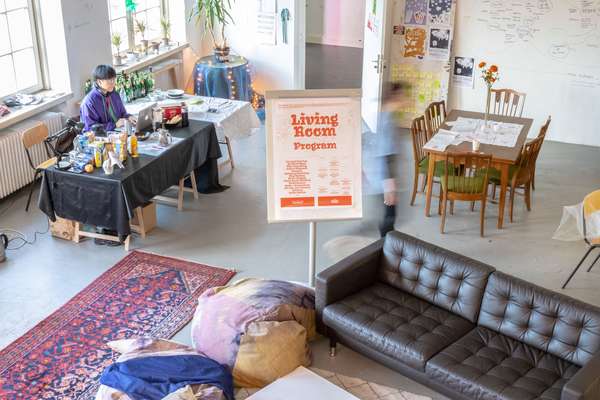
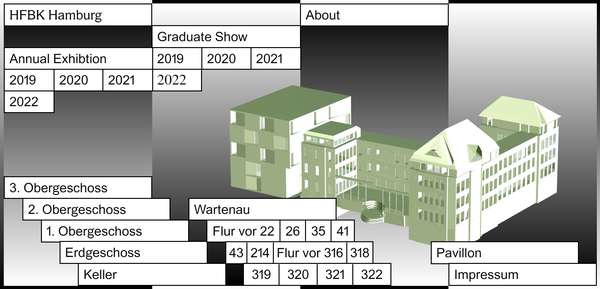
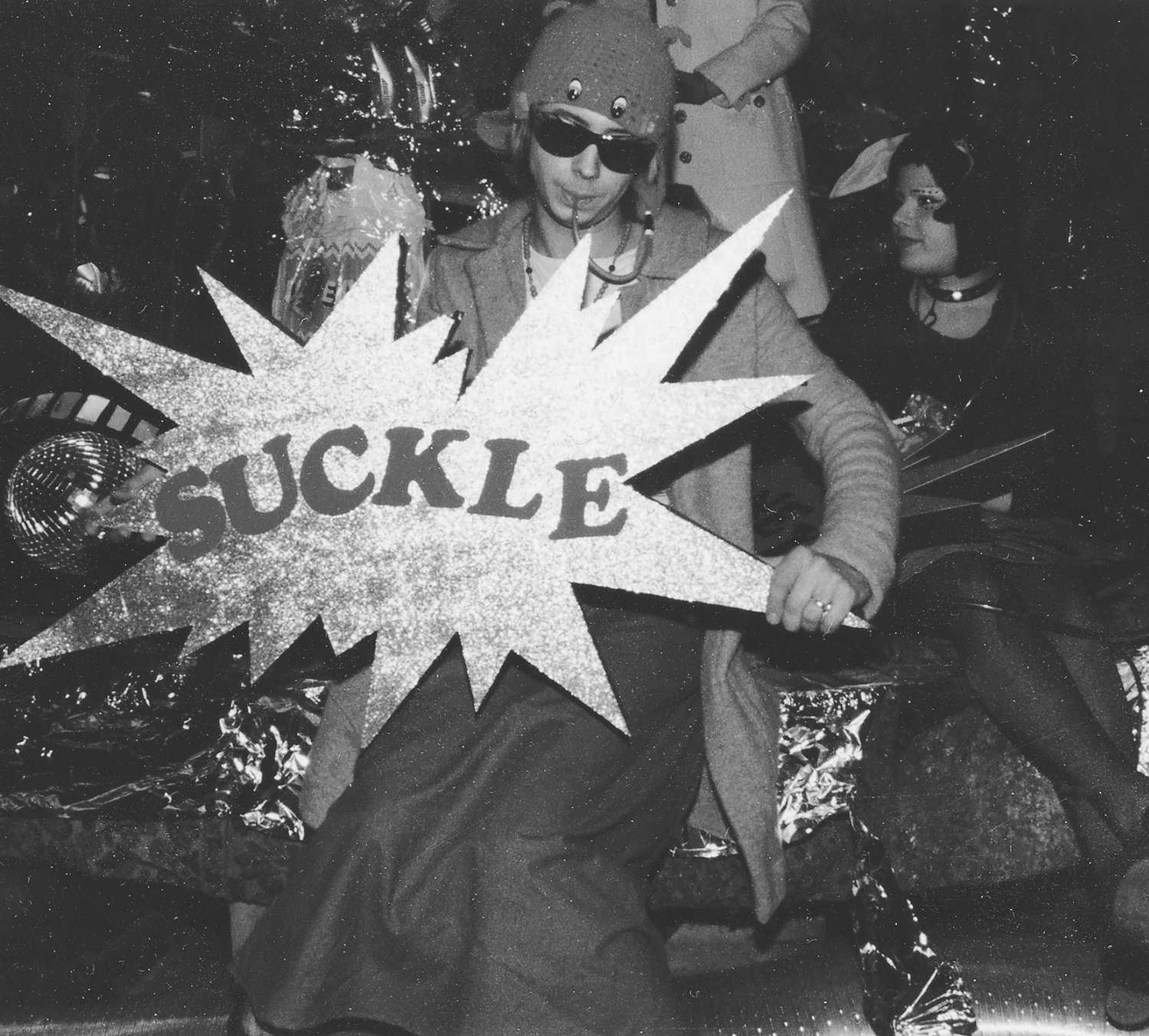
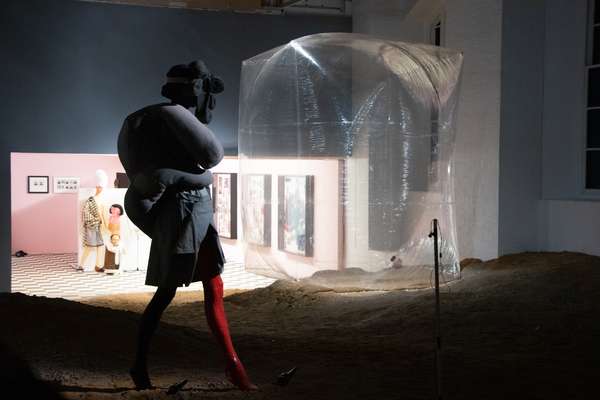
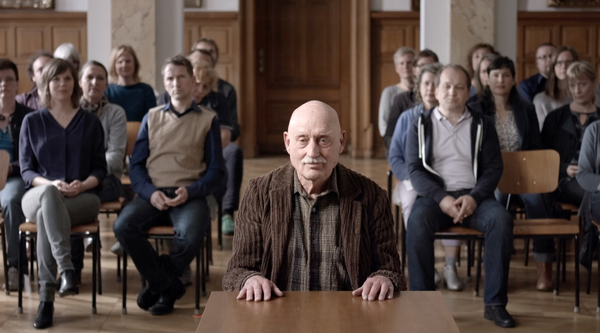
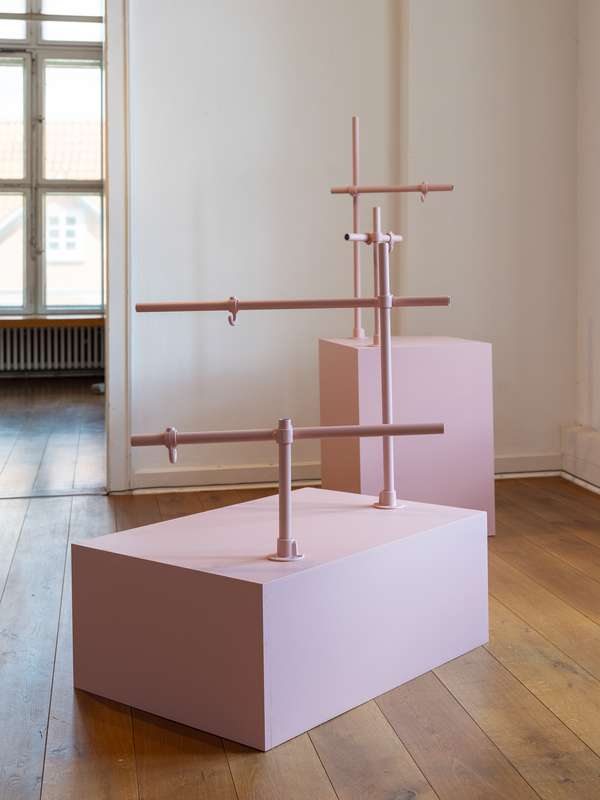
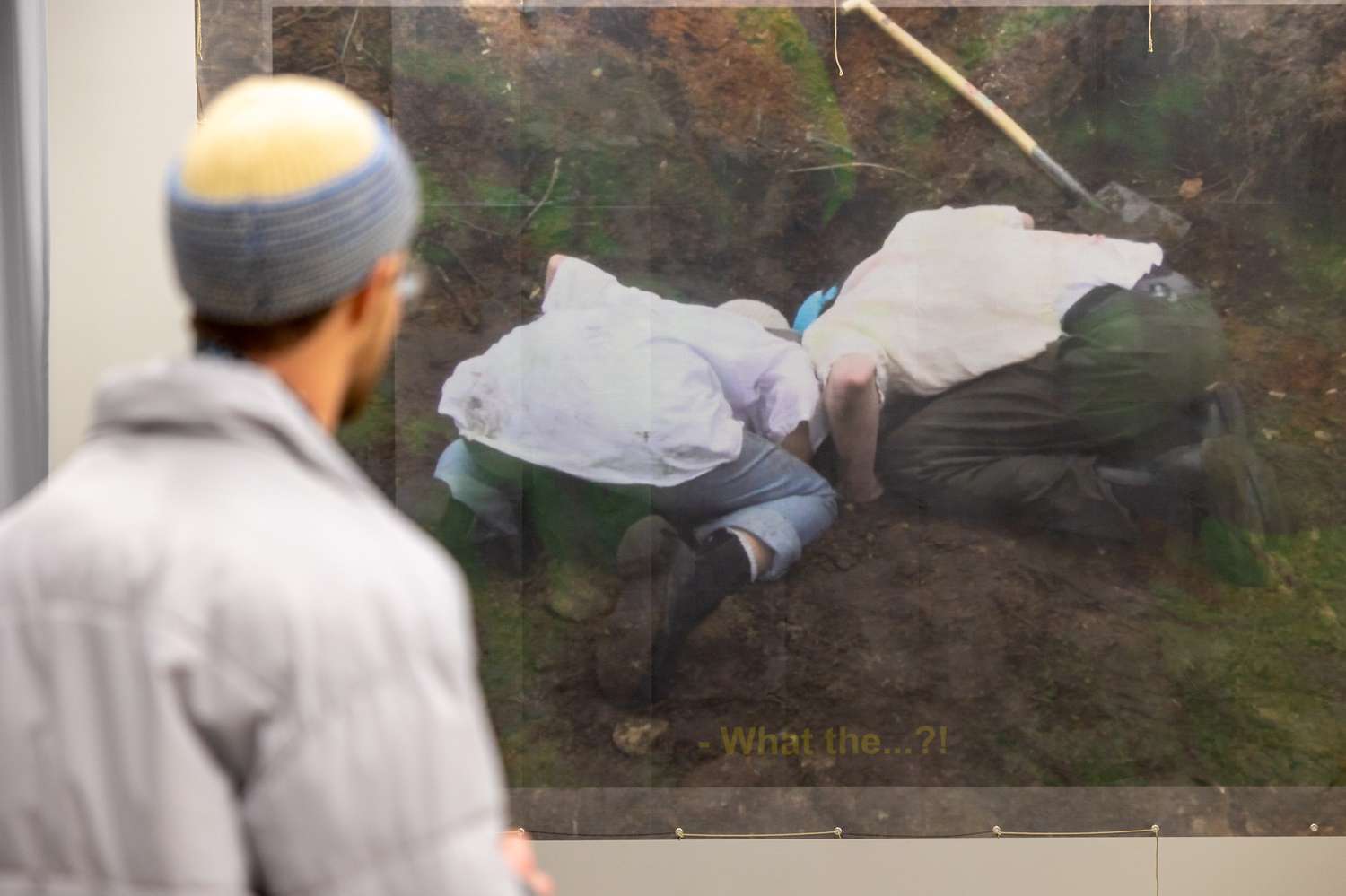
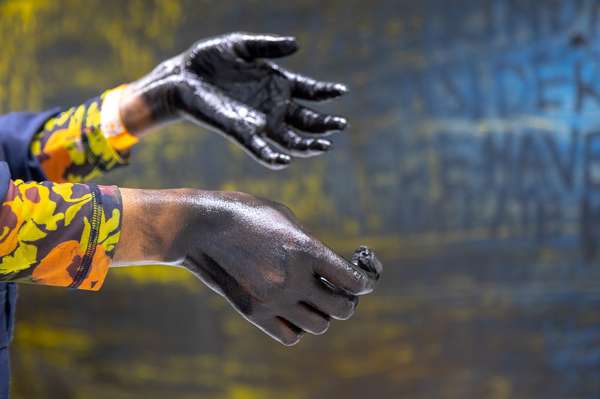
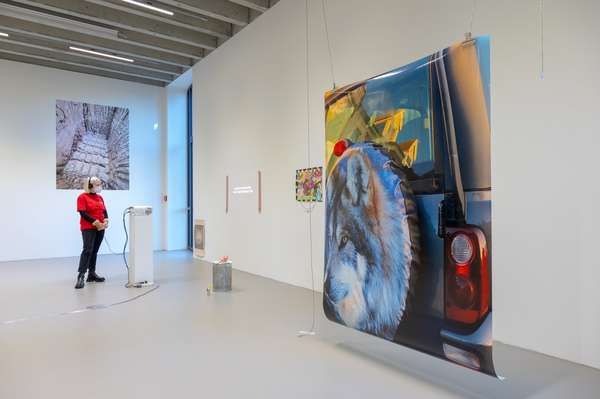
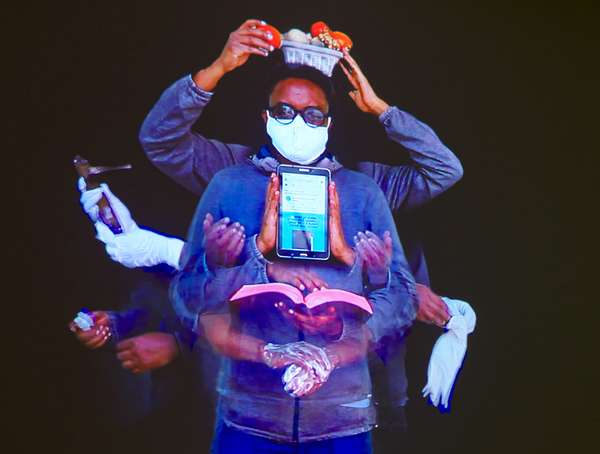
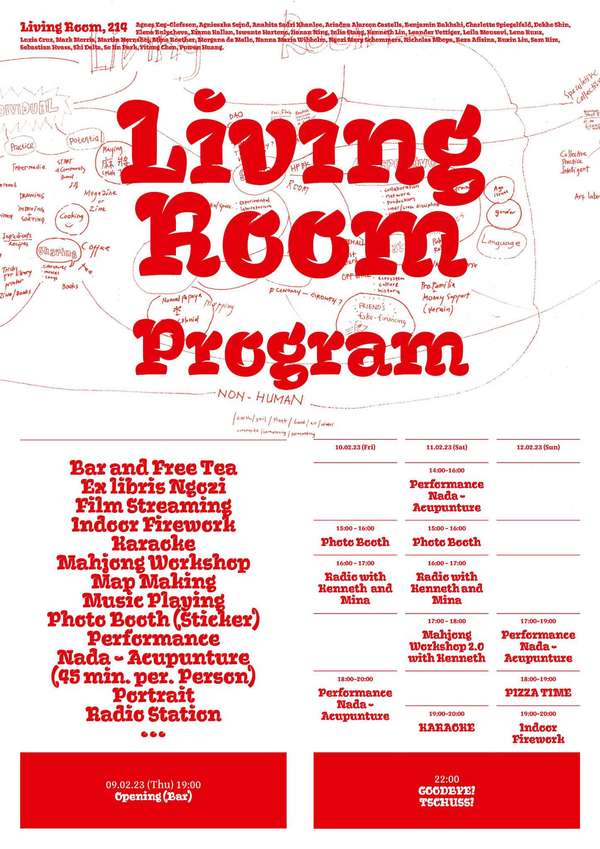
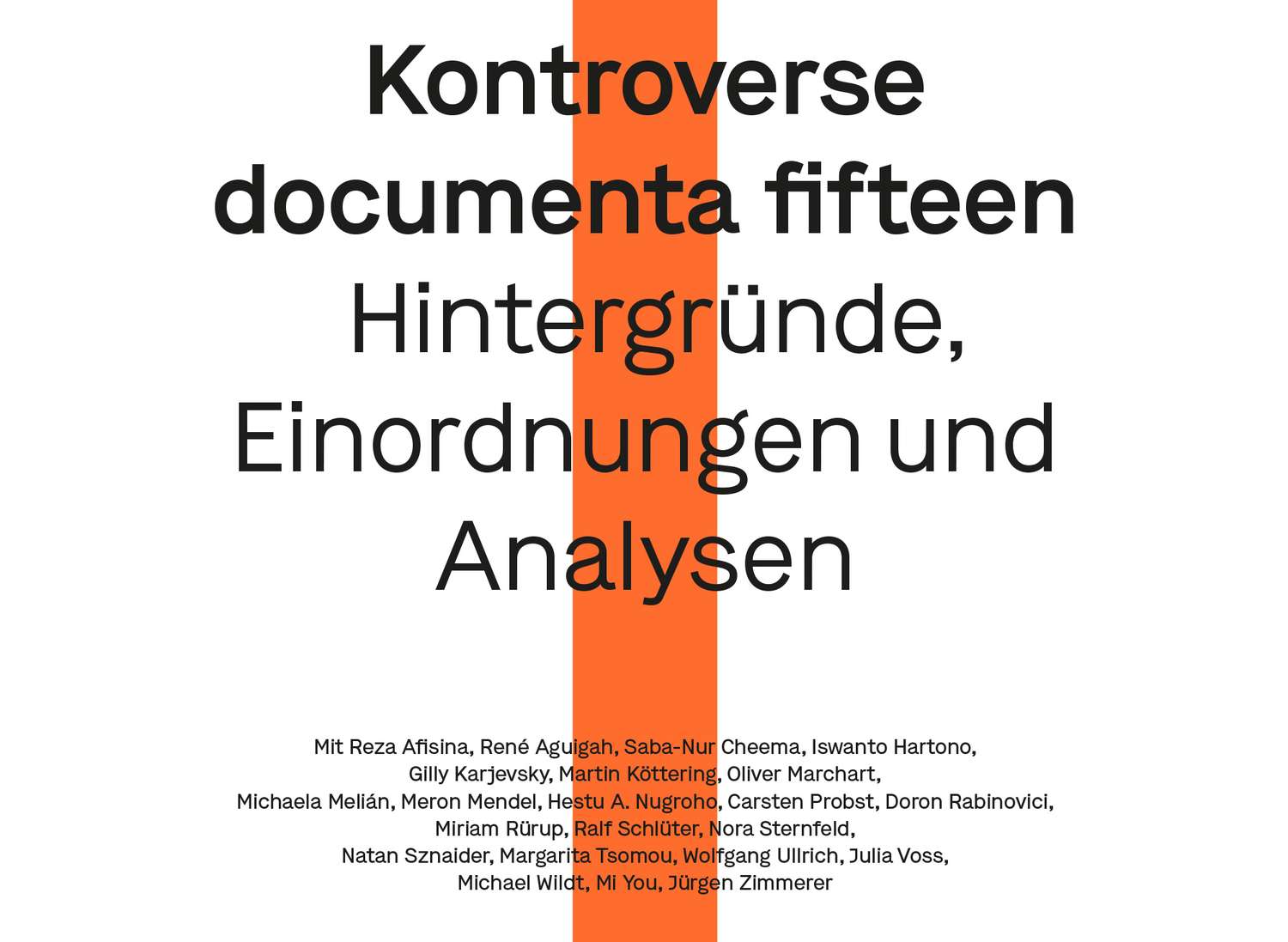
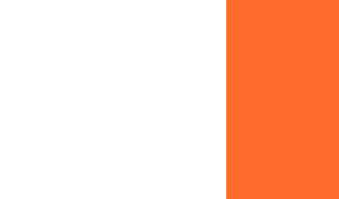

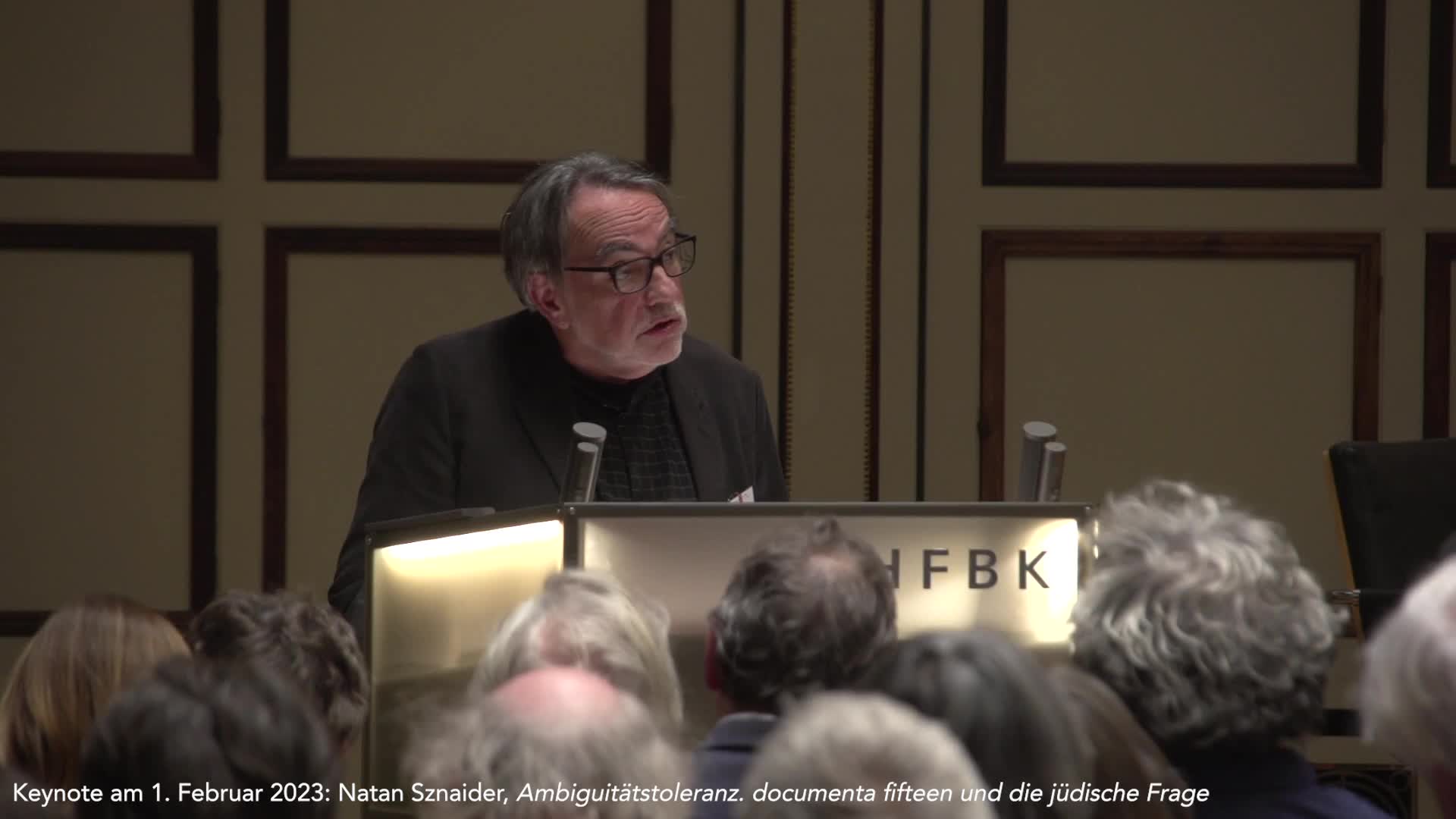
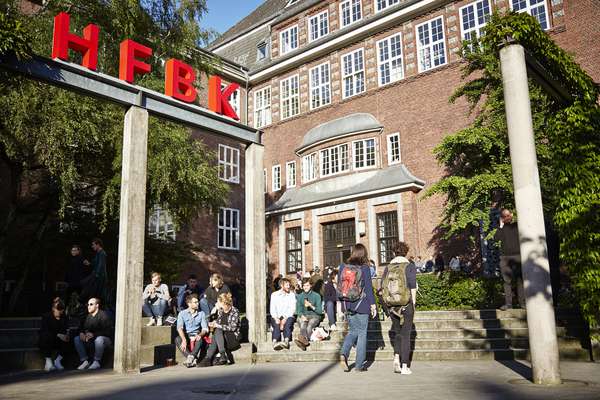
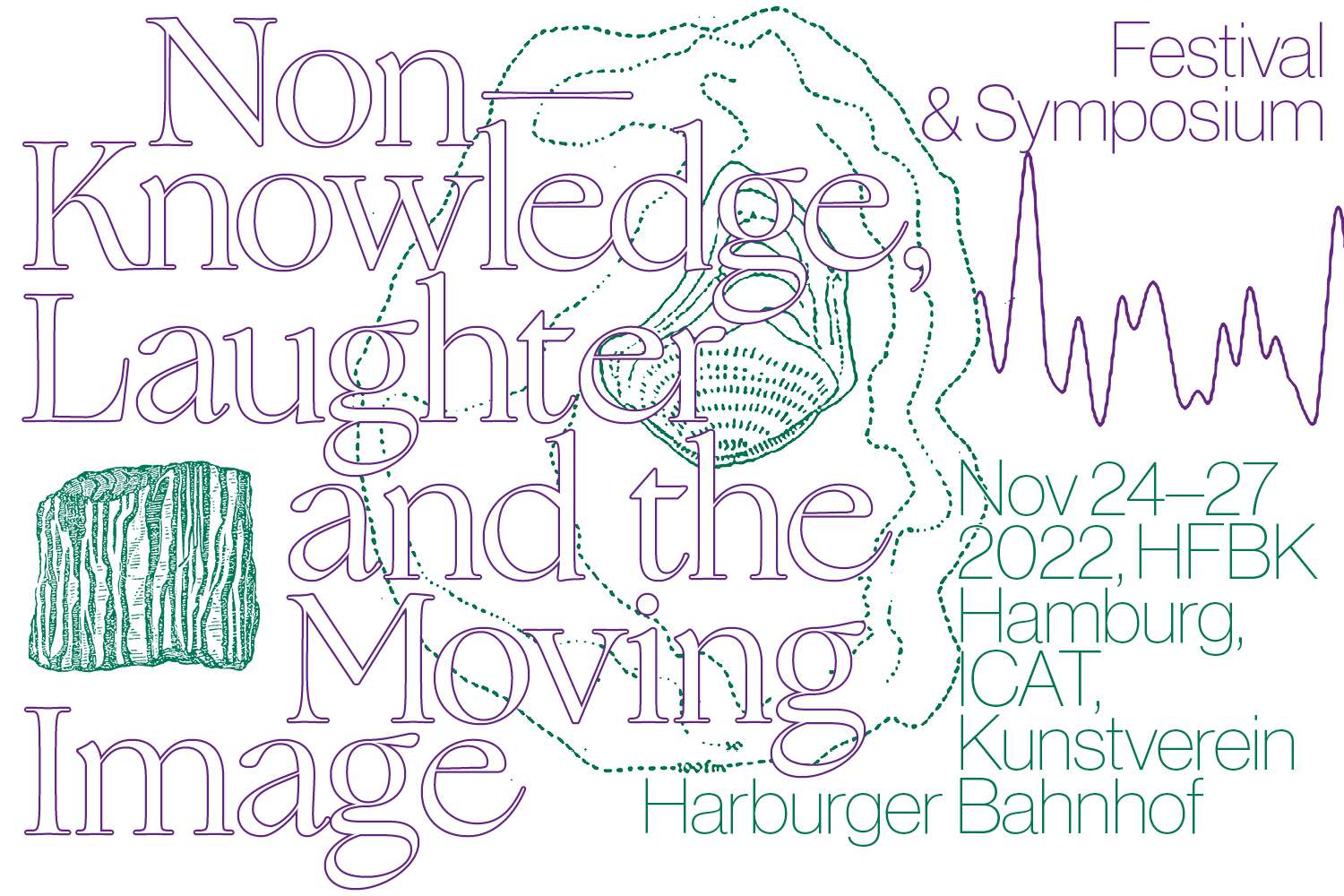
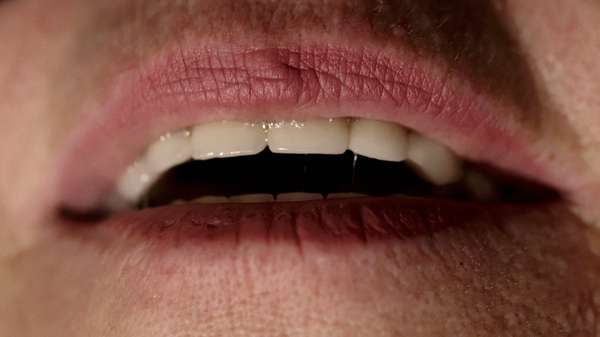
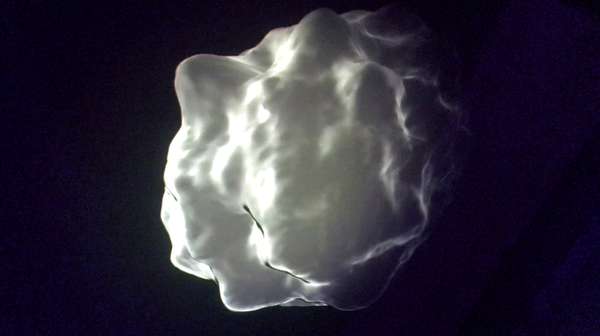
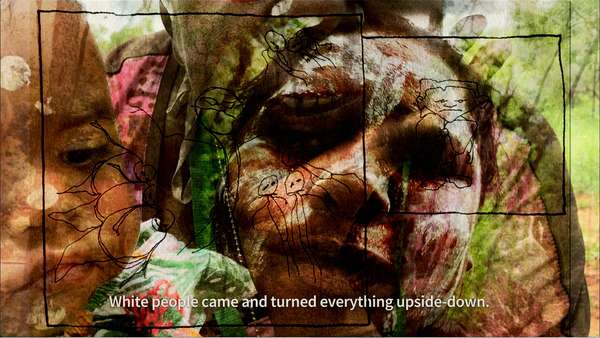
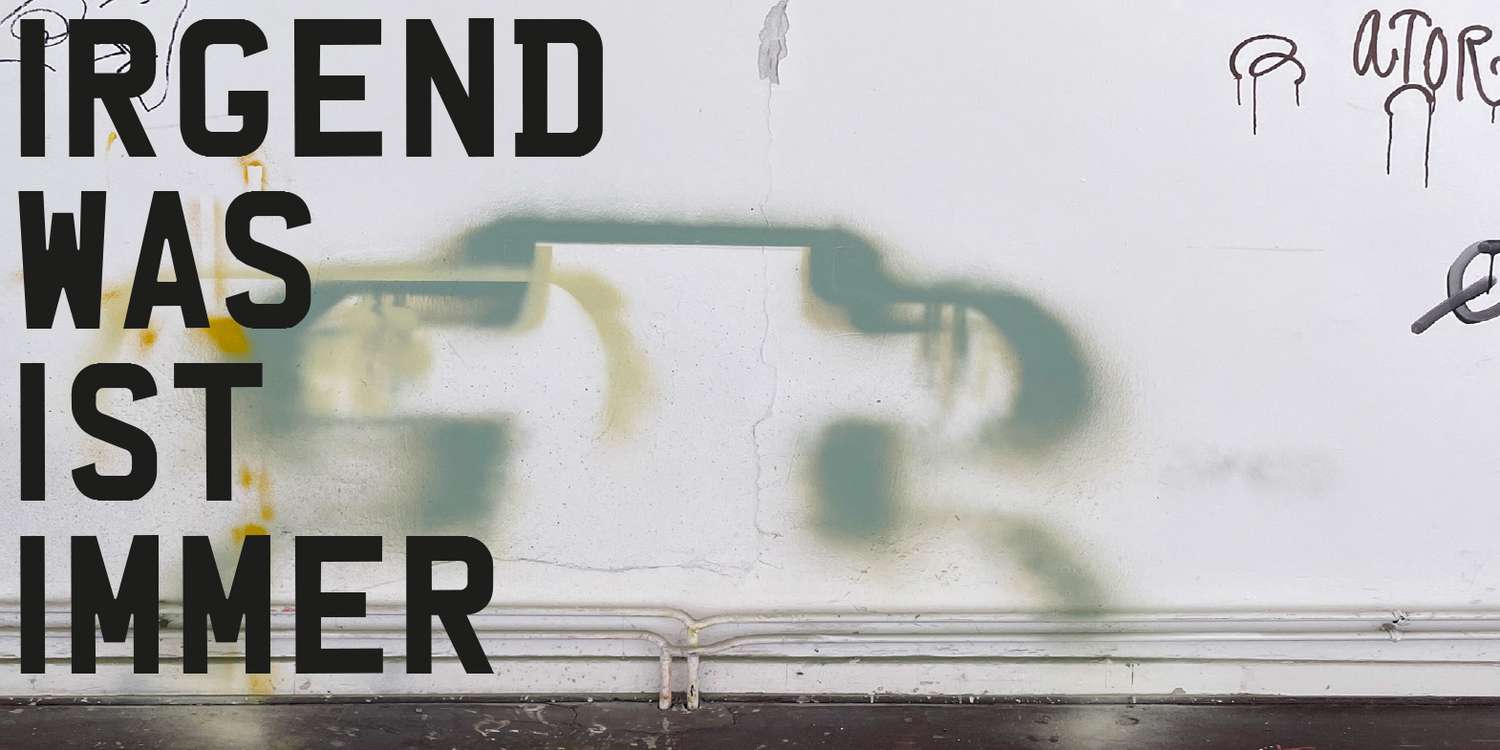
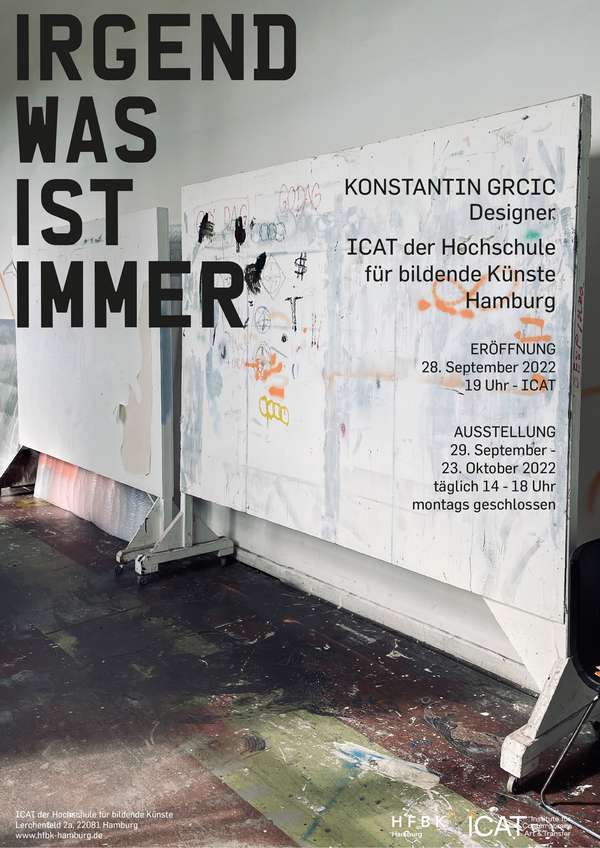
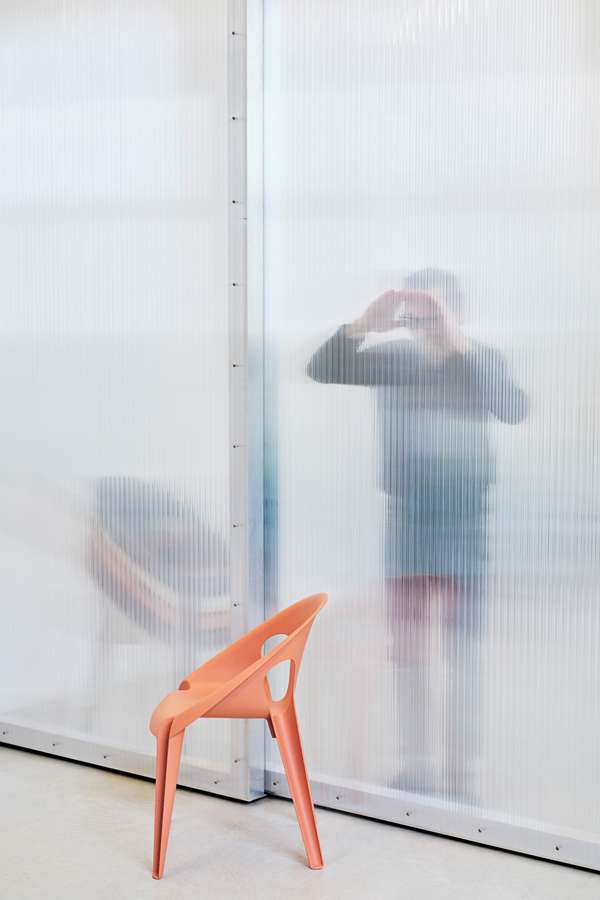
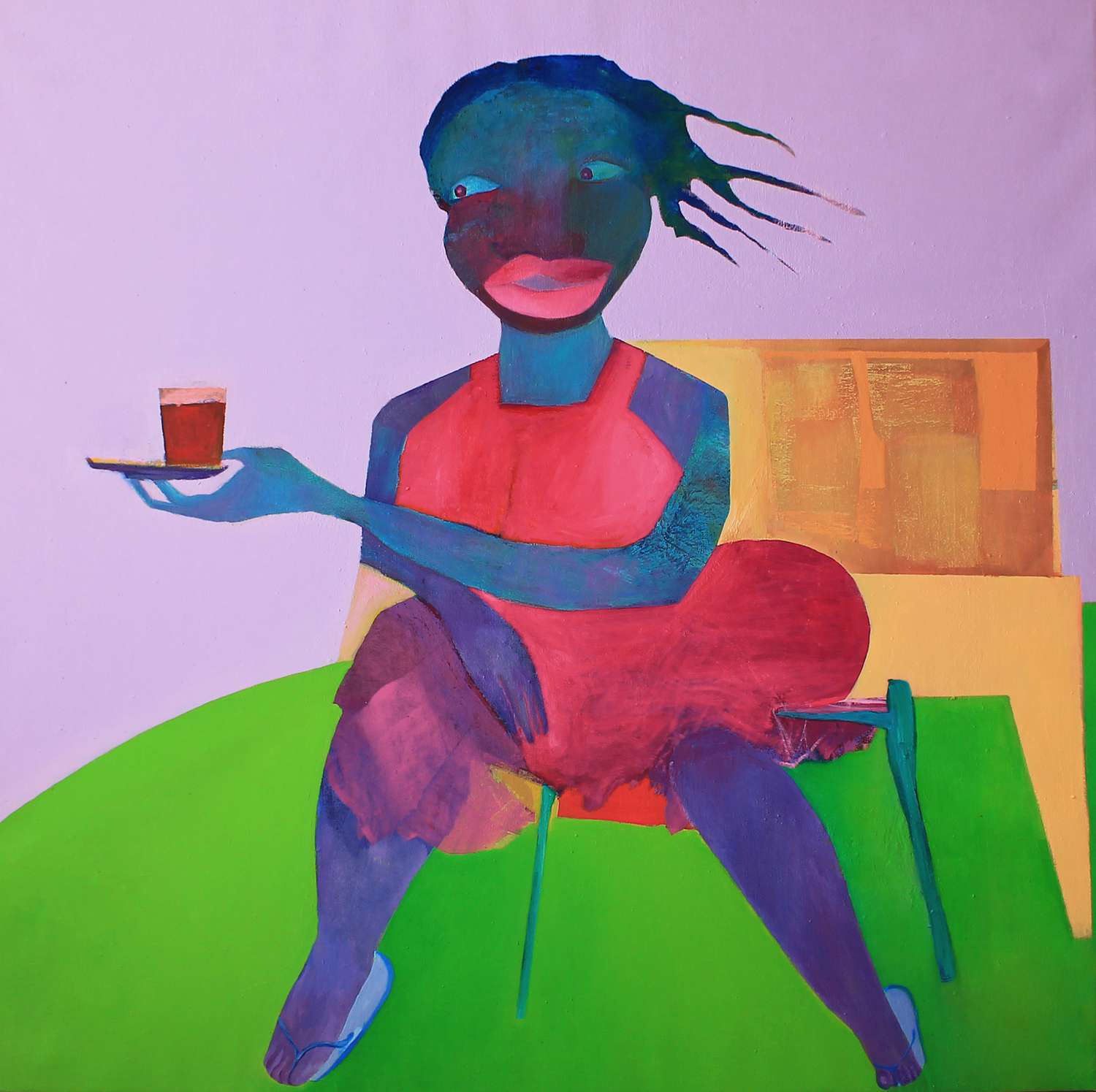
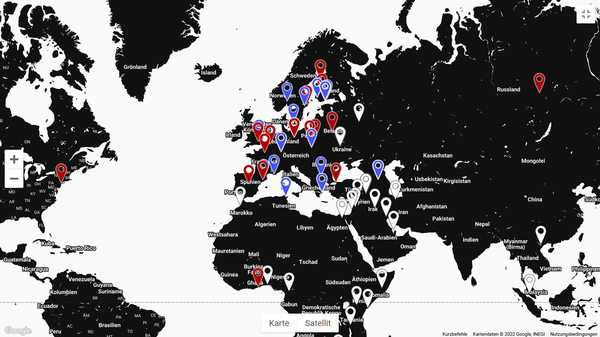
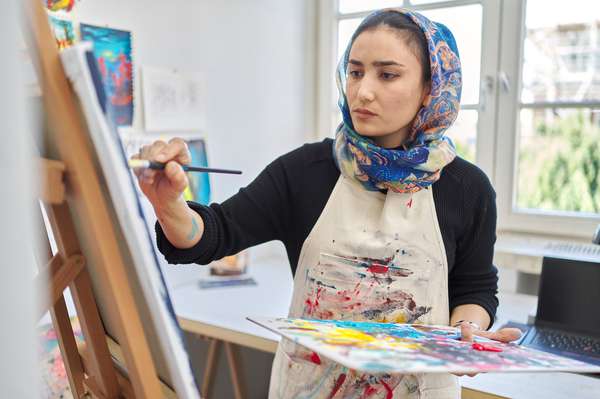
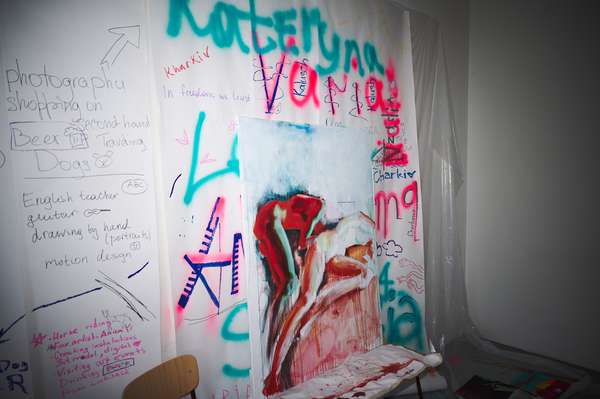
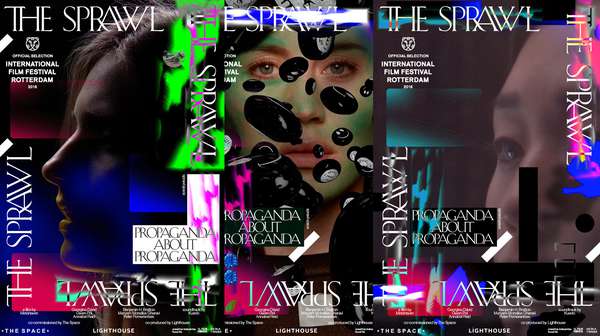
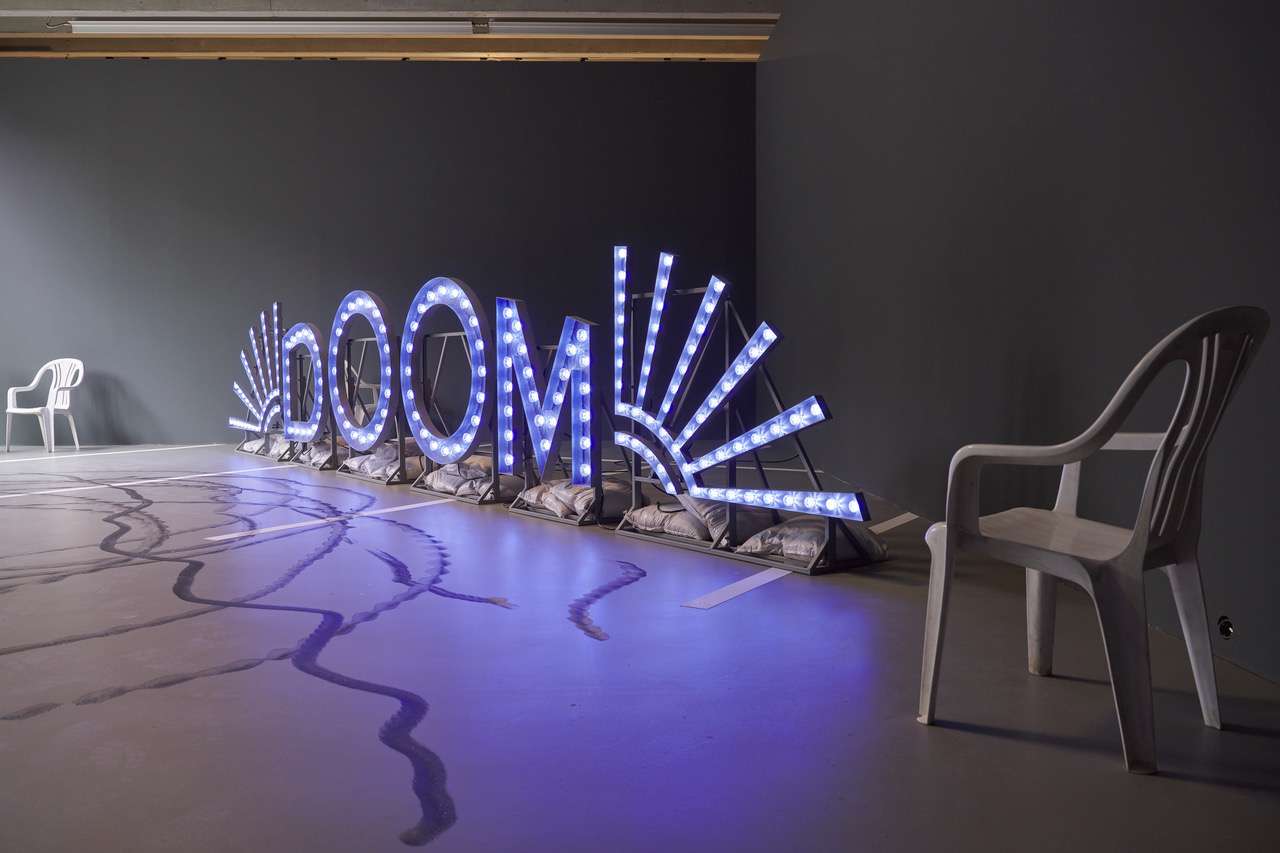
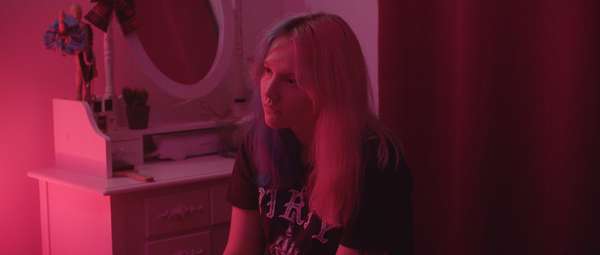
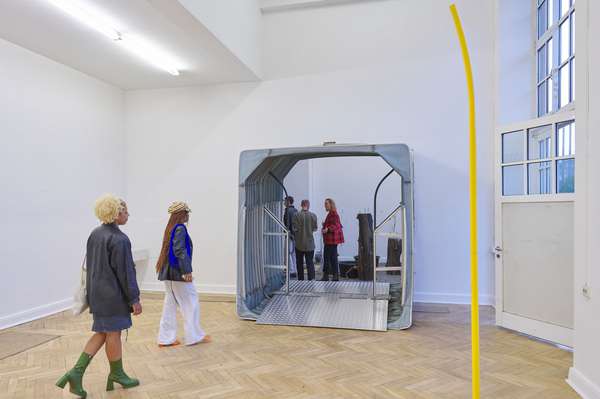
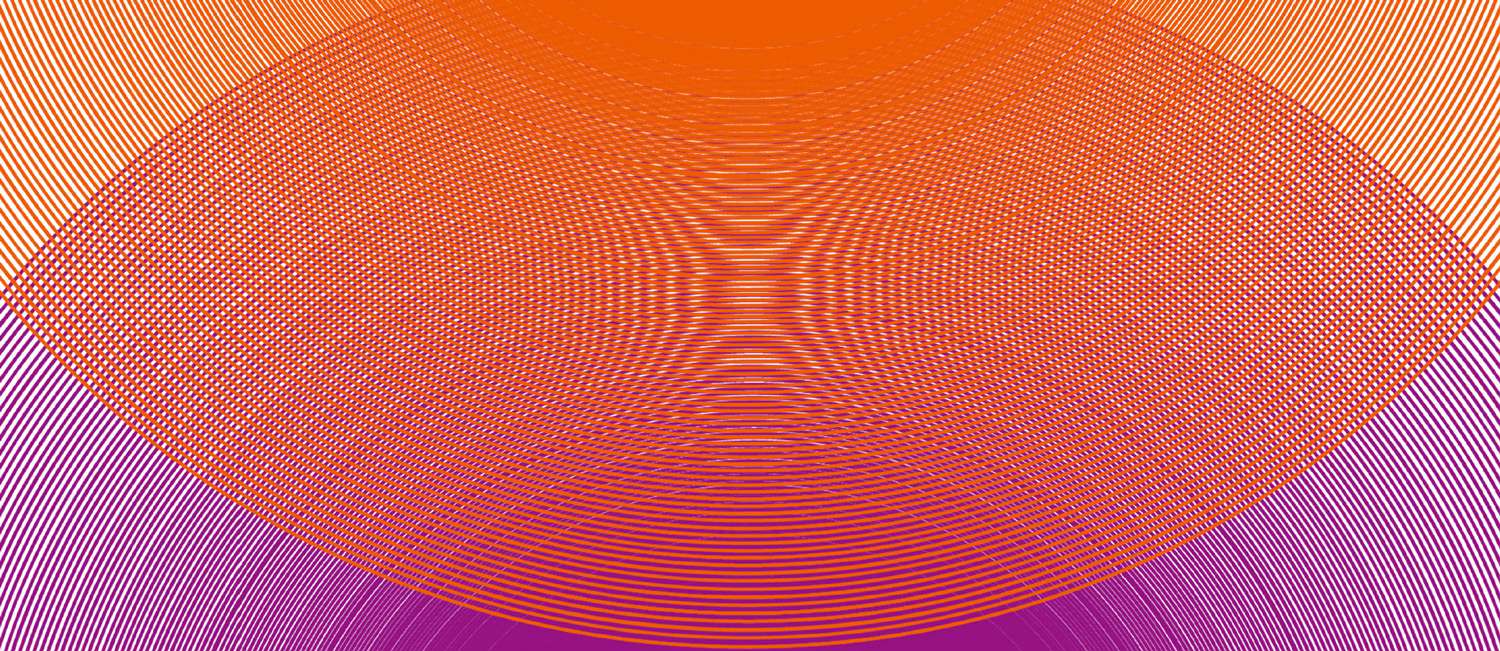
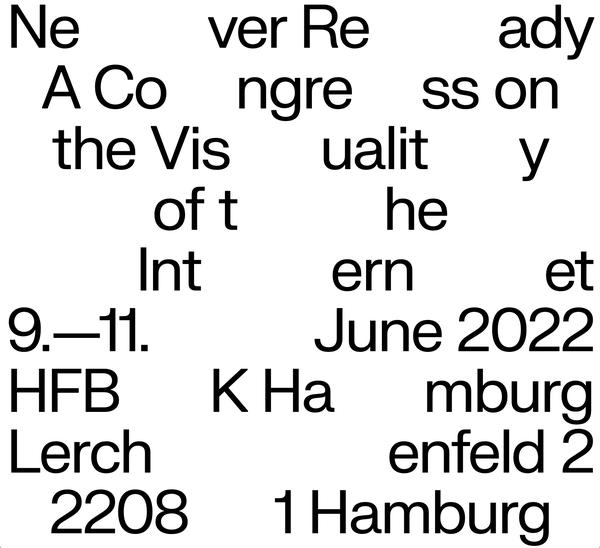
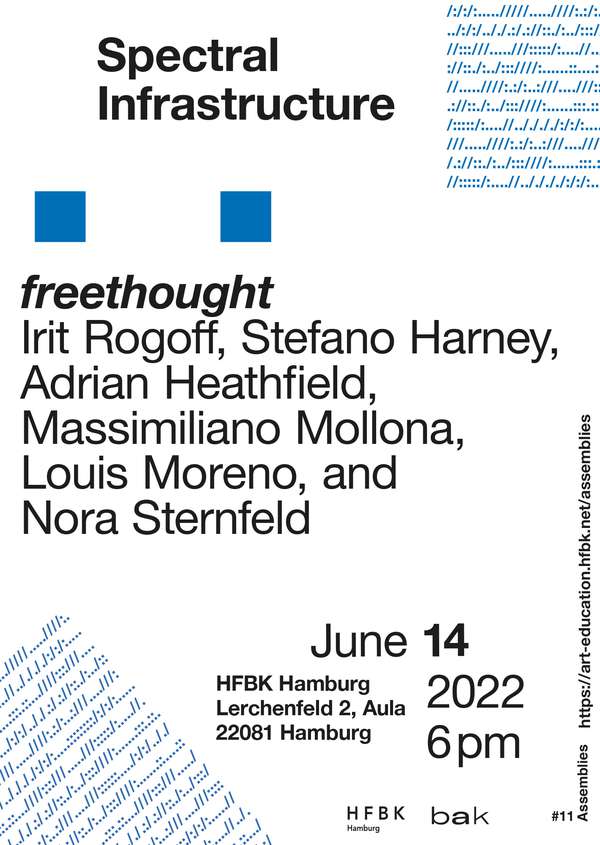
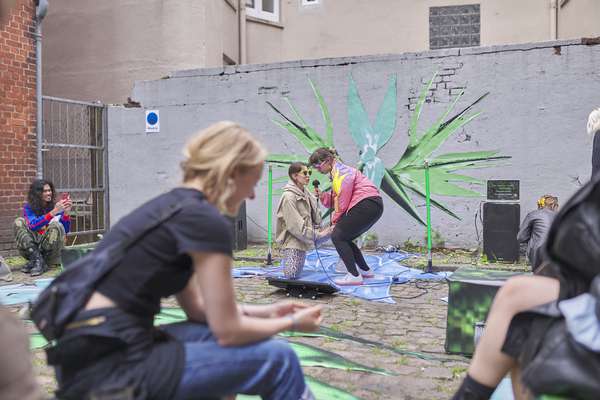
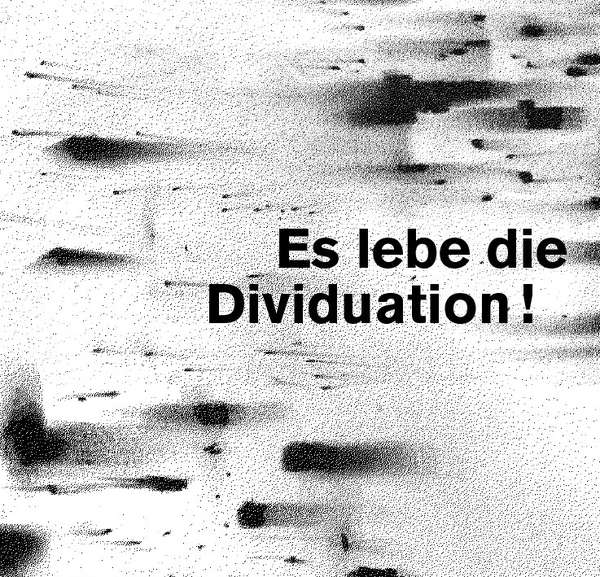
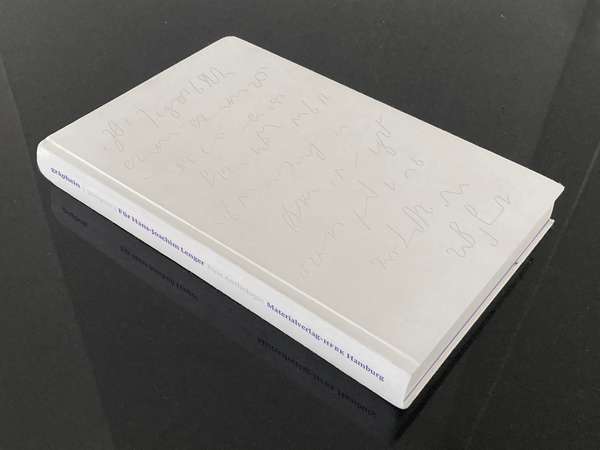
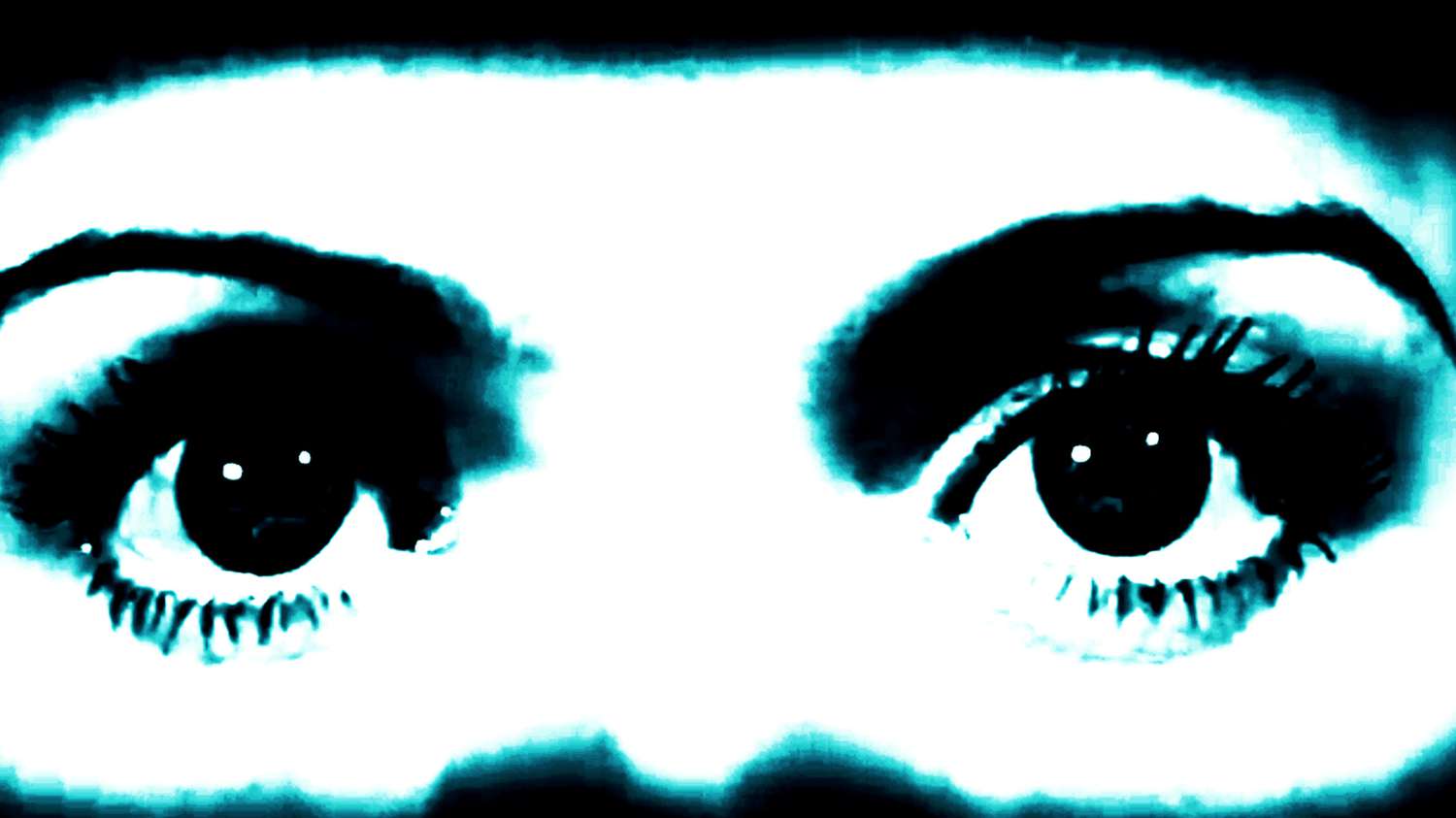
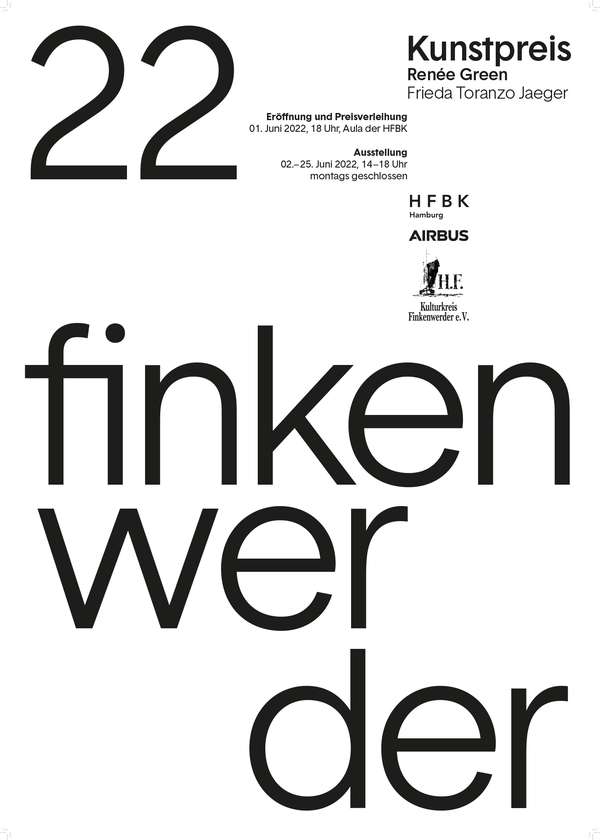
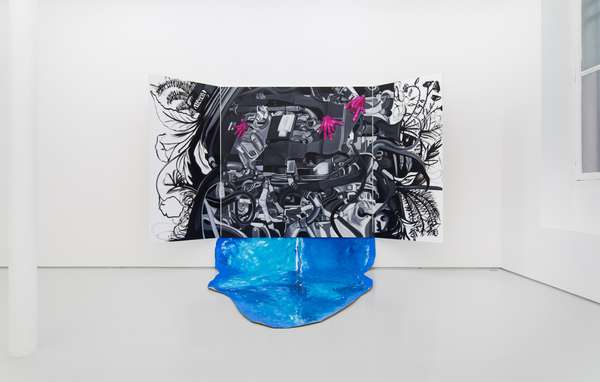
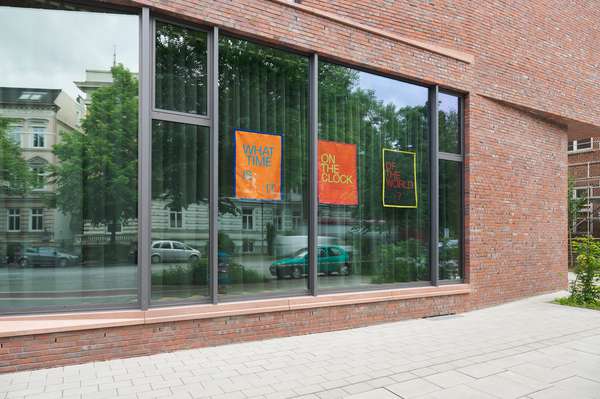
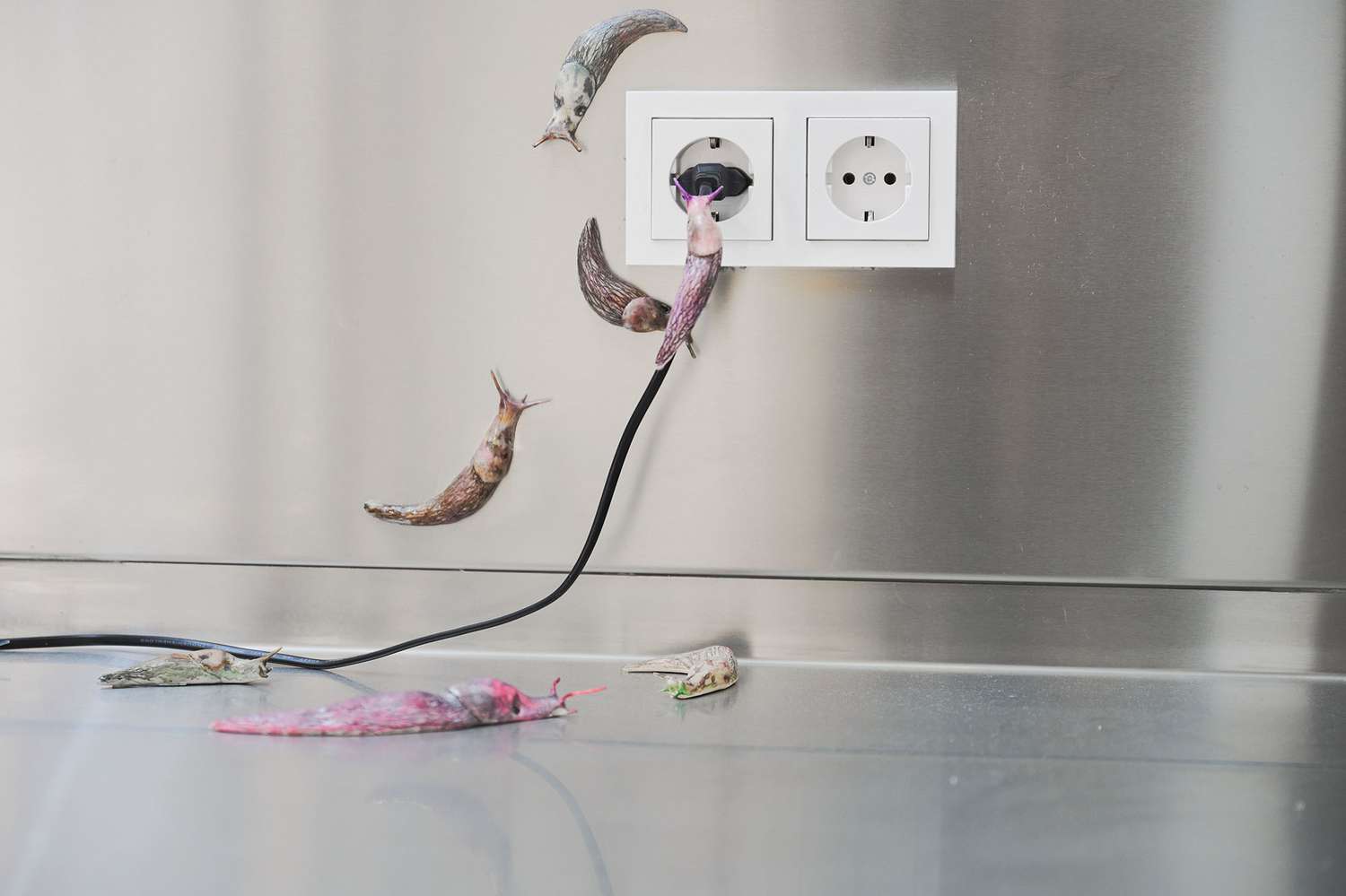
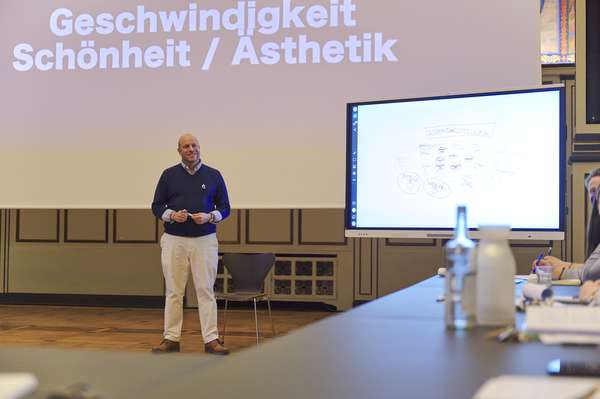

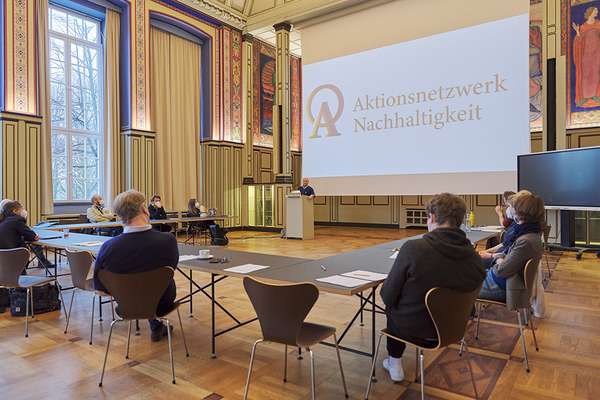
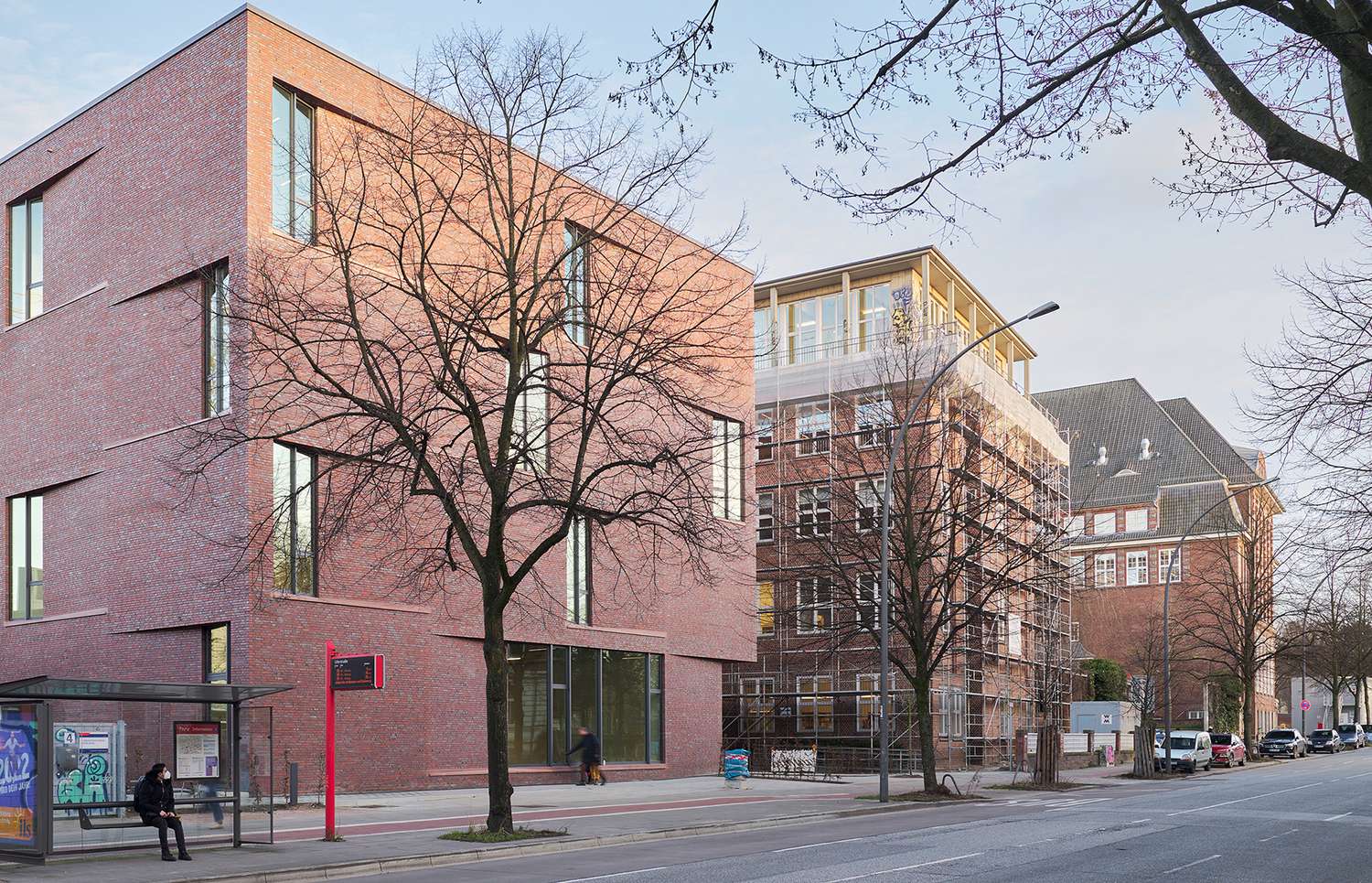
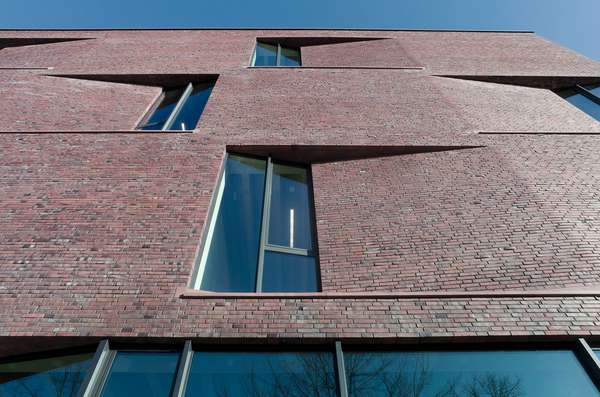
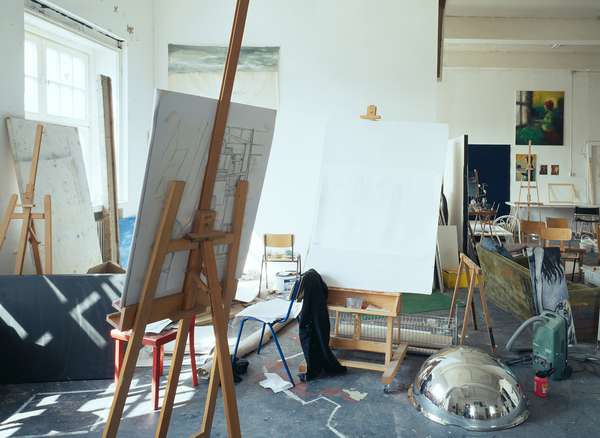
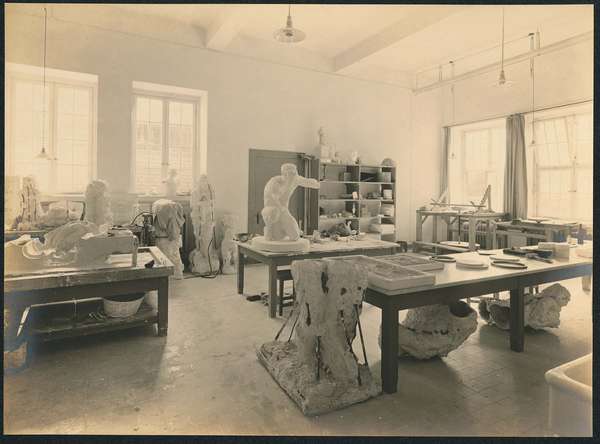
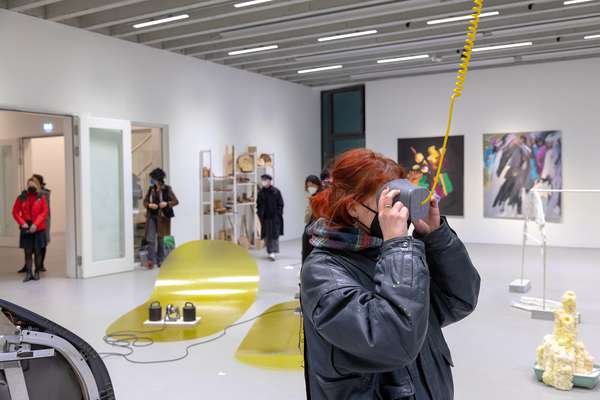
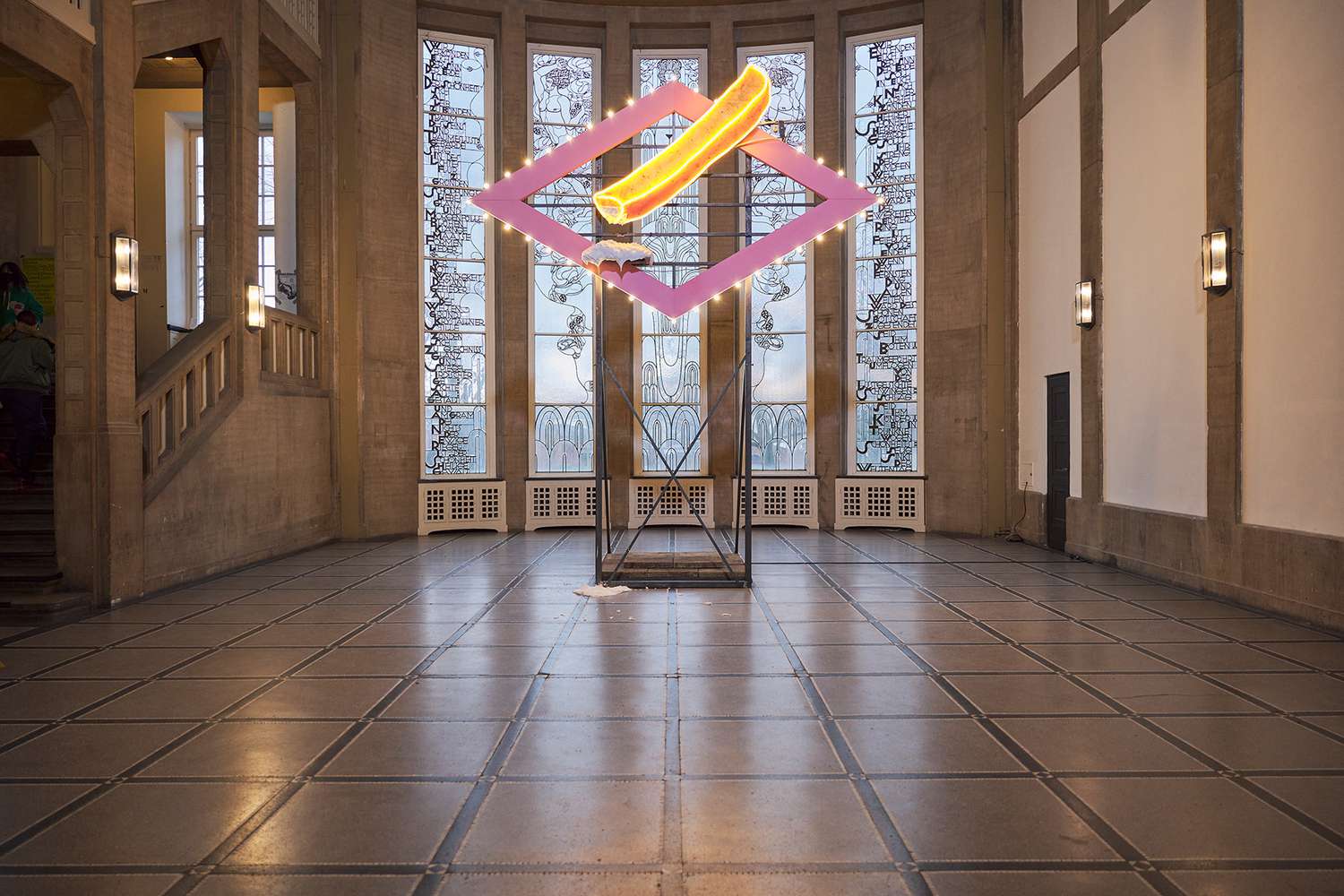
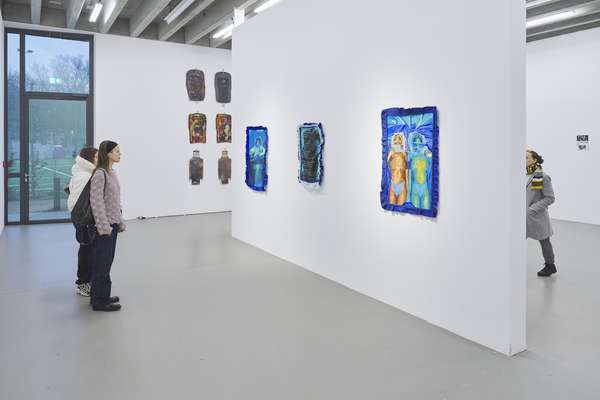
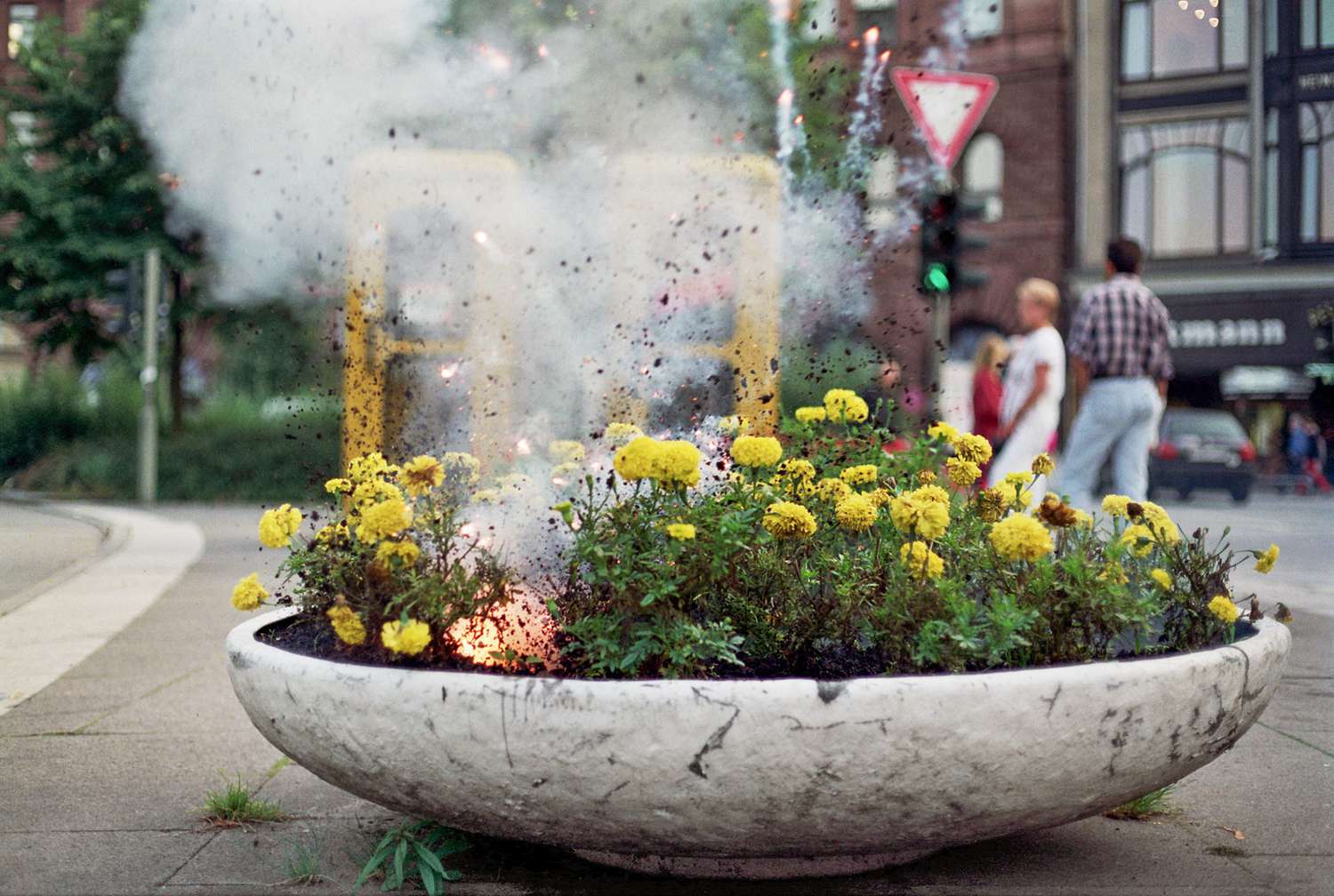
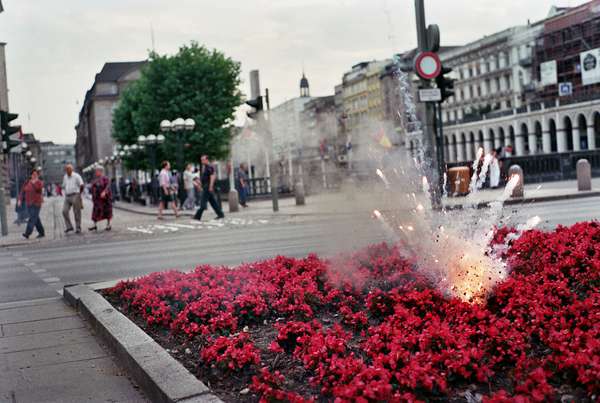
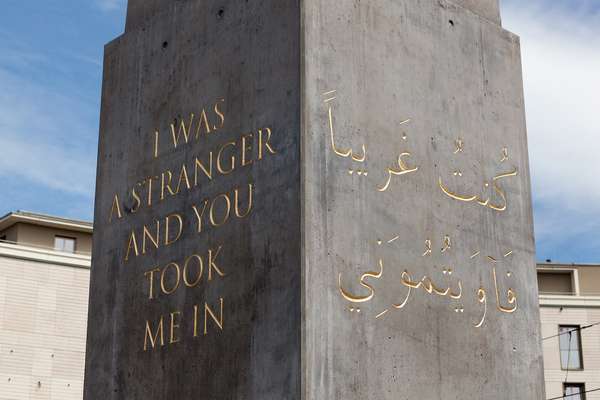
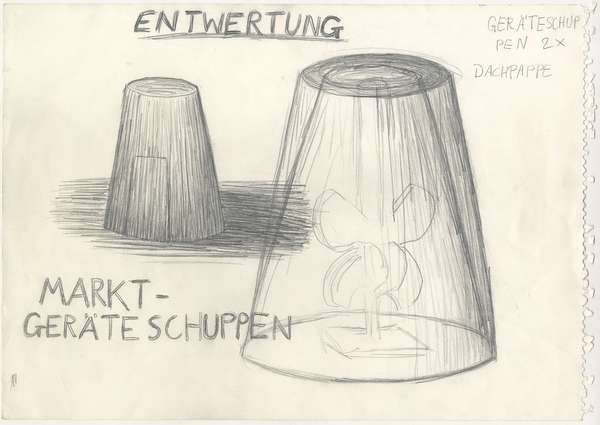
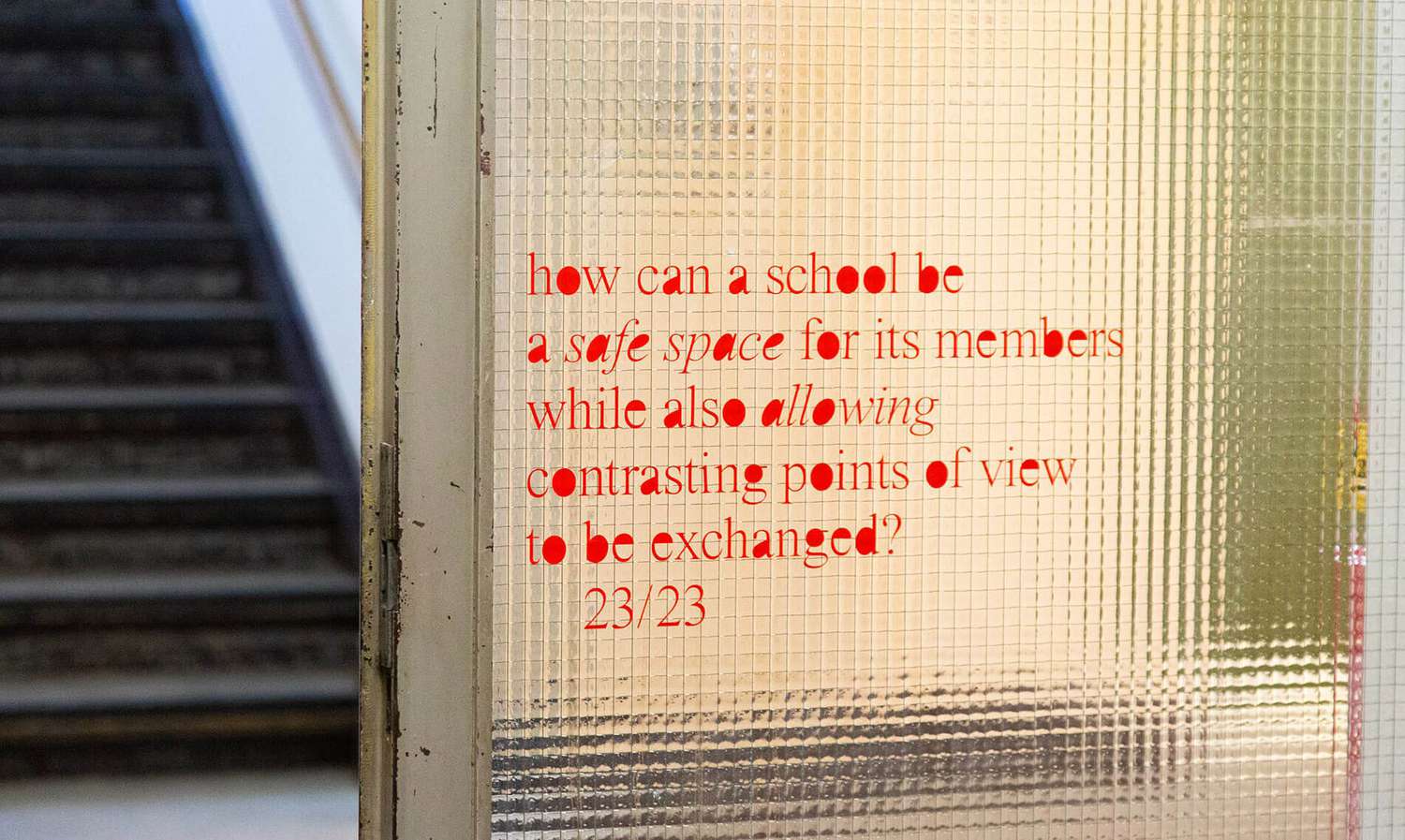
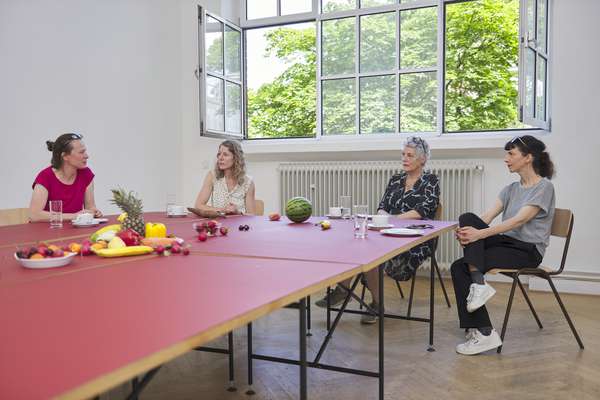
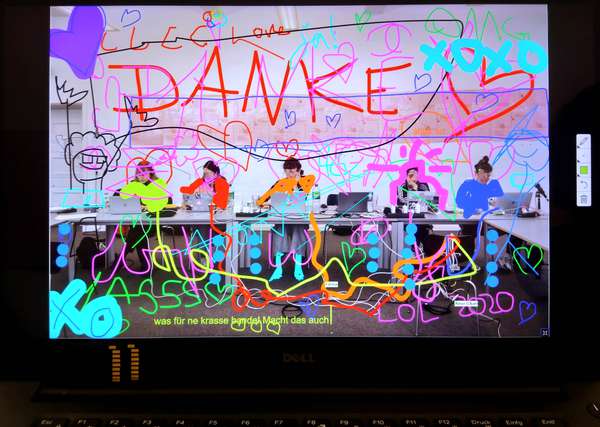
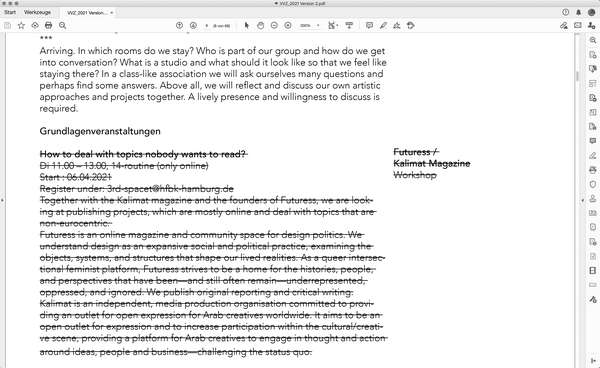
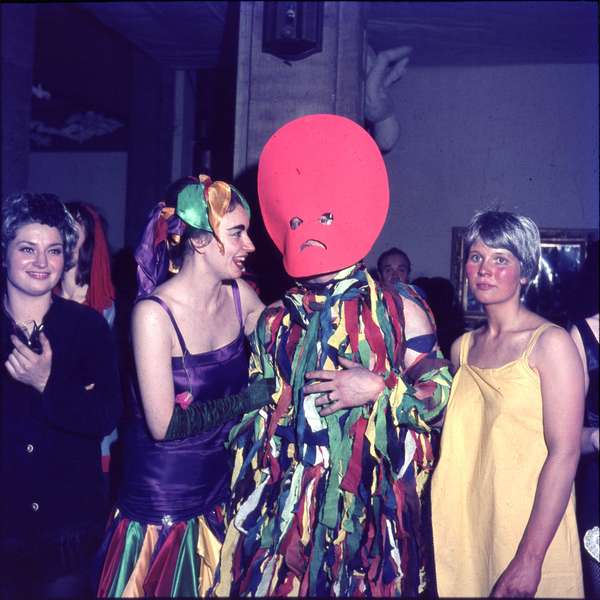
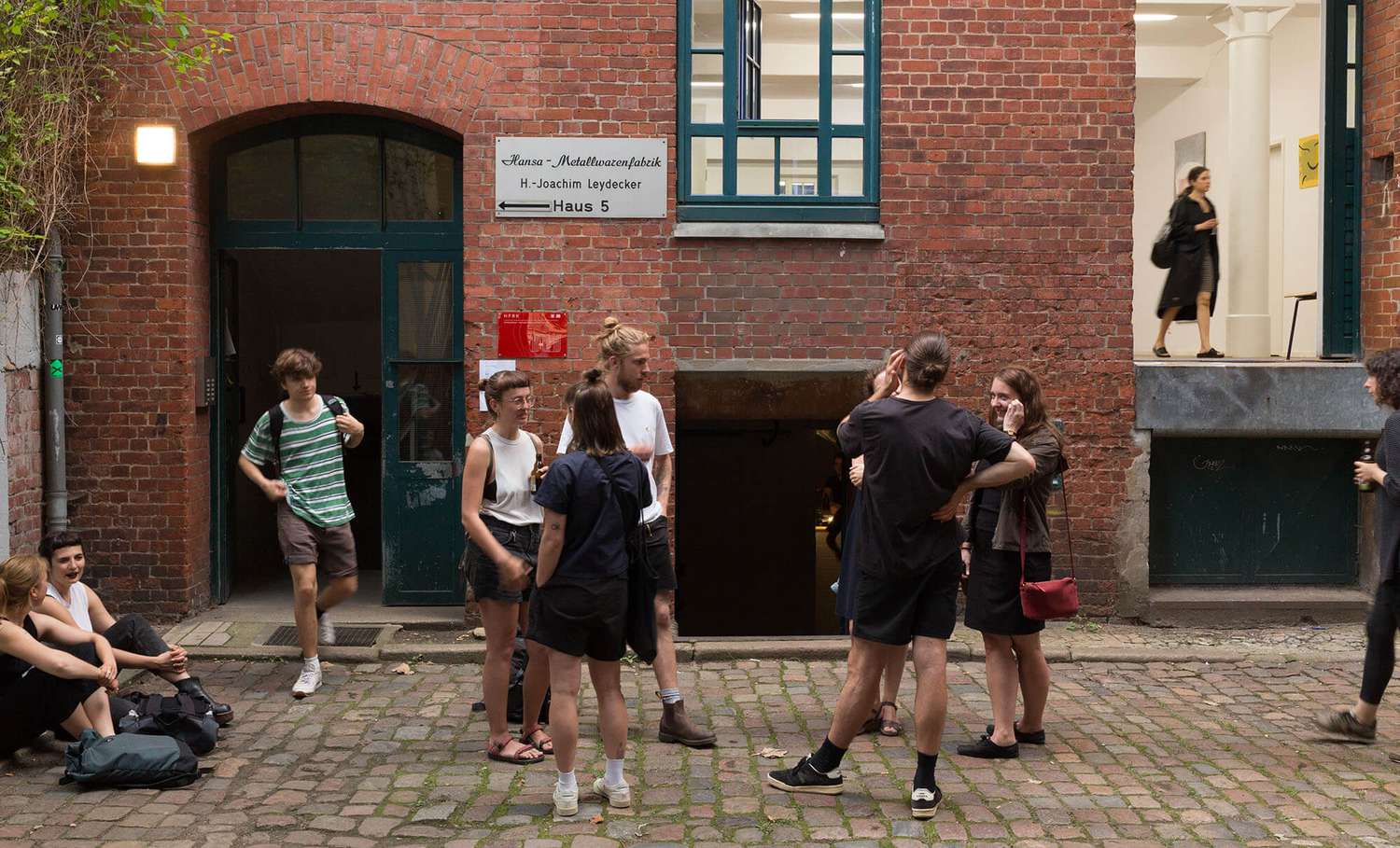
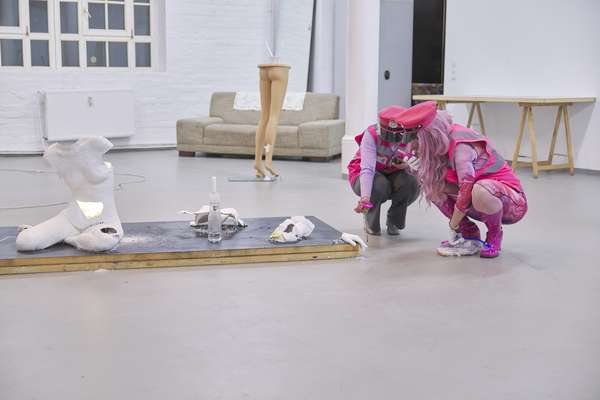
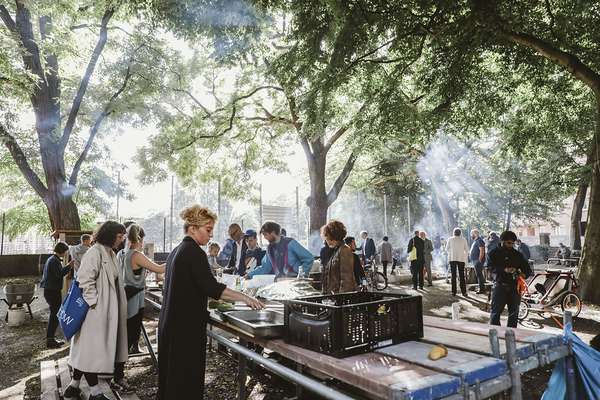
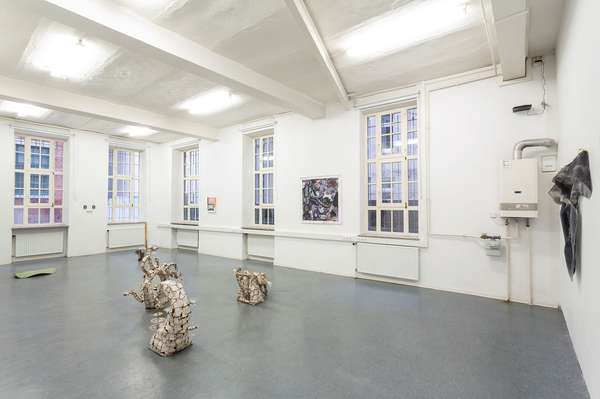
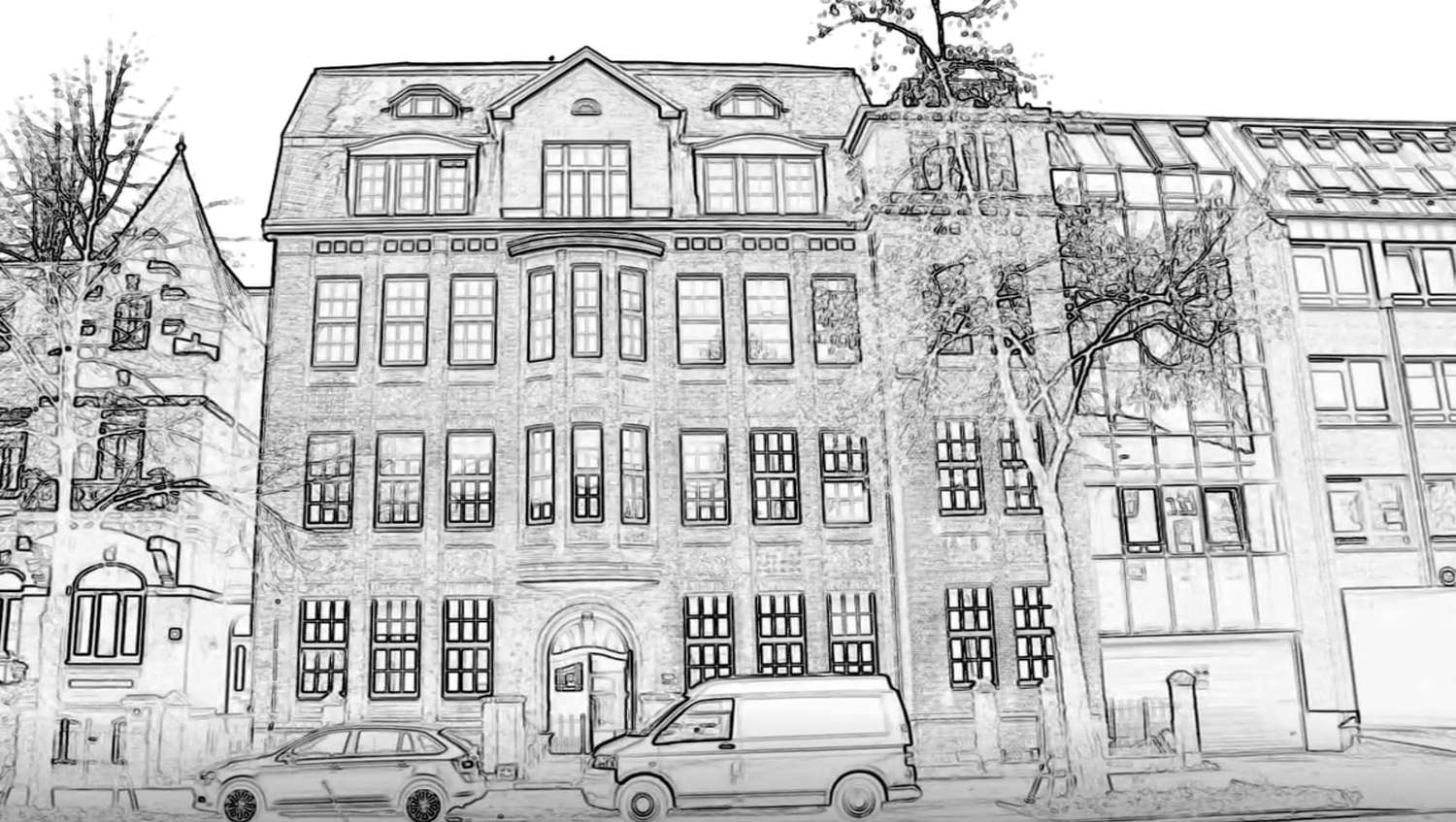
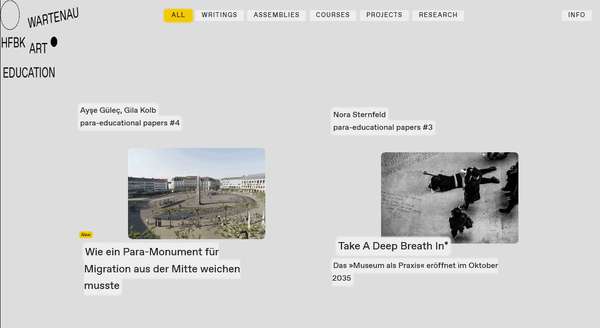
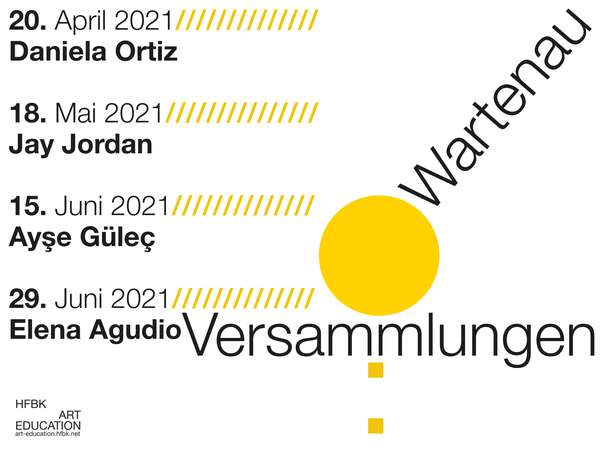
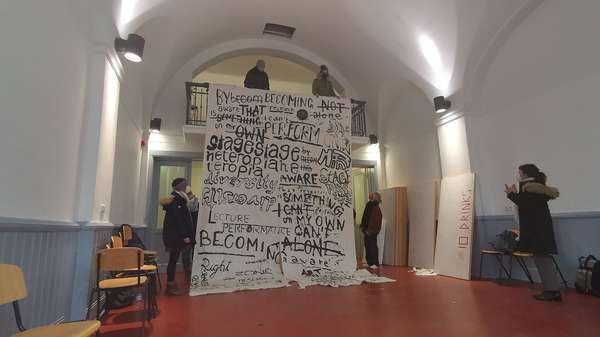
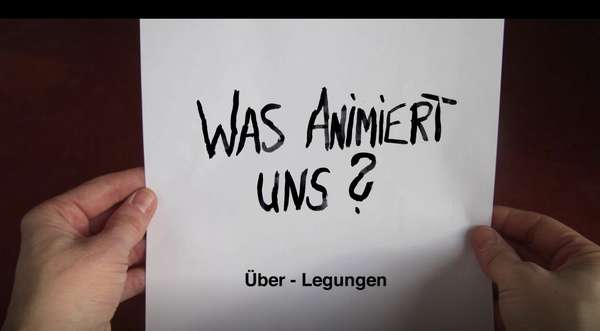
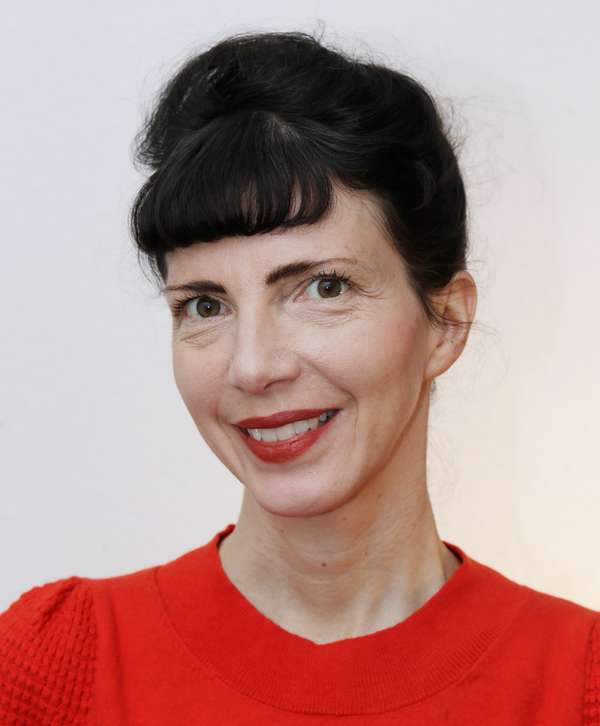
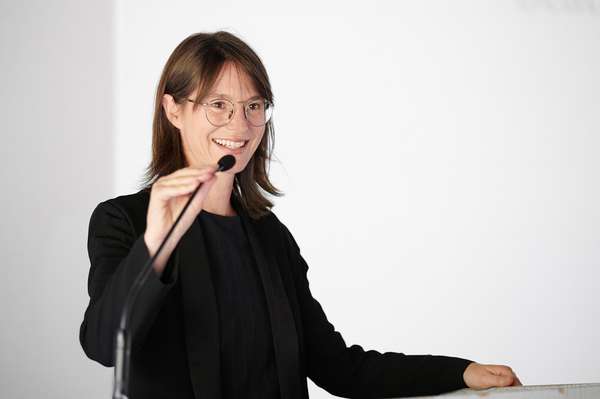
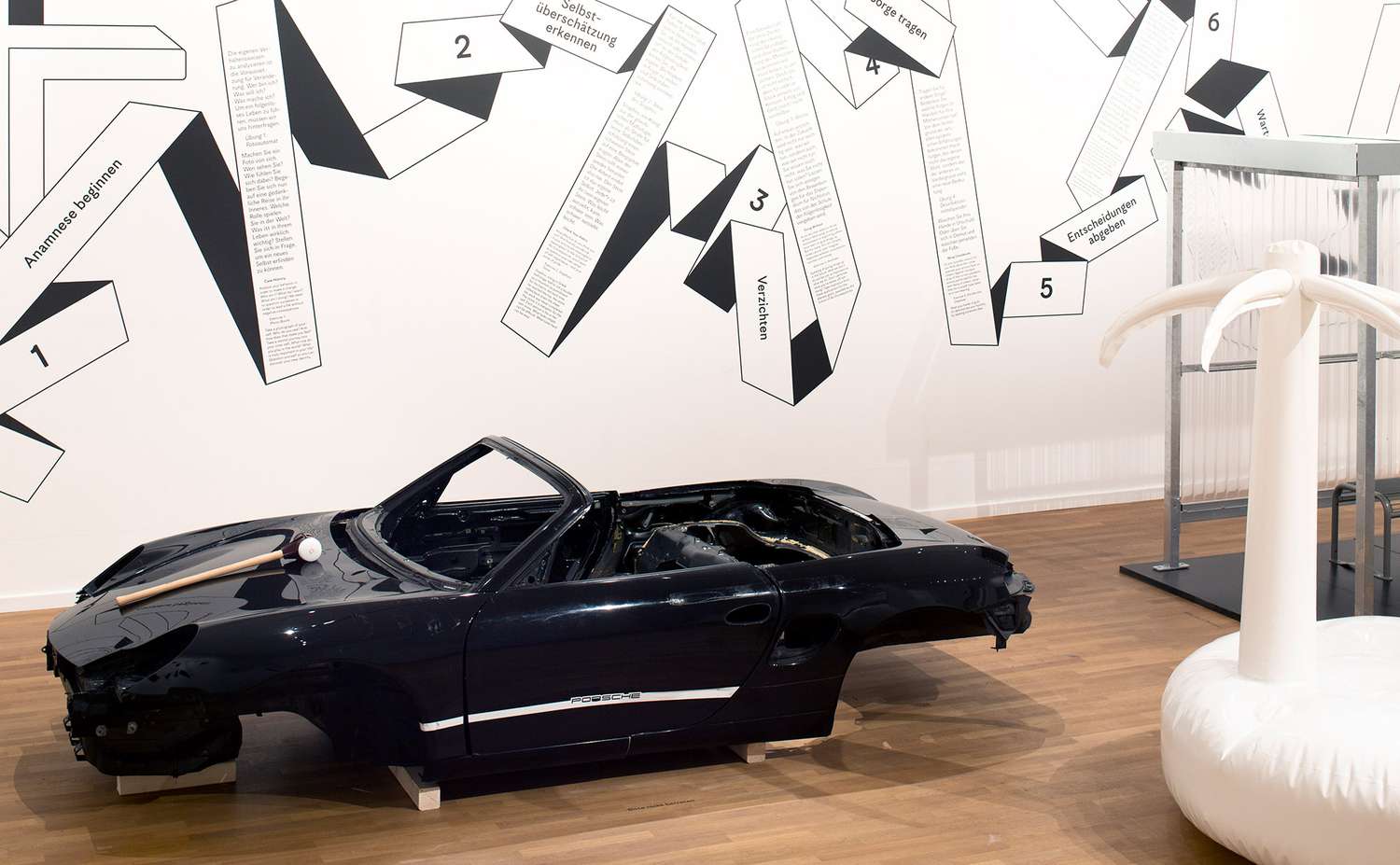
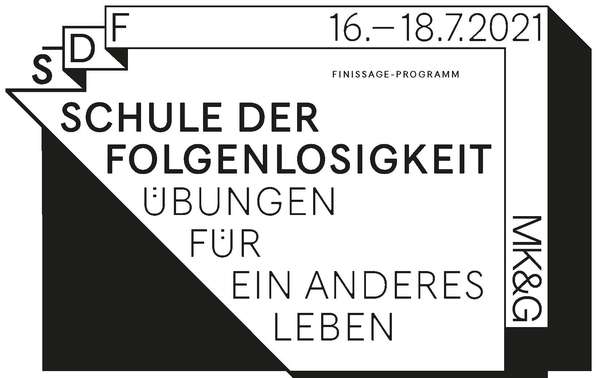
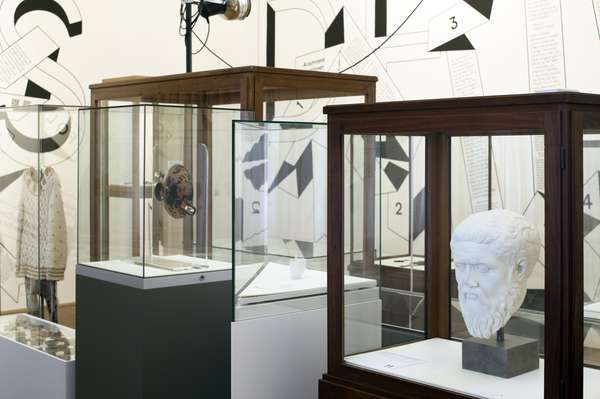
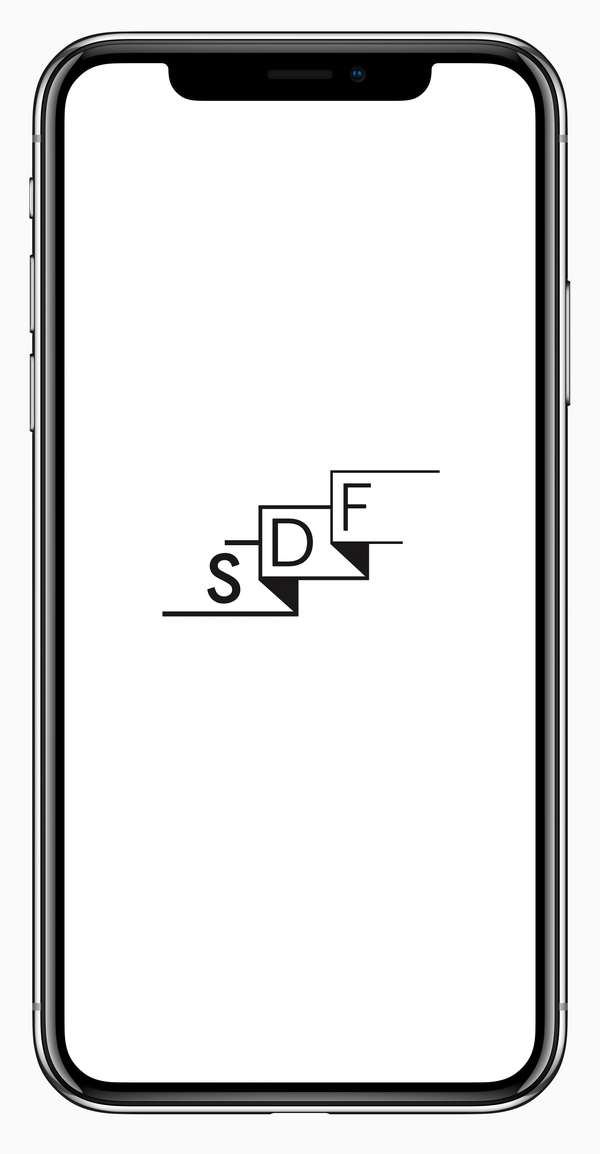
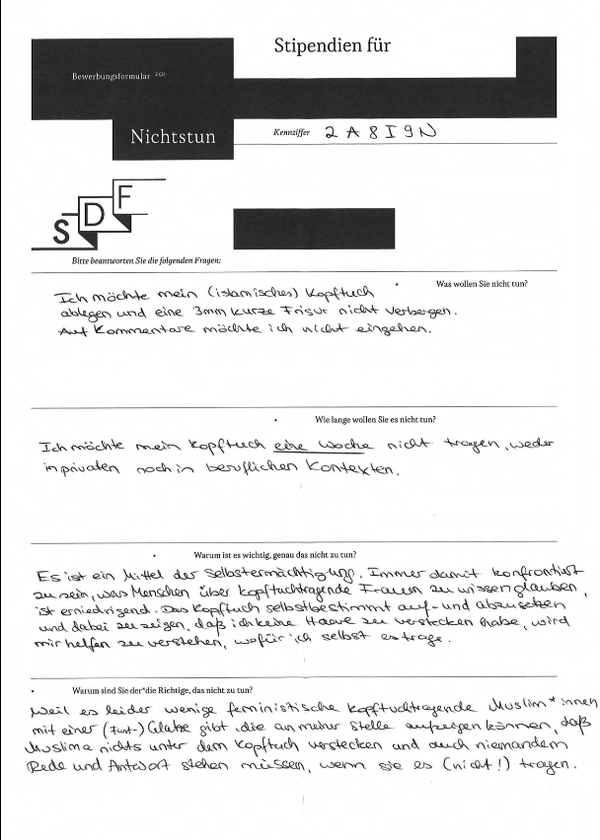
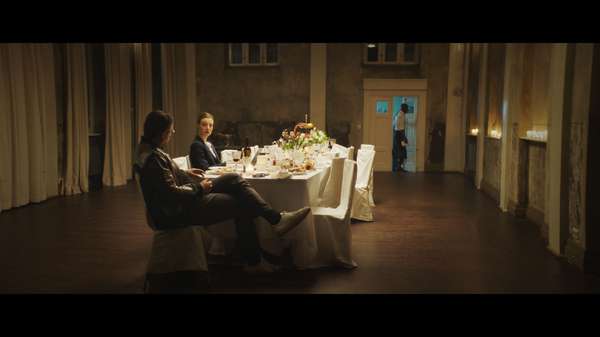
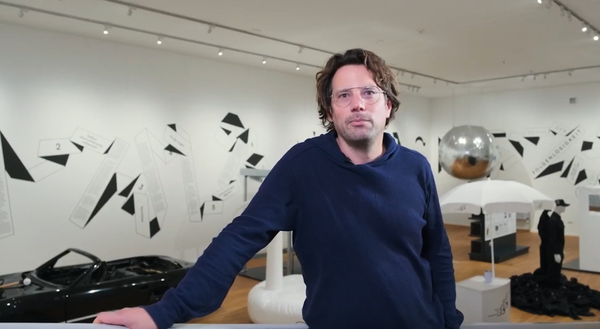
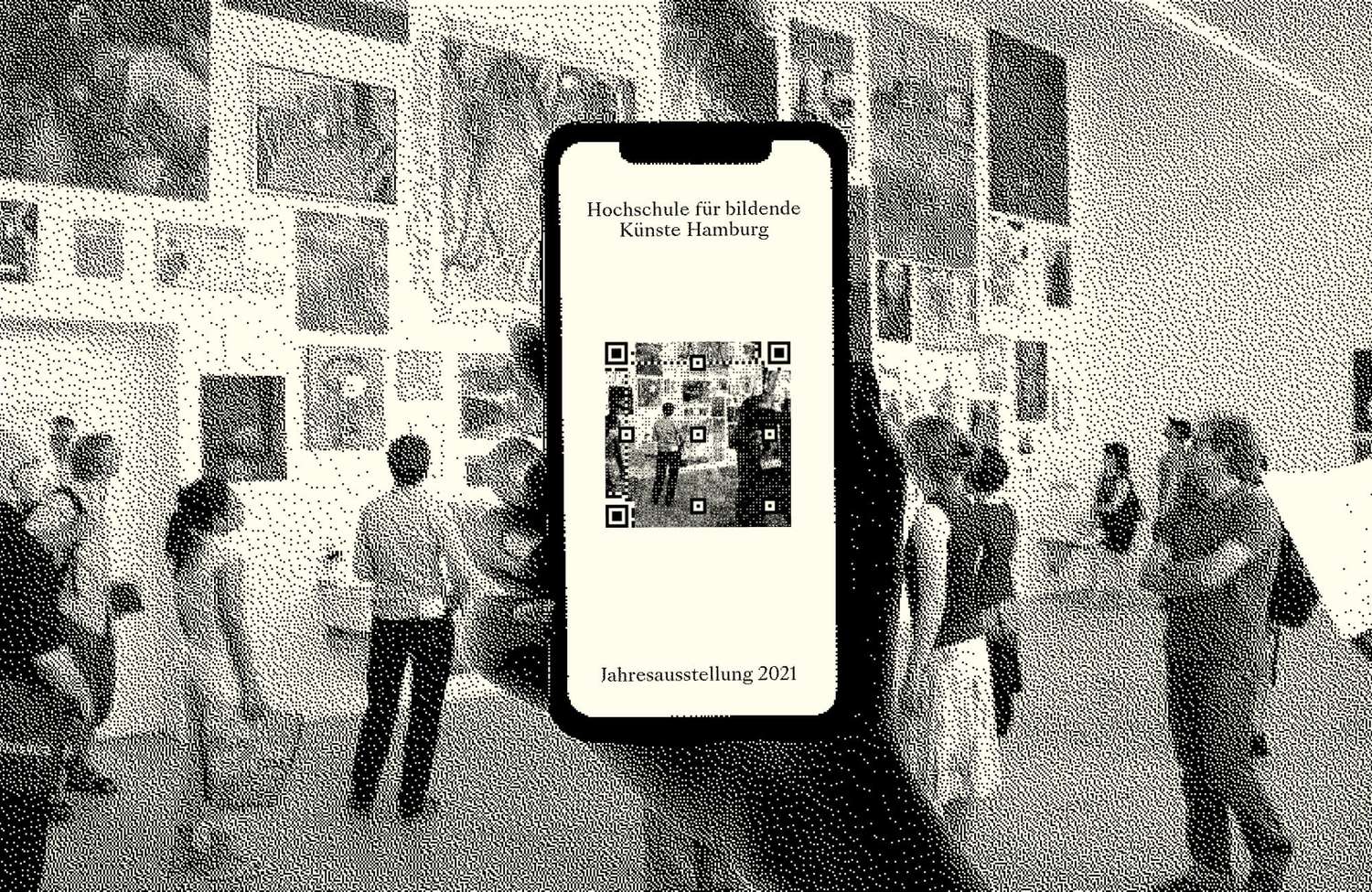
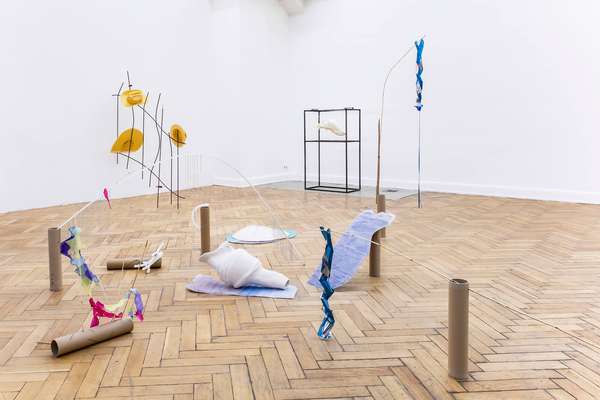
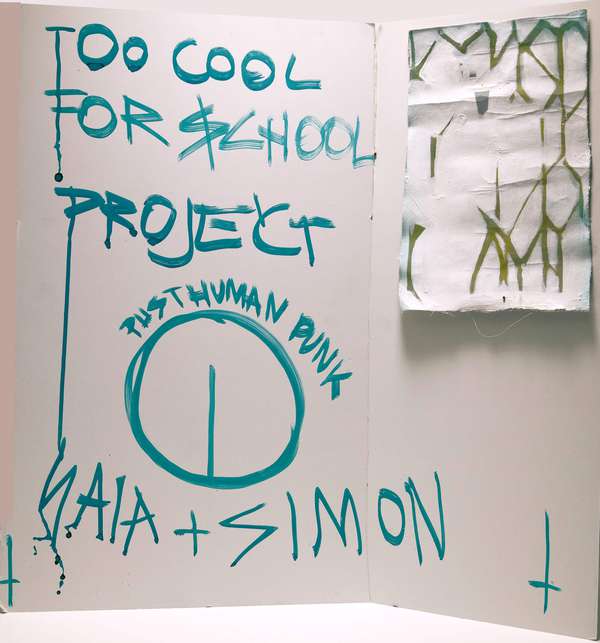
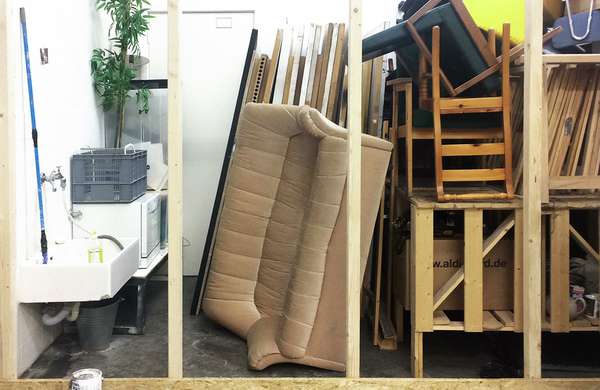

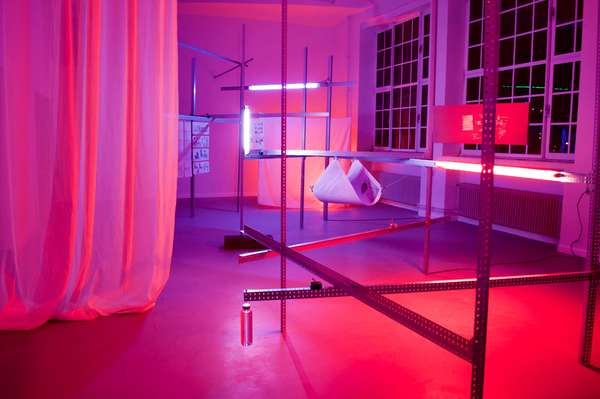
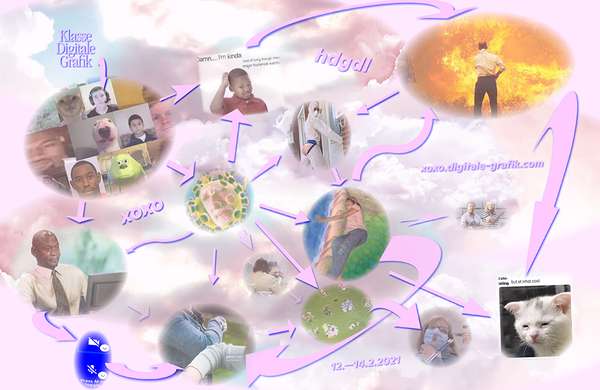
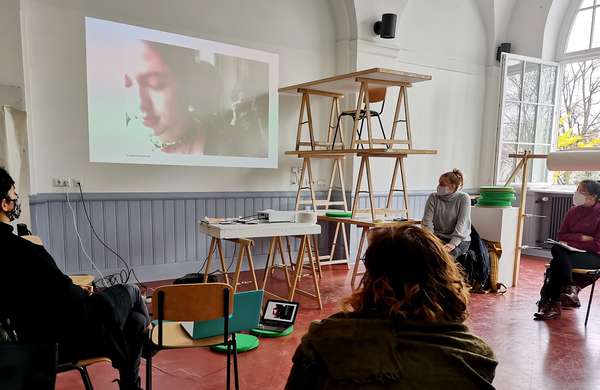
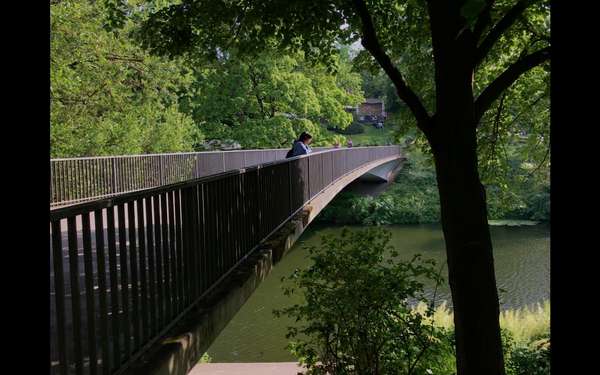
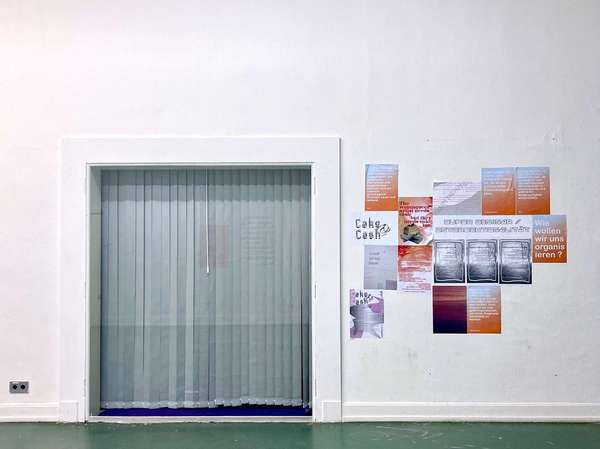
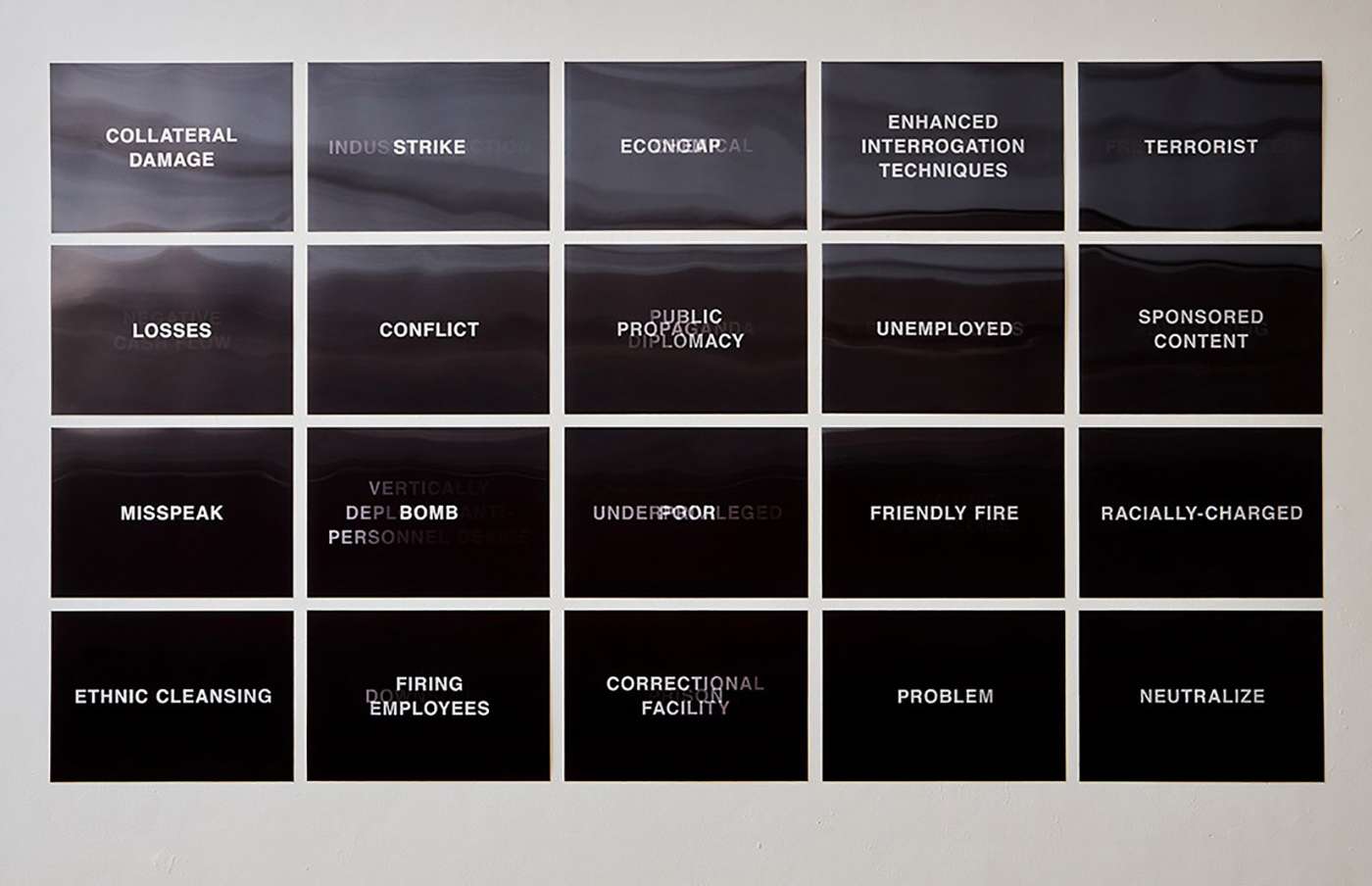
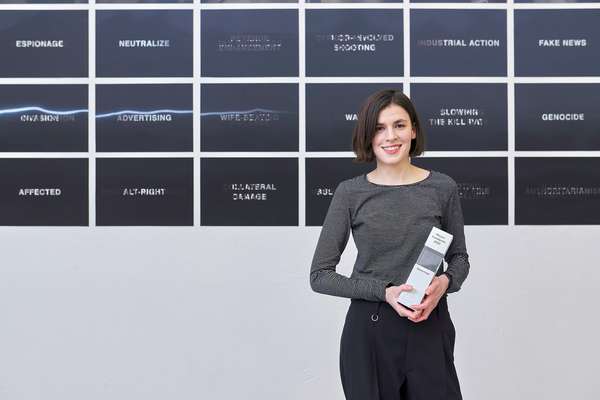
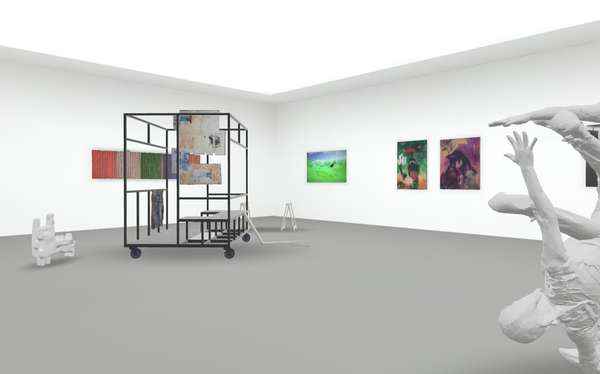
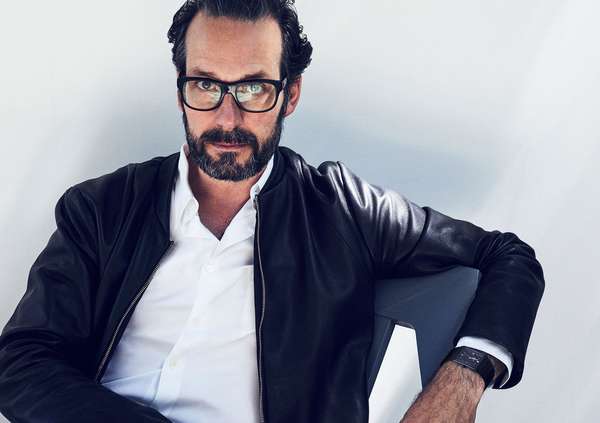
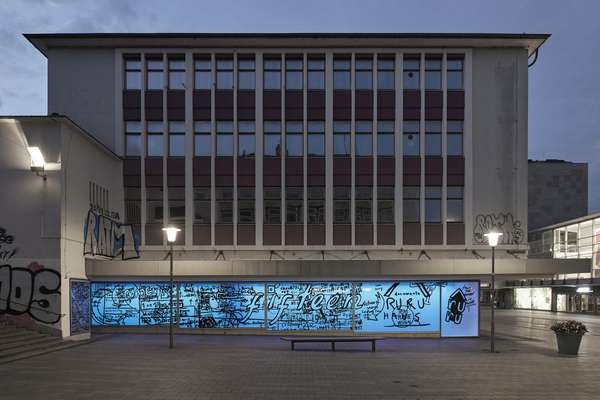
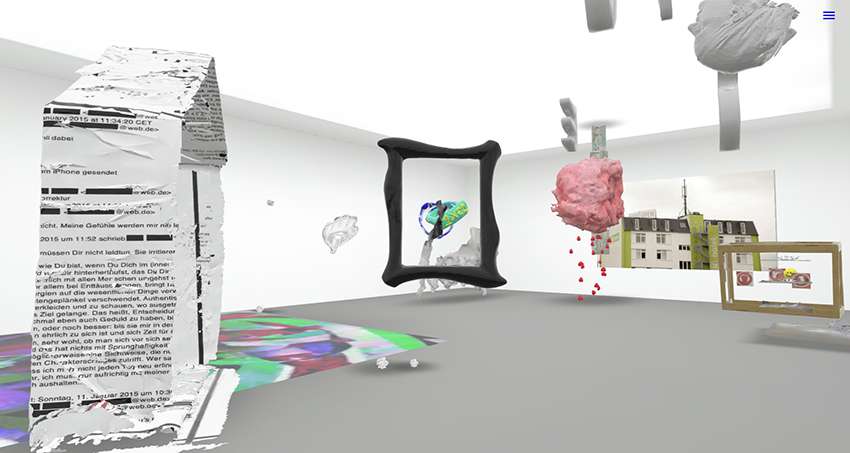
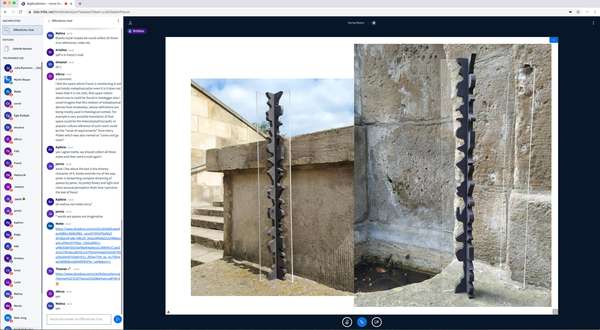
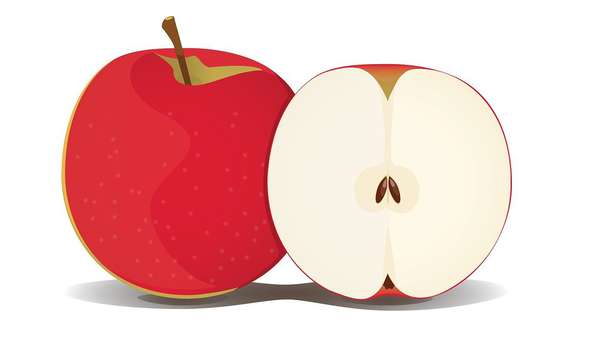
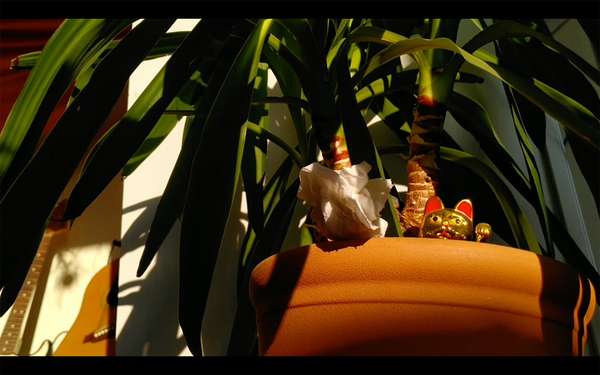
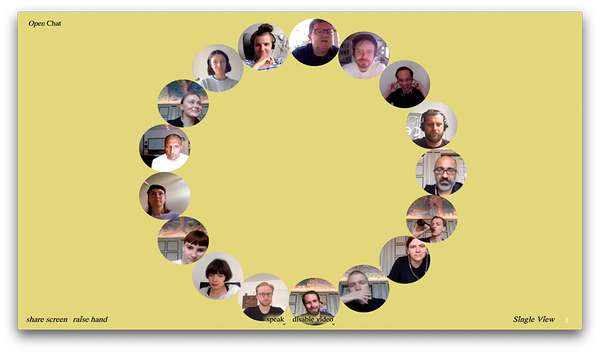
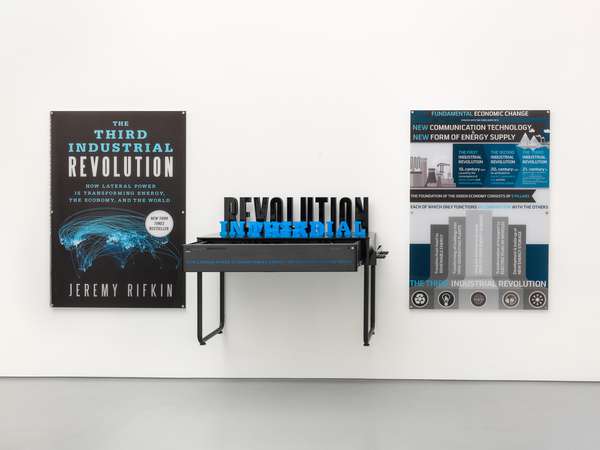
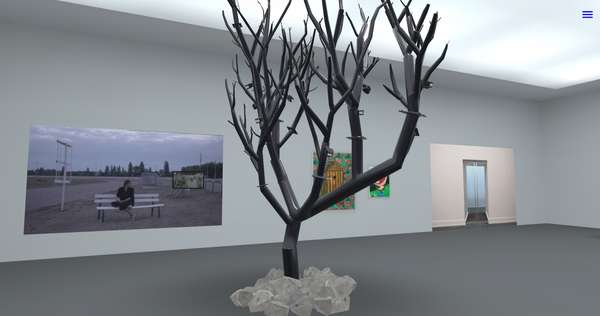
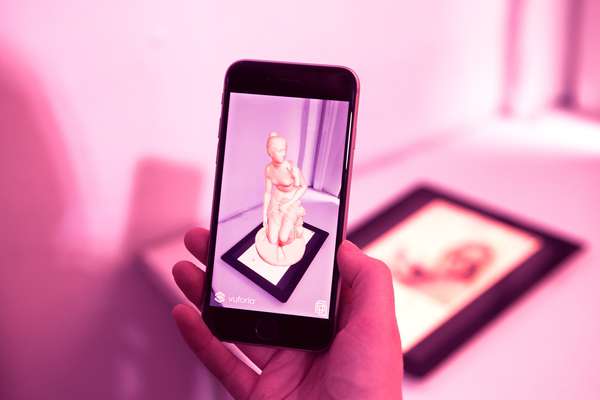
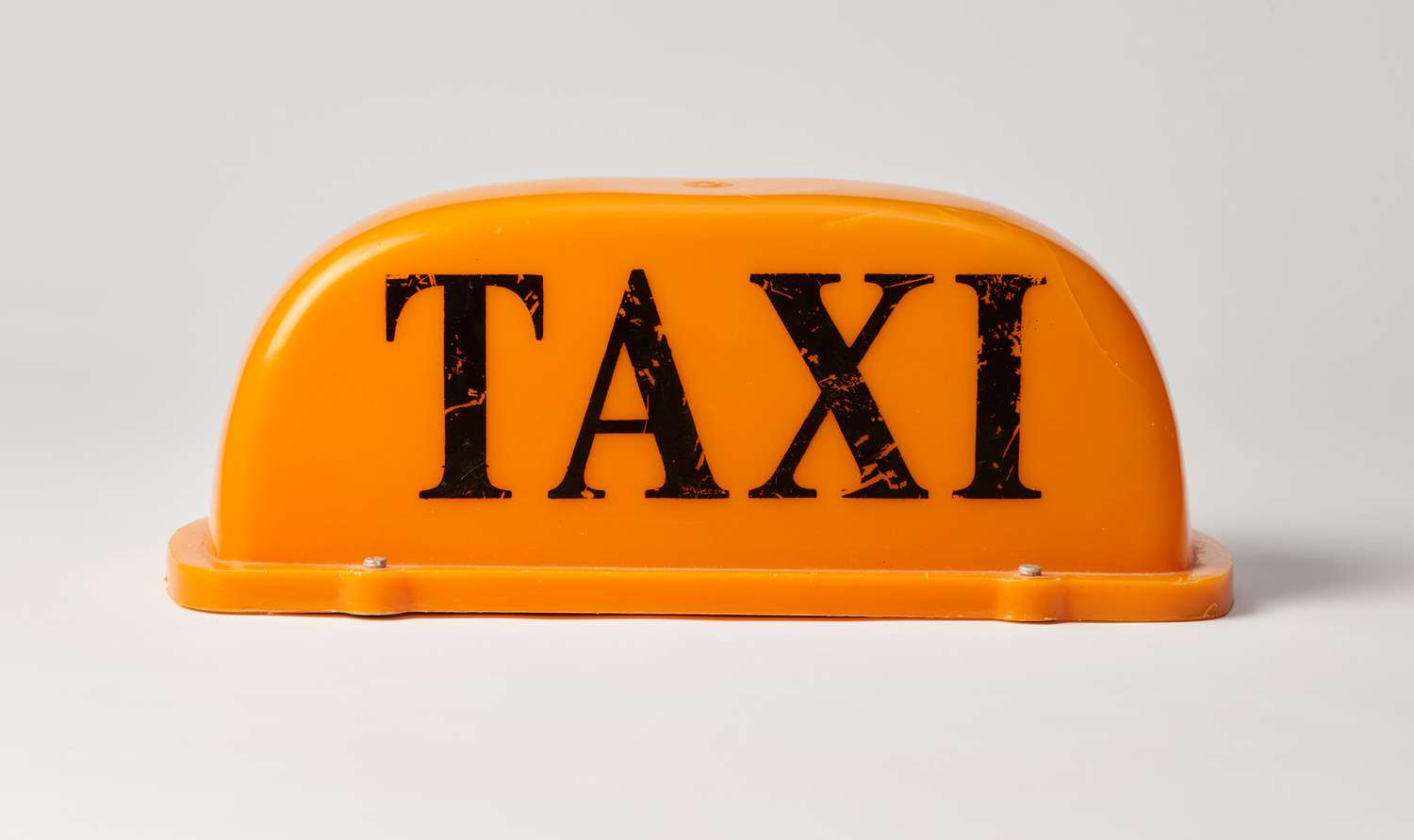
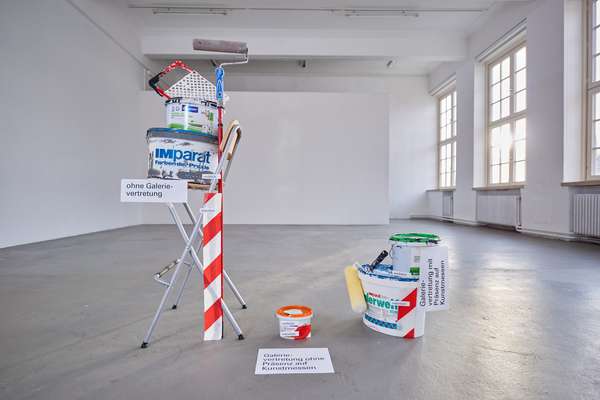
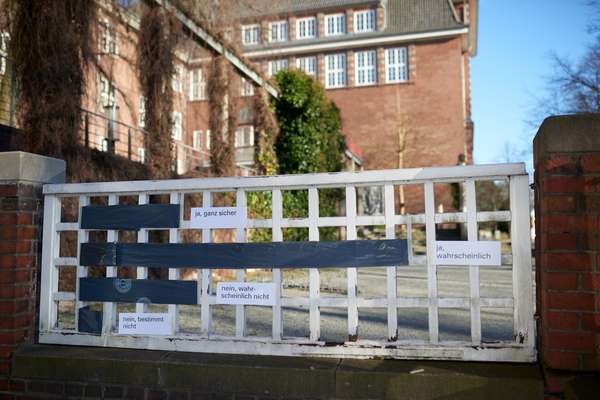
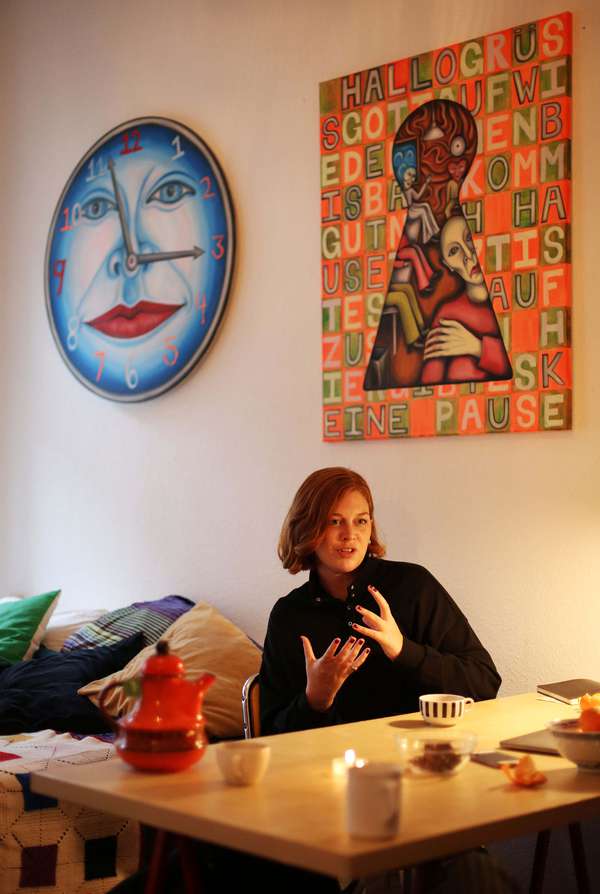
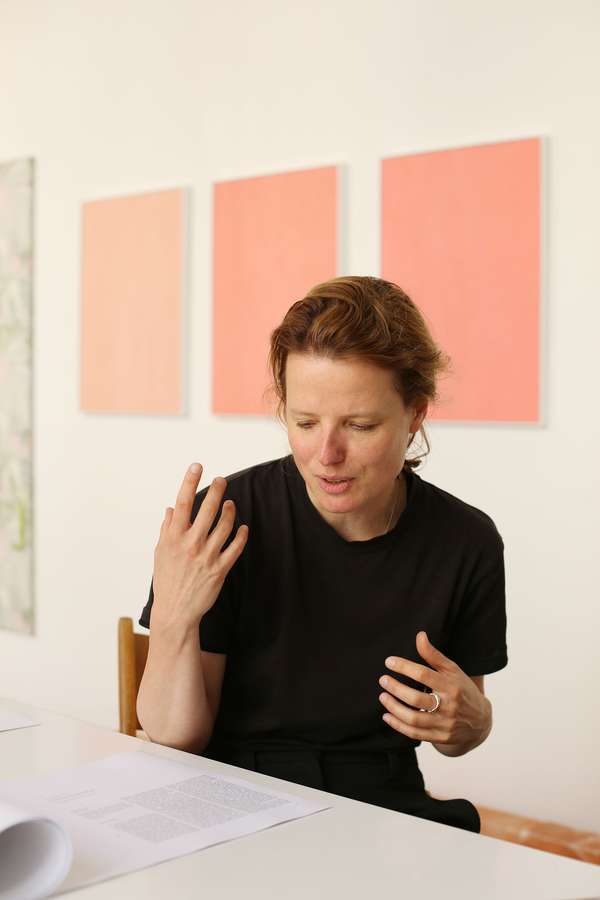
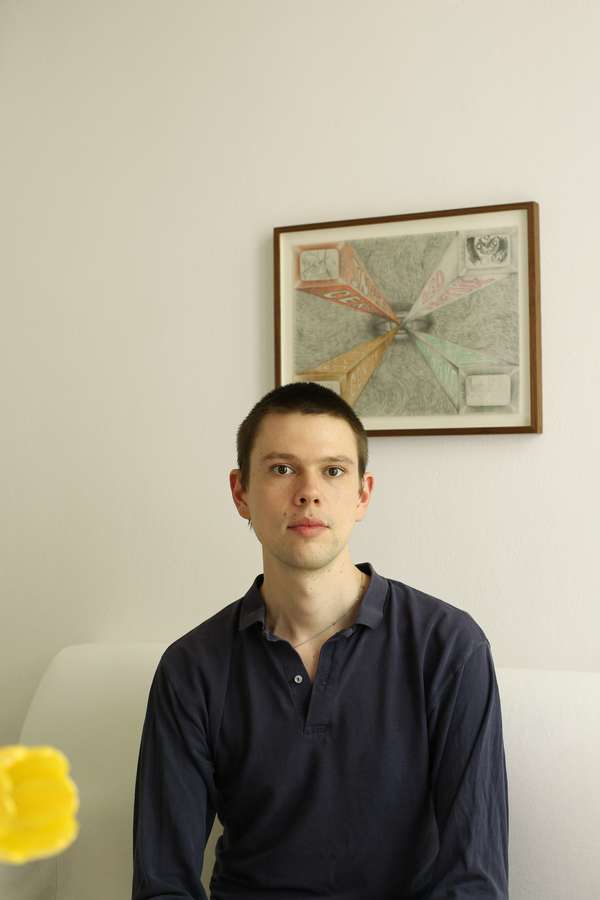
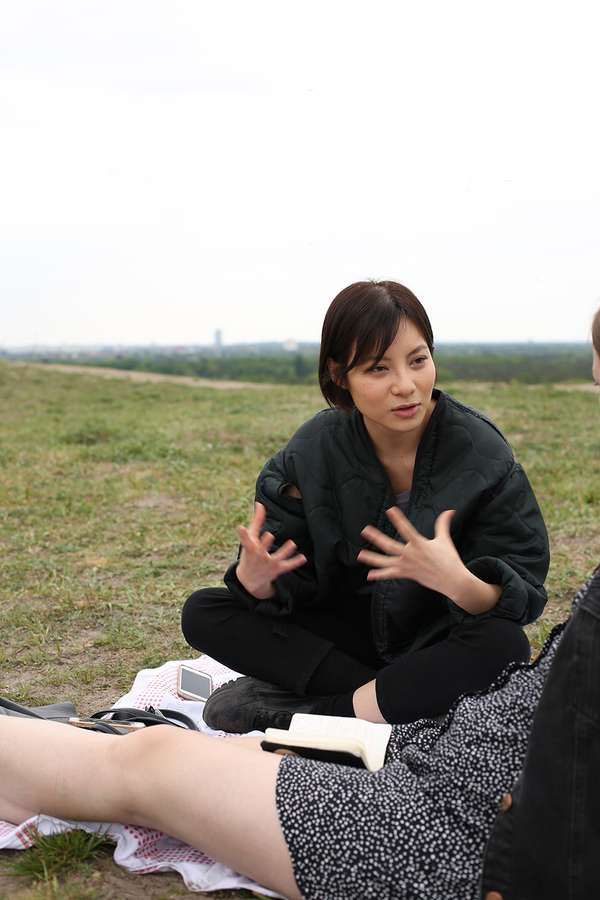
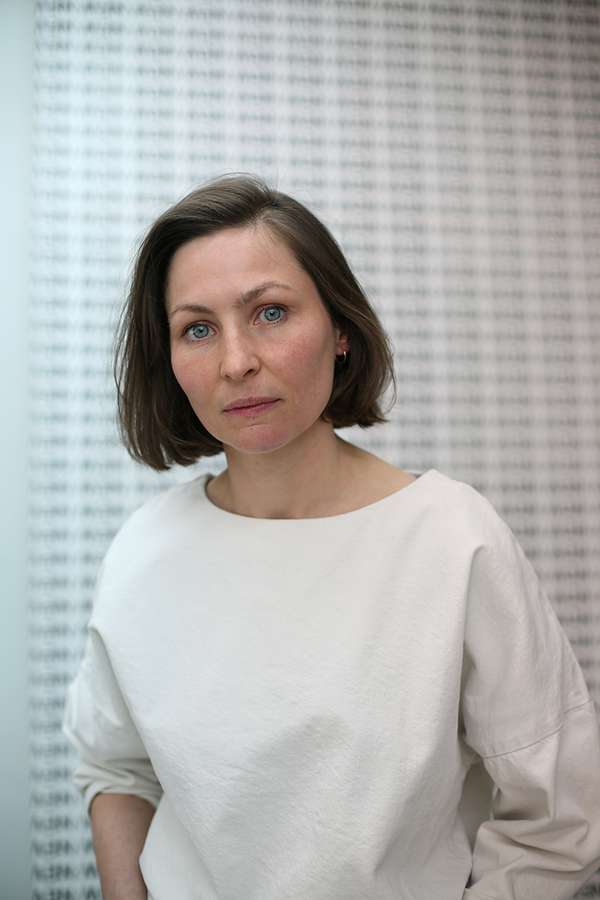
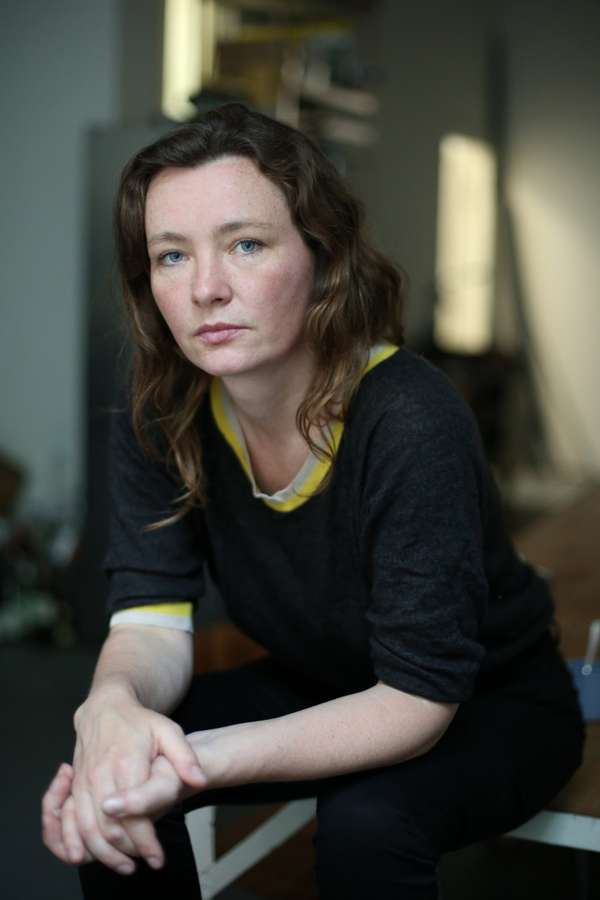
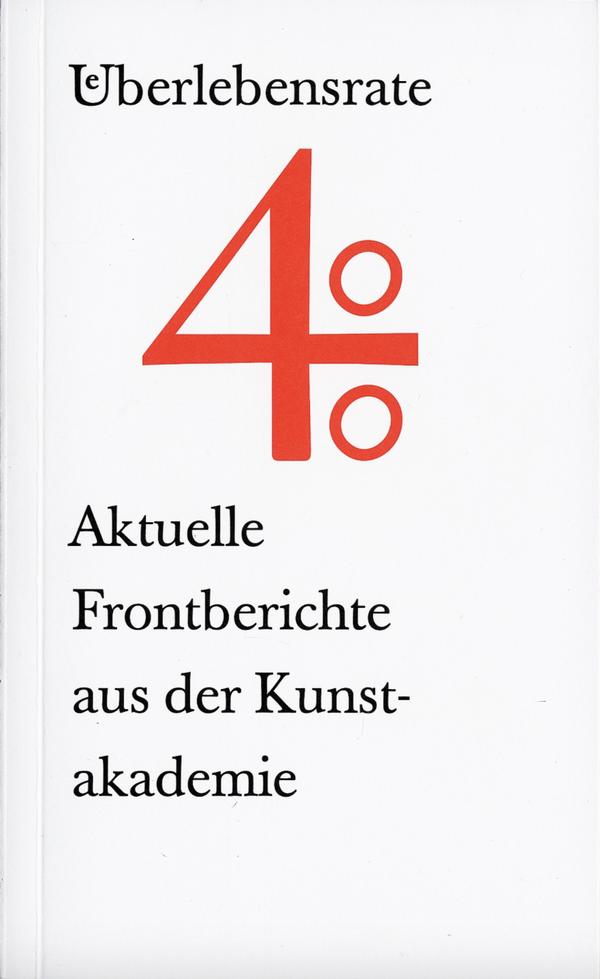
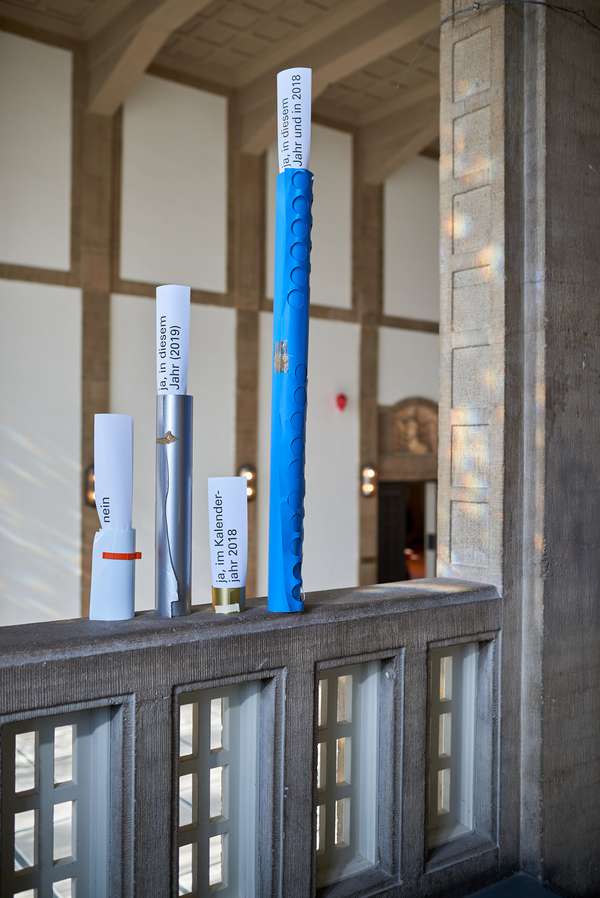
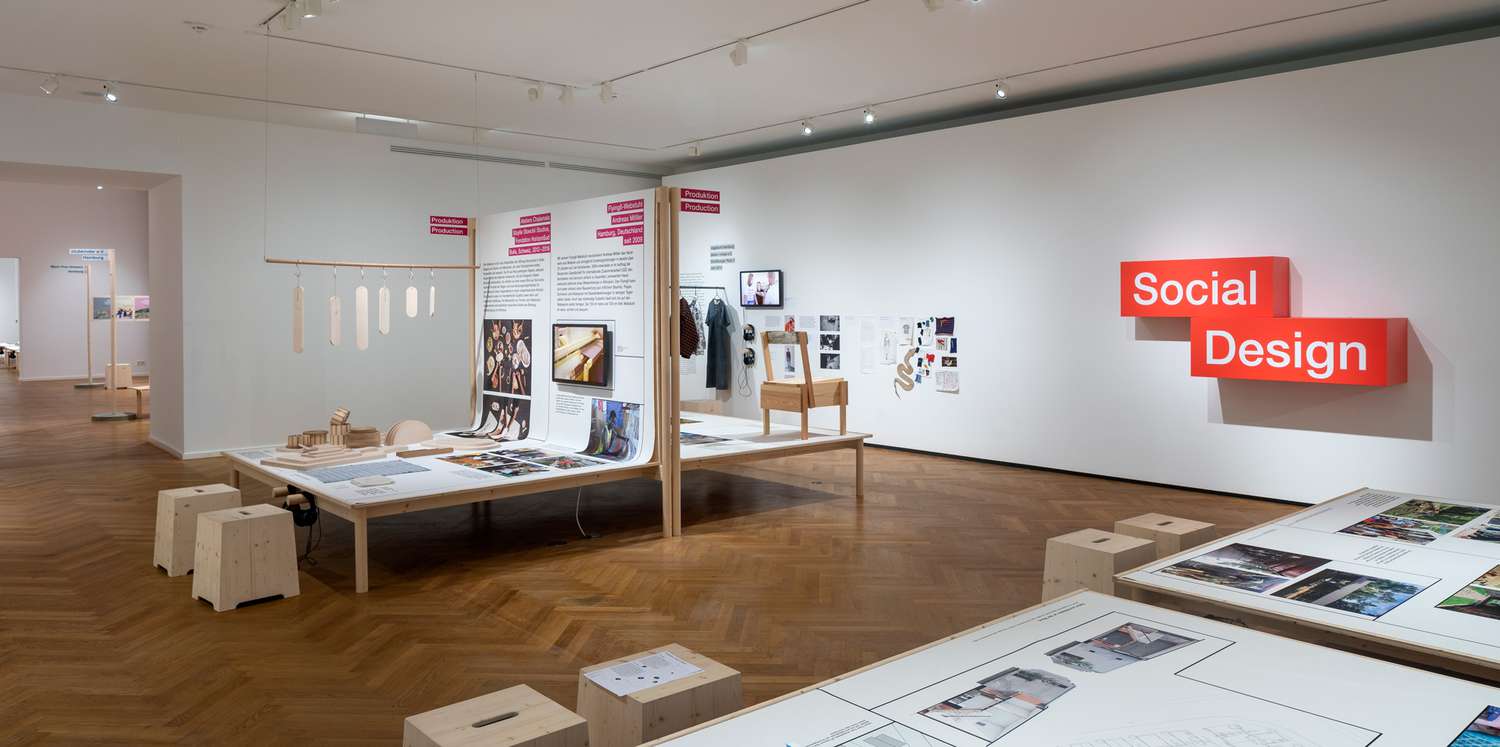
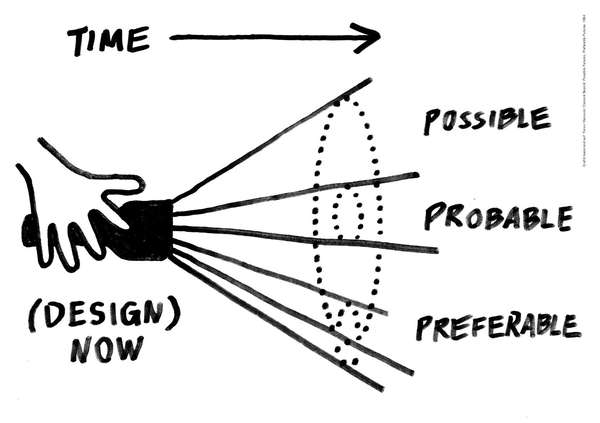
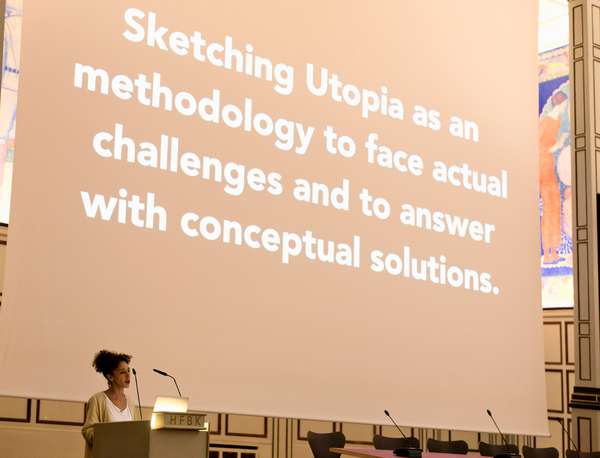
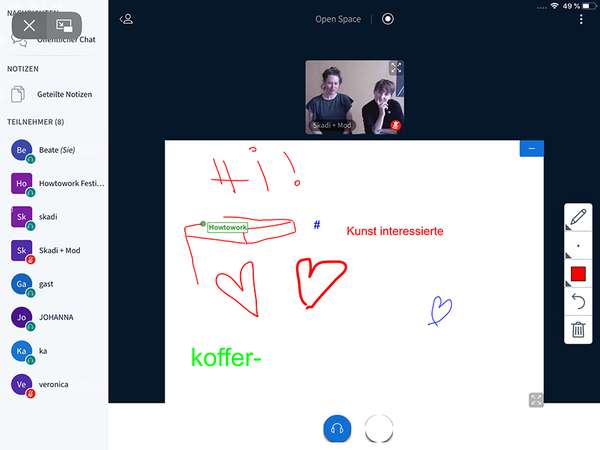
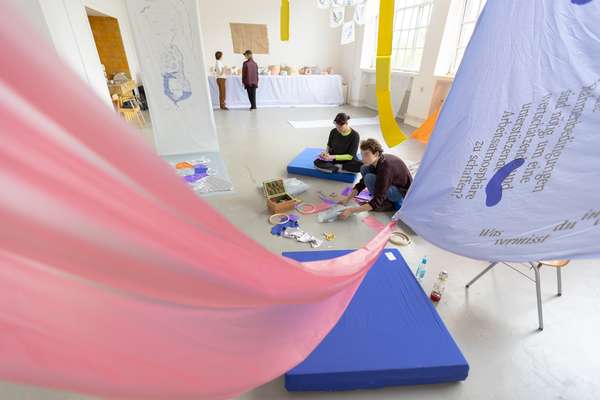
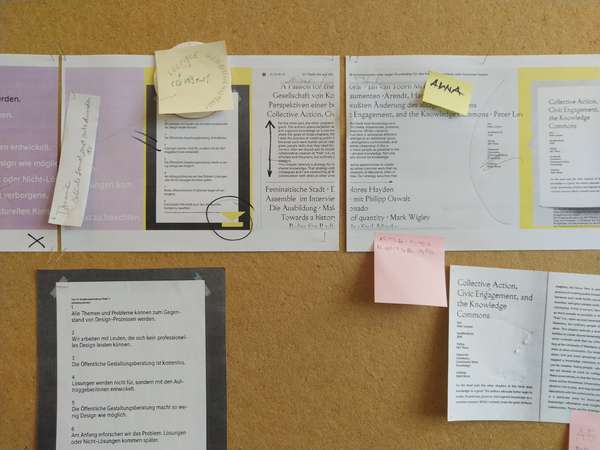
 Graduate Show 2025: Don't stop me now
Graduate Show 2025: Don't stop me now
 Long days, lots to do
Long days, lots to do
 Cine*Ami*es
Cine*Ami*es
 Redesign Democracy – competition for the ballot box of the democratic future
Redesign Democracy – competition for the ballot box of the democratic future
 Art in public space
Art in public space
 How to apply: study at HFBK Hamburg
How to apply: study at HFBK Hamburg
 Annual Exhibition 2025 at the HFBK Hamburg
Annual Exhibition 2025 at the HFBK Hamburg
 The Elephant in The Room – Sculpture today
The Elephant in The Room – Sculpture today
 Hiscox Art Prize 2024
Hiscox Art Prize 2024
 The New Woman
The New Woman
 Doing a PhD at the HFBK Hamburg
Doing a PhD at the HFBK Hamburg
 Graduate Show 2024 - Letting Go
Graduate Show 2024 - Letting Go
 Finkenwerder Art Prize 2024
Finkenwerder Art Prize 2024
 Archives of the Body - The Body in Archiving
Archives of the Body - The Body in Archiving
 New partnership with the School of Arts at the University of Haifa
New partnership with the School of Arts at the University of Haifa
 Annual Exhibition 2024 at the HFBK Hamburg
Annual Exhibition 2024 at the HFBK Hamburg
 (Ex)Changes of / in Art
(Ex)Changes of / in Art
 Extended Libraries
Extended Libraries
 And Still I Rise
And Still I Rise
 Let's talk about language
Let's talk about language
 Graduate Show 2023: Unfinished Business
Graduate Show 2023: Unfinished Business
 Let`s work together
Let`s work together
 Annual Exhibition 2023 at HFBK Hamburg
Annual Exhibition 2023 at HFBK Hamburg
 Symposium: Controversy over documenta fifteen
Symposium: Controversy over documenta fifteen
 Festival and Symposium: Non-Knowledge, Laughter and the Moving Image
Festival and Symposium: Non-Knowledge, Laughter and the Moving Image
 Solo exhibition by Konstantin Grcic
Solo exhibition by Konstantin Grcic
 Art and war
Art and war
 Graduate Show 2022: We’ve Only Just Begun
Graduate Show 2022: We’ve Only Just Begun
 June is full of art and theory
June is full of art and theory
 Finkenwerder Art Prize 2022
Finkenwerder Art Prize 2022
 Nachhaltigkeit im Kontext von Kunst und Kunsthochschule
Nachhaltigkeit im Kontext von Kunst und Kunsthochschule
 Raum für die Kunst
Raum für die Kunst
 Annual Exhibition 2022 at the HFBK
Annual Exhibition 2022 at the HFBK
 Conference: Counter-Monuments and Para-Monuments.
Conference: Counter-Monuments and Para-Monuments.
 Diversity
Diversity
 Live und in Farbe: die ASA Open Studios im Juni 2021
Live und in Farbe: die ASA Open Studios im Juni 2021
 Unlearning: Wartenau Assemblies
Unlearning: Wartenau Assemblies
 School of No Consequences
School of No Consequences
 Annual Exhibition 2021 at the HFBK
Annual Exhibition 2021 at the HFBK
 Semestereröffnung und Hiscox-Preisverleihung 2020
Semestereröffnung und Hiscox-Preisverleihung 2020
 Teaching Art Online at the HFBK
Teaching Art Online at the HFBK
 HFBK Graduate Survey
HFBK Graduate Survey
 How political is Social Design?
How political is Social Design?